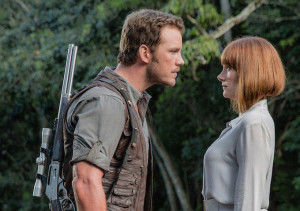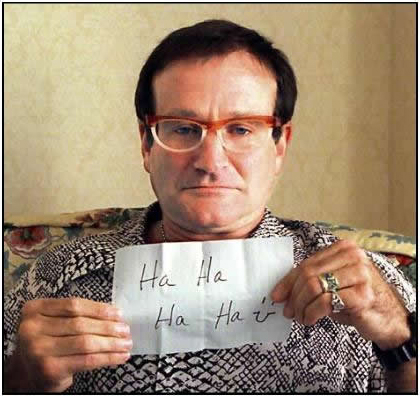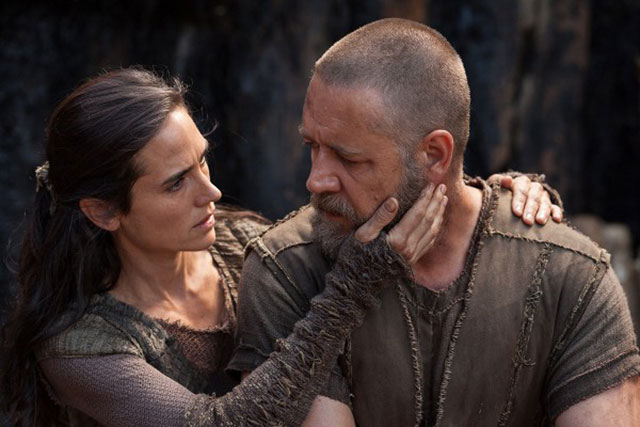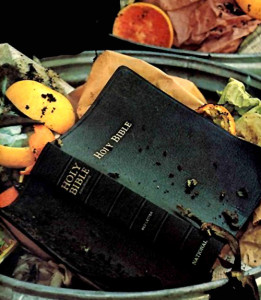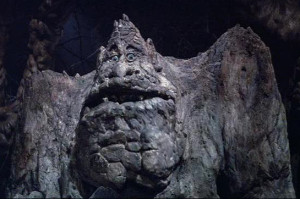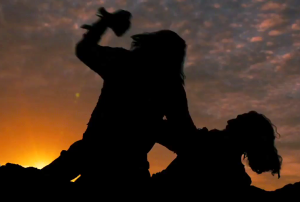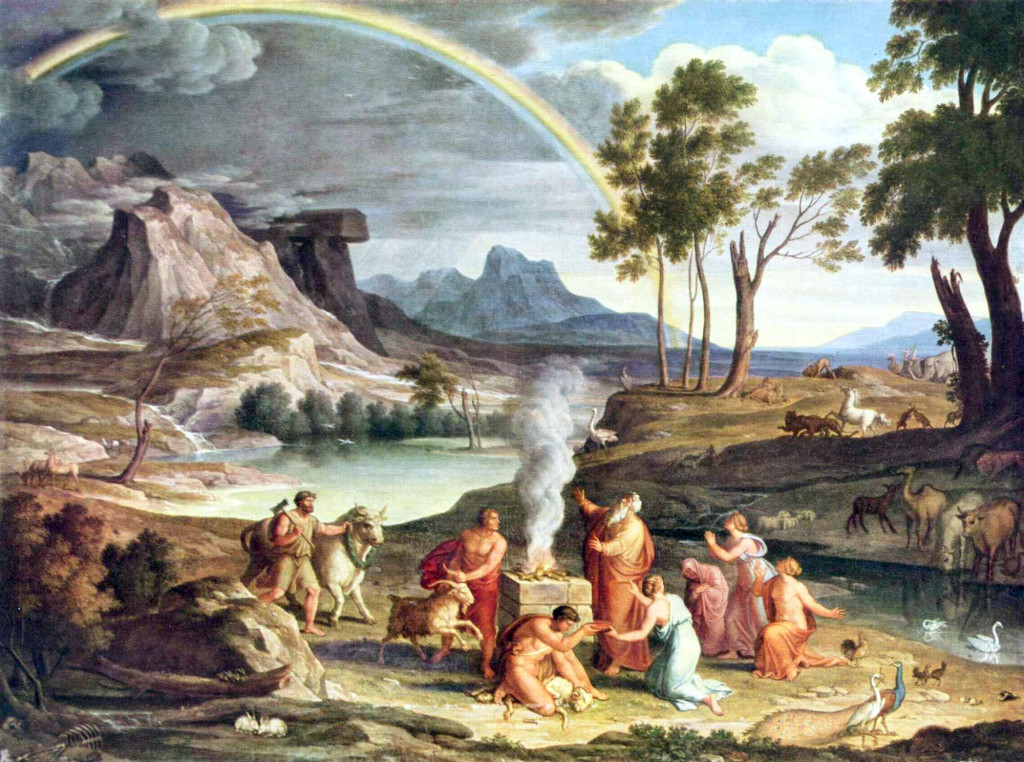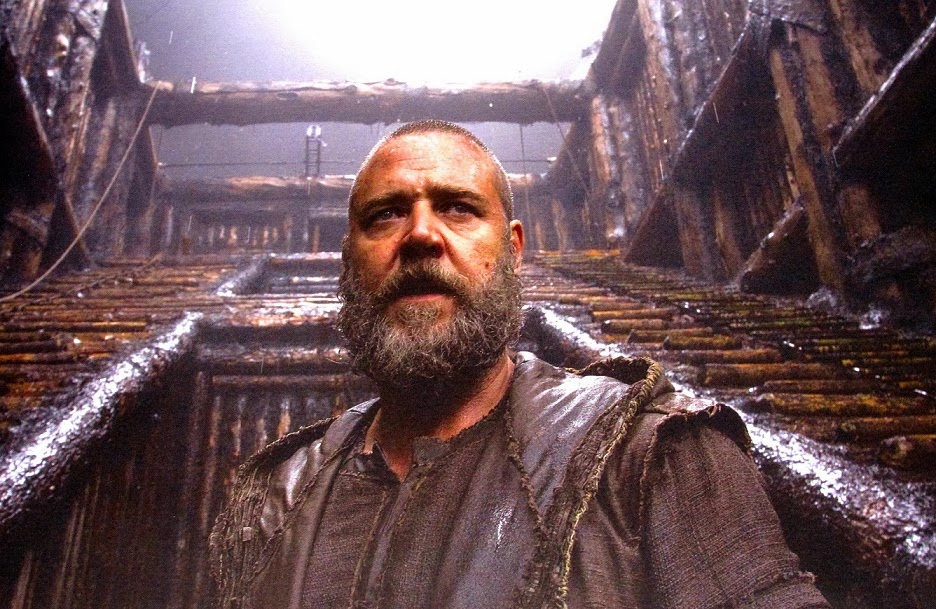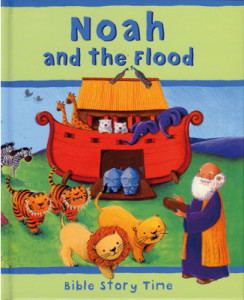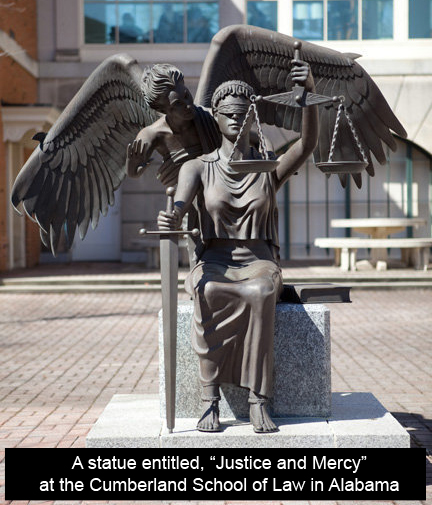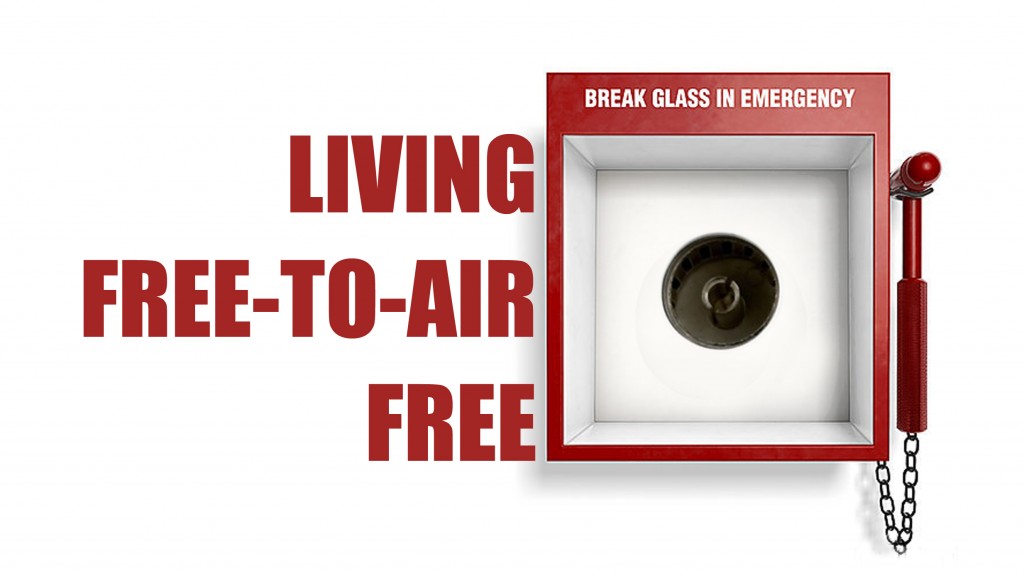
I’ll never forget how my Year 10 Media Studies teacher described television: “TV is a series of programs to keep you watching in between the commercials.” It may have been a bit of a cynical view (I’m sure there are many artistic purists in the television industry), but from that point on I began noticing how much advertising was on television.
 An average prime-time show on tv has about 20 minutes of advertising PER HOUR! That means 1/3 of your viewing time is filled with companies telling you that you need to buy their product or service. That is why “free-to-air” TV is not really free. You have to pay in time and brain space as your mind is filled with messages of materialism, greed, dissatisfaction and the woes of “first world problems”. And the hope is that you will continue to pay when you step into your nearest shopping centre or drive past your local car yard. If the marketplace was a church, then TV commercials are their never-ending sermon!
An average prime-time show on tv has about 20 minutes of advertising PER HOUR! That means 1/3 of your viewing time is filled with companies telling you that you need to buy their product or service. That is why “free-to-air” TV is not really free. You have to pay in time and brain space as your mind is filled with messages of materialism, greed, dissatisfaction and the woes of “first world problems”. And the hope is that you will continue to pay when you step into your nearest shopping centre or drive past your local car yard. If the marketplace was a church, then TV commercials are their never-ending sermon!
For many years I wanted to try an experiment… to live “free-to-air” free. I realised that free-to-air tv did not hold much interest for me. This was not always the case. When I was young, it was a real family treat to sit down and watch “Hey, Hey it’s Saturday” or “Murder She Wrote” or even “Neighbours” when it first came out. But over the years, as more and more “reality television” shows filled the time slots and it became easier to purchase tv series that I liked on DVD, I came to realise what tv had become in my life – Plonkvision. It was the thing I turned on in the morning as I had my breakfast and it was the thing I turned on when I came home from school or Uni or work as I plonked on the couch. It was mindless background noise.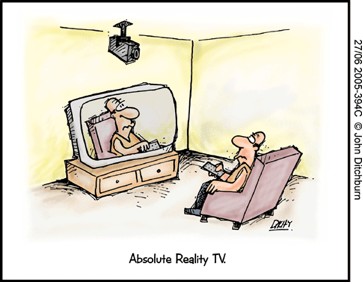
I wondered what my life would be like if I didn’t have free to air tv. I wasn’t so radical as to consider getting rid of the tv altogether. No way! My dad had brought me up on a staple diet of classic movies and my love for cinema is something I really enjoyed. IÂ also had purchased a playstation 3 and a nice tv, so the bold move of getting rid of all that was probably not on my radar! But I did muse about whether I really needed the aerial. That little cord that connected me to the plonkvision world of two thirds reality tv and one third commercials. Would I really miss it?
Well, at the beginning of 2012, as I was moving into the apartment where my soon-to-be wife and I would live, I asked my then-fiance Cat what she thought of the idea. She liked it, as she also wasn’t really interested in tv shows other than the ones she had on DVD (which she had heaps of). So when we got married on the 21st of January 2012, we tried it as an experiment. It has been 16 months since then, and I thought I might share some of our findings so far.
1. IT’S NOT EASY TO WEAN OFF IT.
Despite the fact that I didn’t really have an interest in the actual shows on tv, I discovered that I had developed a habit of turning on the plonkvision whenever I had some down-time. In the first few days I literally became anxious and agitated, like a smoker trying to give up nicotine. And really, that’s what had happened – I had become addicted to free-to-air tv.
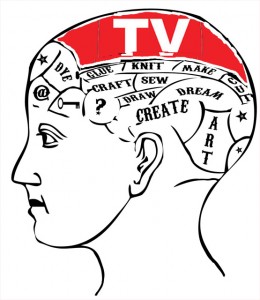 The consistent practice of turning on the tv when I got home and plonked on the couch had trained my brain to expect that stimulus. It became a soothing and relaxing practise. A way of winding down. Not because of any content that was on the tv – that was almost incidental – but it was the action itself, the bright colours and the familiar noise of brainless programs and commercial that my brain had grown dependant on.
The consistent practice of turning on the tv when I got home and plonked on the couch had trained my brain to expect that stimulus. It became a soothing and relaxing practise. A way of winding down. Not because of any content that was on the tv – that was almost incidental – but it was the action itself, the bright colours and the familiar noise of brainless programs and commercial that my brain had grown dependant on.
So initially, when I took it away, my brain craved it like a baby crying out for its security blanket. I was actually surprised by this at first, as I hadn’t realised it had become such a habit in my life. But my commitment to the experiment forced me to find other things to do. Fortunately, I loved to play the piano, practise magic tricks, write blogs and do lots of other things that relax me, and those other hobbies were not filled with commercials! Imagine if they were. Imagine if every 6 minutes of me playing the piano, someone came into my house and told me to buy stuff for 3 minutes and then left for another 6 minutes or so. What hell that would be!
Weaning off free-to-air tv has helped me develop lots of other healthier and less time-wasting ways of relaxing. I still plonk for an hour or so at the end of the day, which is a habit I also may need to break (especially when I have kids), but there are other reasons why I am glad I don’t use free-to-air tv to do it.
2. CHOICE RATHER THAN DISCOVERY
The main benefit that I have found in living “fre-to-air” free, is this one powerful reality: If I turn on the TV I am choosing rather than discovering what is going to go on the screen.
The TV is no longer a portal to the free-to-air tv world. It is simply a monitor. It is plugged in to my playstation so I can watch a movie or play a game of my choosing It is also plugged into my Apple TV device – which we most often use for its online radio function and to bring up what’s on my iPad on to a larger screen (for example, I use it in Bible Studies, to bring up the text we are working on or to show relevant YouTube clips).
I still use the tv heaps, but now it is simply a screen. I choose the quality and the appropriateness of the content that it will display, not a television network that has less than my best interests at heart.
In regard to relaxing, this does require a little more effort as you have to actually think about what movie or game you are in the mood for. But that’s a great thing I find! Consider this senario… Cat & I are in the mood for watching a movie after dinner (or during dinner if we’re feeling more lazy). Now, whenever we feel like this when we’re on holidays and we’re in a hotel room with free-to-air tv, we say “Well, let’s see what’s on tv.” We turn it on and discover the only thing half worth 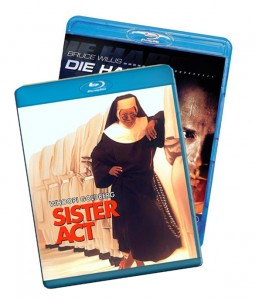 watching is a trashy 80’s horror flick which we inevitably get sucked into and then HAVE to watch it to the end just to see how the stupid plot concludes. Cat is left feeling crap (she doesn’t really like horror) and I am left feeling like we paid all this money to stay in a hotel room to pay for 90 minutes that I will never get back!
watching is a trashy 80’s horror flick which we inevitably get sucked into and then HAVE to watch it to the end just to see how the stupid plot concludes. Cat is left feeling crap (she doesn’t really like horror) and I am left feeling like we paid all this money to stay in a hotel room to pay for 90 minutes that I will never get back!
At home on the other hand, where we live “free-to-air” free, instead of saying, “Well, let’s see what’s on tv”, we ask each other, “What sort of movie are you in the mood for?” It gives us both the opportunity to love and serve each other as we offer suggestions and try to find a movie that will both enjoy. Some nights we watch “Sister Act”. Some nights we watch “Die Hard”. And because Cat doesn’t really like scary movies, we almost never watch horror. A movie night becomes a way of consciously choosing for the sake of the other, rather than simply discovering what is being offered to us by someone else.
3. IT’S GOOD FOR PURITY
Apparently, due to a recent study, it’s said that men think about sex around 19 times a day (much better than the myth of “every 7 seconds”). Whatever is the case, one thing I know is that for a Christian guy in this sex-saturated world, the thing you have to think about  – is purity. Christian guys (and increasingly girls) are getting sucked into, shaped by and addicted to this pornified culture and although internet porn is probably the biggest problem, tv can also be a particular trap.
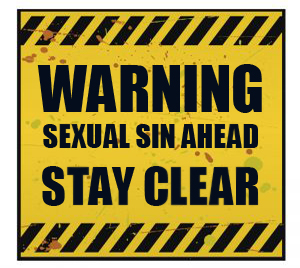 I used to find late night tv a real danger as I was getting tired and my other housemates had gone to bed. I’d start thinking, “It’s late. I need to get to sleep” as my zombified brain would be mindlessly flicking channels. Suddenly, I’d come across something that warned me of the nudity and sex scenes that would be featured in the upcoming movie. My mind (and the Holy Spirit) would say, “turn it off now”, but like the fool described in Proverbs 7:22-23, my lustful heart would be stirred and the weakness of my lack of discipline would be proved once again as I get led off “like an ox going to the slaughter, like a deer stepping into a noose.”  This scenario is not uncommon for Christian guys and all Christians who care about avoiding it and other areas of sexual temptation should consider what they can do to simply reduce the chance that they will be exposed to it.
I used to find late night tv a real danger as I was getting tired and my other housemates had gone to bed. I’d start thinking, “It’s late. I need to get to sleep” as my zombified brain would be mindlessly flicking channels. Suddenly, I’d come across something that warned me of the nudity and sex scenes that would be featured in the upcoming movie. My mind (and the Holy Spirit) would say, “turn it off now”, but like the fool described in Proverbs 7:22-23, my lustful heart would be stirred and the weakness of my lack of discipline would be proved once again as I get led off “like an ox going to the slaughter, like a deer stepping into a noose.”  This scenario is not uncommon for Christian guys and all Christians who care about avoiding it and other areas of sexual temptation should consider what they can do to simply reduce the chance that they will be exposed to it.
In regard to the “forbidden woman” being talked about in Proverbs, Solomon’s advice is “Keep to a path far from her, do not go near the door of her house.” (Proverbs 5:8). Jesus gives an even more radical teaching on the subject of sexual purity, “You have heard that it was said, ‘You shall not commit adultery.’ But I tell you that anyone who looks at a woman lustfully has already committed adultery with her in his heart. If your right eye causes you to stumble, gouge it out and throw it away. It is better for you to lose one part of your body than for your whole body to be thrown into hell.” (Matthew 5:27-29)
The message is, don’t put yourself in temptation’s way. Run from even the potential of sexual immorality. Be radical! Walk on the other side of the street, gouge out your eyes, or if you struggle with sexually explicit stuff on free-to-air tv then why not like me, get rid of the aerial. Living “free-to-air” free does not change the lust in my heart – that is a cooperative work between me and the Holy Spirit over time – but what it does do is removes a source of temptation, which is always a wise thing to do. Like I mentioned in the second point, having to choose what you watch on tv rather than just discovering what’s on, may be good for you and your marriage in more ways than one.
4. YOU’RE NOT LOCKED IN
As Cat & I weaned ourselves off of watching free-to-air tv, we compensated it by watching a lot of tv shows on DVD. I know that illegally downloading tv shows is pretty common nowadays, but as Christians we didn’t want to do that and so we would either watch online shows on something like ABC iView or we would buy the series we were interested in.
We’d often wait for a sale at JB HiFi and pick up a few and then work our way through them over many months. Or, we’d give ourself a prize or a treat for some other area of discipline that we were working on by buying a BluRay of a tv series from Amazon UK (If you didn’t know, the UK has the same BluRay region as Australia and Amazon can sometimes be a lot cheaper).
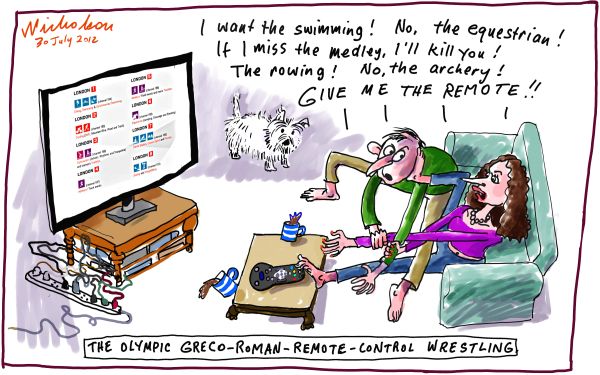
Now a lot of people don’t want to spend money on buying tv series that they could watch on free-to-air tv, but we have found the financial investment is not all that huge and in the end it’s really worth it. The lack of commercials chopping up the show is fantastic and the addition of special features is also pretty cool, but one of the major things I like about watching a tv series on DVD is that you are not “locked in” in the same way you are on free-to-air tv.
What I mean is, when it comes to watching a show on free-to-air tv, even if you are not in the mood for it, you feel forced to watch the show because the time it is on is set. The potential of missing a show actually causes some people a fair bit of anxiety and can cause arguments between those who live together. Some people solve this conflict by buying a tv recorder, but that can sometimes create an even worse scenario. You then have the freedom to record every show that you want and I know Christian married couples who now fight over making time to watch all the shows that they have now recorded!
Also, different shows create different types of moods. Some shows are light and fluffy, others are heavy and disturbing. Watching a show on DVD allows you to turn the show off or put off watching it if you don’t feel it would be helpful to you or those you live with.
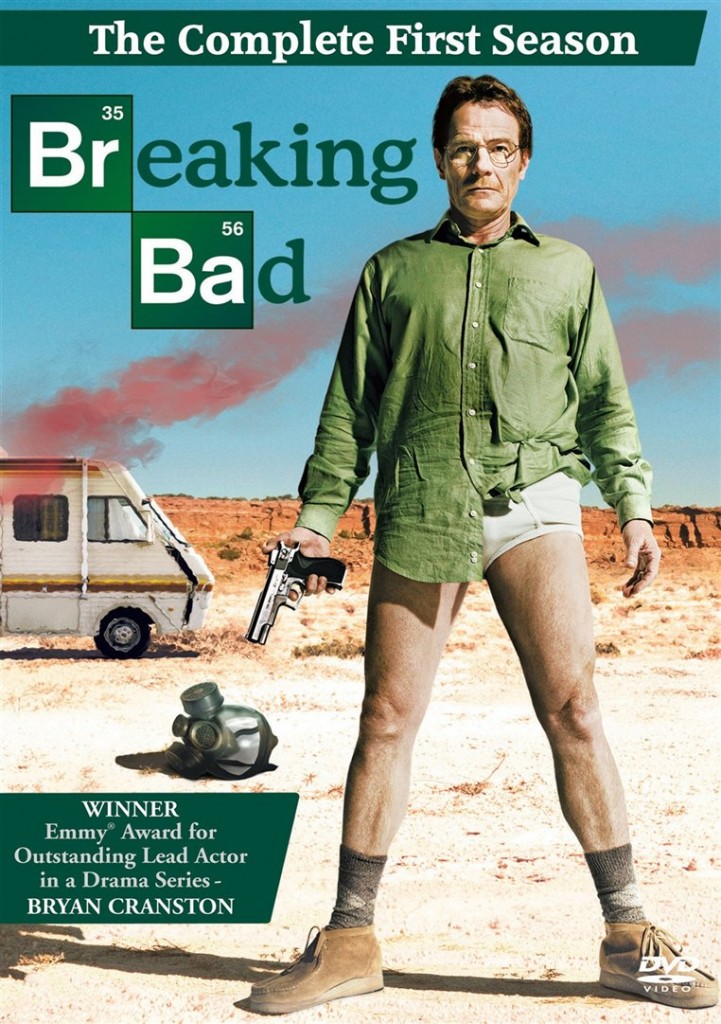
For example, Cat & I love “Breaking Bad”. We have bought the first 4 seasons of it and we think the performances and scripting is amazing. But the show is really intense and the themes are very heavy and at times quite unsettling. Cat & I watched the first two seasons and began watching the third but found that we were being left in a dark place after watching the show. It even was causing me to have bad dreams about divorce, marital conflict and infidelity (some of the side themes in the show). It was so interesting and captivating to watch, but we were finding it not healthy for our marriage or our personal mood, and so we stopped watching it. We now haven’t gotten back to watching it for months and are contemplating getting back into it. We couldn’t have made that choice if we were locked in to watching it on free-to-air tv.
Living “free to air” free has allowed us to continue to watch the shows we love, but with the freedom of choosing when they would be good for us to watch. It gives us an another opportunity to serve each other and our marriage and that makes the financial cost of buying a series when they come out on special, worth the money. Also I expect, when we have children, this ability to choose will be even more beneficial.
5. CATCHING THE NEWS
Some people watch free-to-air tv in order to catch up with the news. When I was living at home my parents used to watch news on tv from the 6:30 Report to the “current affair” shows which finished at 8pm! It was painful as they all contain fluff pieces to fill it out and the actually important news was repeated on every show.
 What I have learnt by living “free to air” free is that if the news is important enough, you will hear about it on social media. When Julia Gillard, Australia’s first female Prime Minister, came into power, I found out while sitting with my brother Tony in a cafe in Bendigo as I looked at Facebook on my phone. In fact, even the news programmes on free-to-air tv sometimes get their news from a tweet or a facebook post they they find. Social media is a powerful and unfiltered tool for communicating important news.
What I have learnt by living “free to air” free is that if the news is important enough, you will hear about it on social media. When Julia Gillard, Australia’s first female Prime Minister, came into power, I found out while sitting with my brother Tony in a cafe in Bendigo as I looked at Facebook on my phone. In fact, even the news programmes on free-to-air tv sometimes get their news from a tweet or a facebook post they they find. Social media is a powerful and unfiltered tool for communicating important news.
Due to this reality, I don’t feel like I will ever miss any important news that I need to know about. I also read the newspaper when I can and keep an eye on a lot of online news from a variety of sources, so that keeps me on top of the topics I am interested in. Also, some of the topics I am interested in will never she shown on free-to-air tv, but I can learn lots about what is happening from a variety of perspectives online. On the internet, news is instant, varied and world-wide. The ability to access this news is a freedom and a privilege of our modern world, and it means that the corporately owned free-to-air news programs don’t have to be my only source of information.
6. KEEP THE AERIAL HANDY
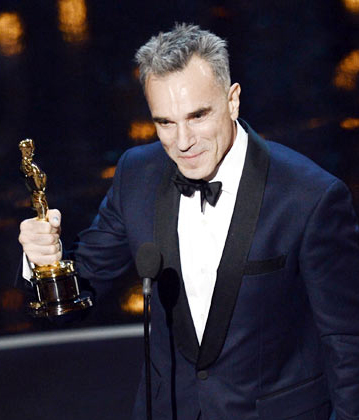 One last thing to point out is that Cat & I keep the aerial handy. It’s actually plugged into the wall and tucked under the couch so that whenever we want we can plug it into the tv. We do this for the rare occasions that something special is being shown on free-to-air tv that we want to watch – the Grand Final, the Oscars, the Melbourne Cup, an Election Night, etc.
One last thing to point out is that Cat & I keep the aerial handy. It’s actually plugged into the wall and tucked under the couch so that whenever we want we can plug it into the tv. We do this for the rare occasions that something special is being shown on free-to-air tv that we want to watch – the Grand Final, the Oscars, the Melbourne Cup, an Election Night, etc.
The aerial is not something we see as “evil”. Rather we treat it like a projector. Many people have a projector that they bring out on special occasions, but that generally lives in its case in the cupboard. That’s why I used the picture at the heading of this blog. The aerial is something that we use “in case of emergency”.
The key thing is that we know the cost. Free-to-air tv is not free. It is not free of commercials. It is not free of dangers. It is not free of a culture of consumerism and apathy. It has a cost. On occasion we are willing to pay that cost, but we do so knowingly and rarely.
FIRST WORLD SOLUTIONS TO FIRST WORLD PROBLEMS
I do realise that to find alternatives to free-to-air tv also includes a cost. We have bought DVDs, Blurays and an Apple TV device to fill the space that free-to-air tv used to occupy.
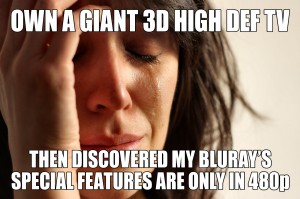 I want to acknowledge that this whole conversation is really about me suggesting “first world solutions” to “first world problems”. Bloody hell! There are heaps of people in Australia who can’t even afford a tv and on a global scale, only 20% of people own their own tv.
I want to acknowledge that this whole conversation is really about me suggesting “first world solutions” to “first world problems”. Bloody hell! There are heaps of people in Australia who can’t even afford a tv and on a global scale, only 20% of people own their own tv.
If you so have a tv, but you’re doing it tough or you don’t want to waste money on DVDs and the like, then please accept my apologies and enjoy free-to-air tv to your hearts content! Or give us a call and you can borrow some of the DVDs we have purchased! Either way, I definitely hold no judgement against those who choose to watch free-to-air tv. I just want to suggest a slightly alternative lifestyle for those that like the idiot box, but feel like free-to-air tv may be making them too much of an idiot.
One thing I do want to say is that over time, Cat & I have even stopped watching tv shows and movies, and I almost never play playstation games any more. The effort to choose what we want to view on the tv has encouraged us to spend more time doing other things that don’t involve the tv at all… Now if only I could do the same for YouTube and Facebook! (Hmmm. Maybe that’s another experiment to try!)
TRY THE THREE “FREE” FREE EXPERIMENT!
If you’re in the same-ish demographic to me and you find free-to-air tv is wasting a lot of your time or causing conflict in your relationships, why not try it for yourself! I’m calling this challenge the THREE “FREE” FREE EXPERIMENT! The idea is that just for three weeks you pack up the aerial cord and put it away. See what happens! Maybe you’ll hate it. Maybe you’ll enjoy it. Maybe you’ll go mad and realise you have an addiction! Or maybe you’ll want to try it for longer than three weeks.
It’s not that extreme really. I’m not saying throw all your technological devises out the window and join a commune! It’s just an experiment. If you’re married or you’re living with housemates (or even if you’re still living at home with your parents) why not talk to them about the idea and suggest giving it a go. If you want to be even more hard-core, you could make the “THREE” represent three months rather than three weeks.
If you try it (or if you’re already living “free-to-air” free), please tell me and post your comments below. I’d love to hear what you have discovered along the way.
Who knows… over time, we may actually be able to get out of this culture of just plonking infront of a screen altogether and begin using our down-time to pick up a book or play a musical instrument or… shock horror… even just talk to the person sitting right next to us on the couch.

(3884)
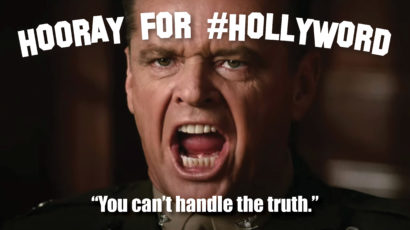
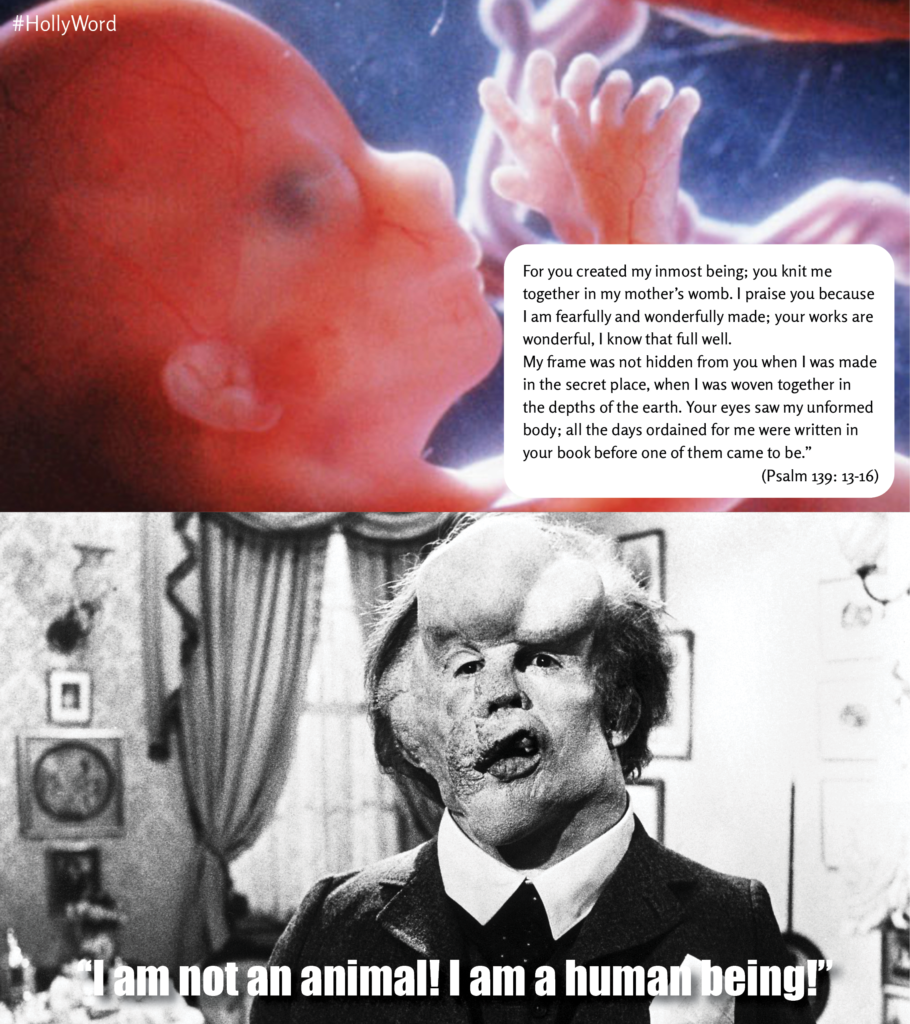
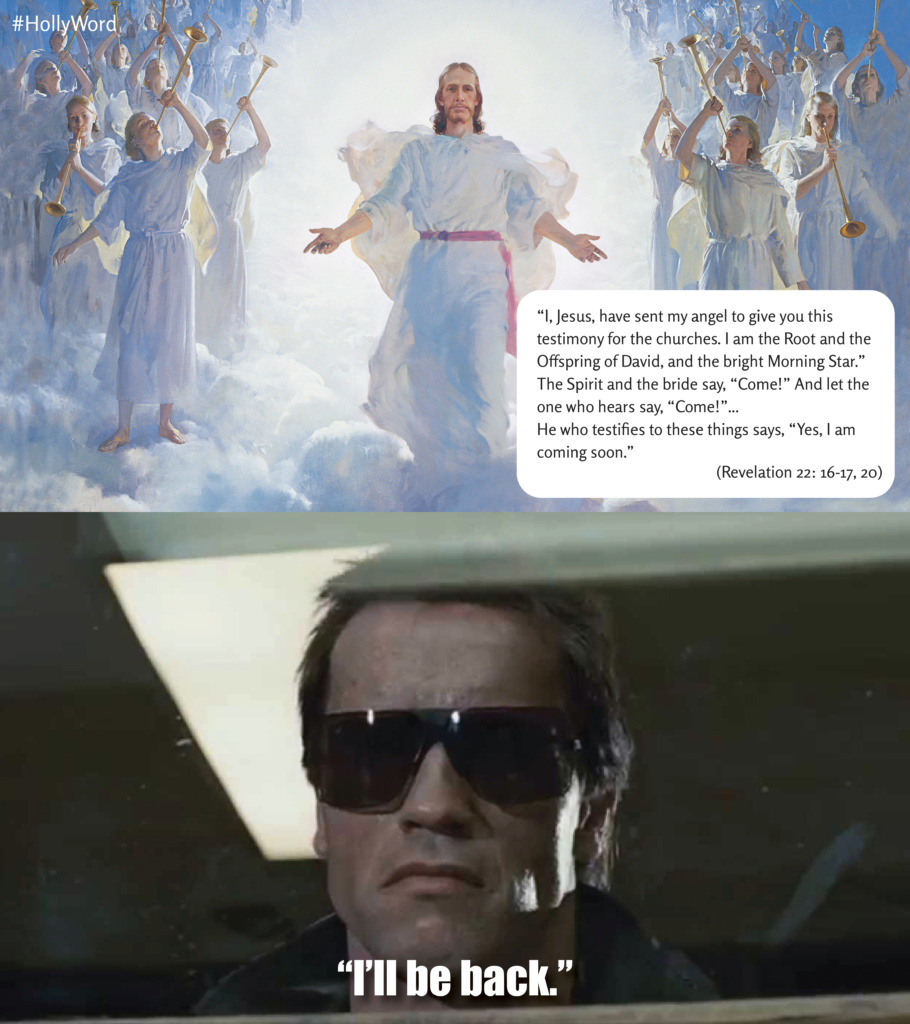
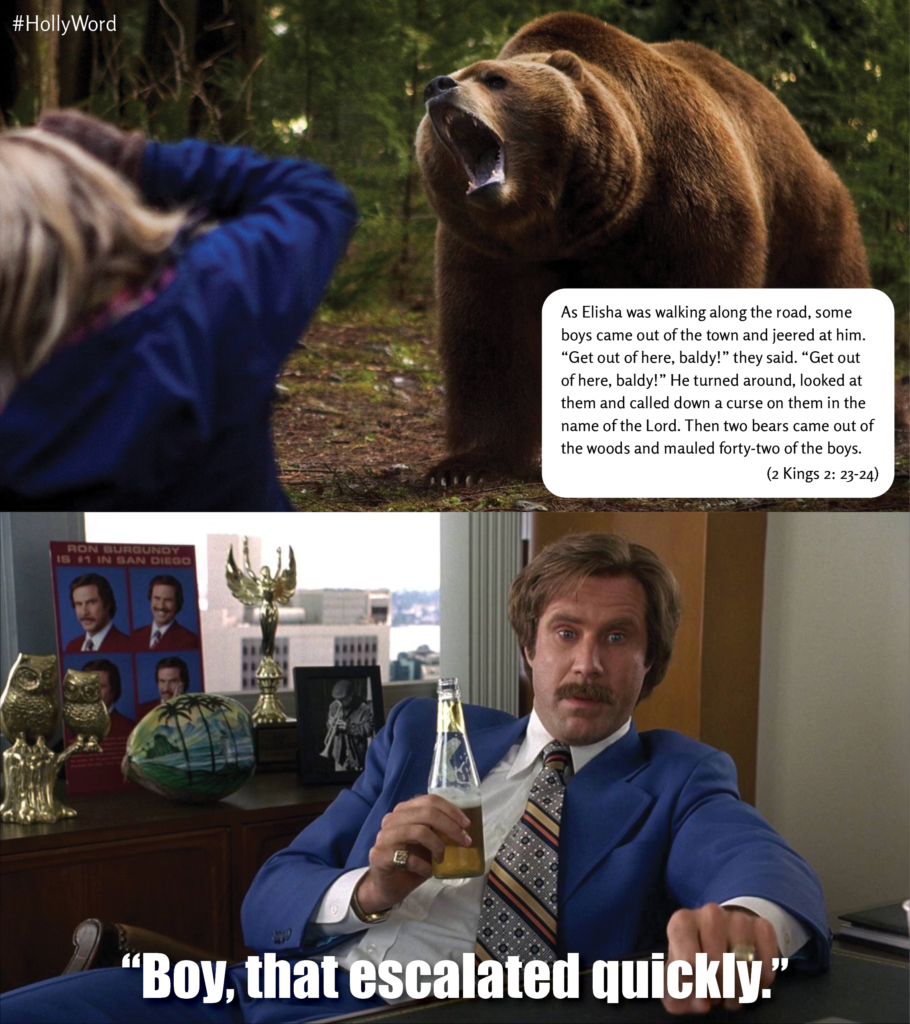
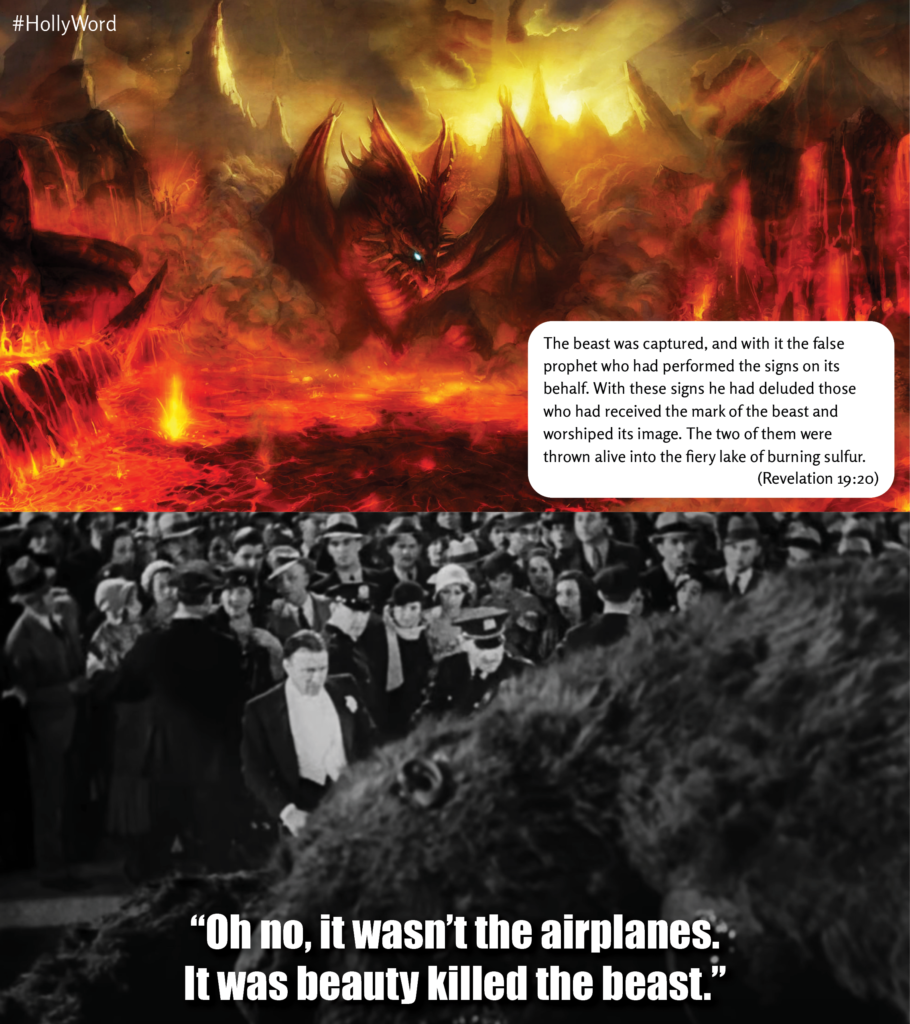
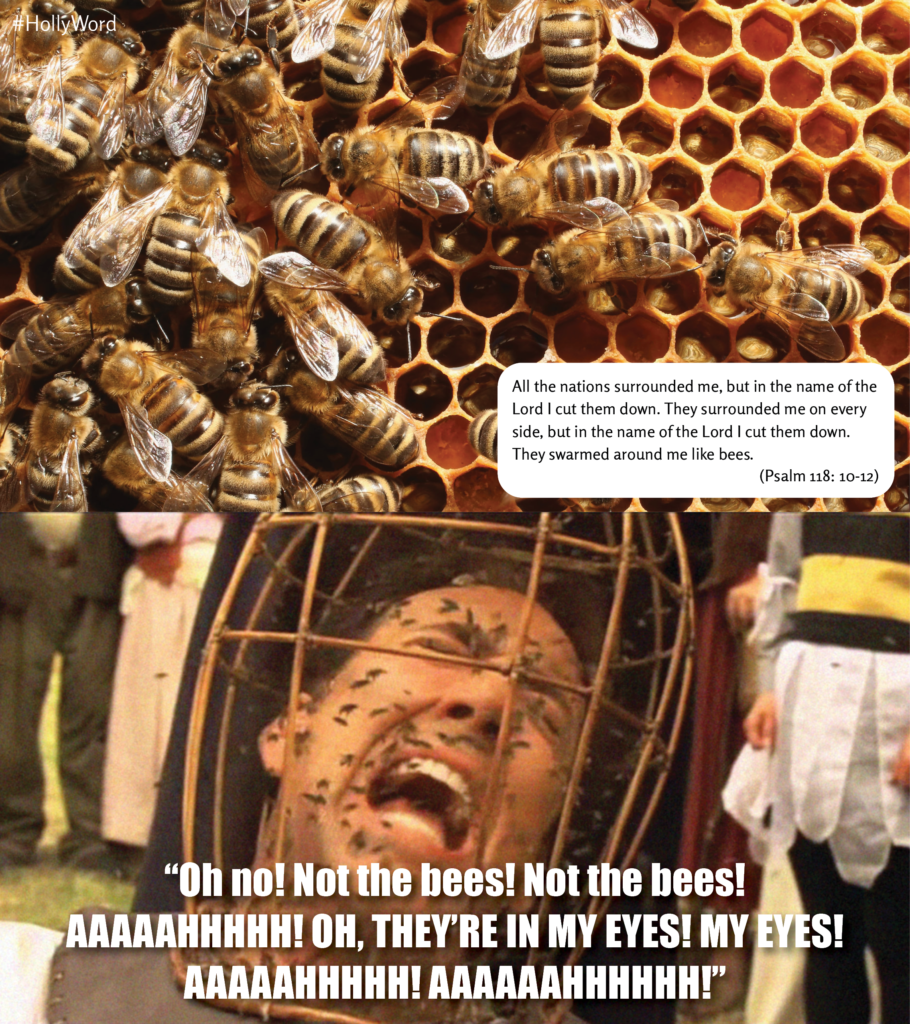
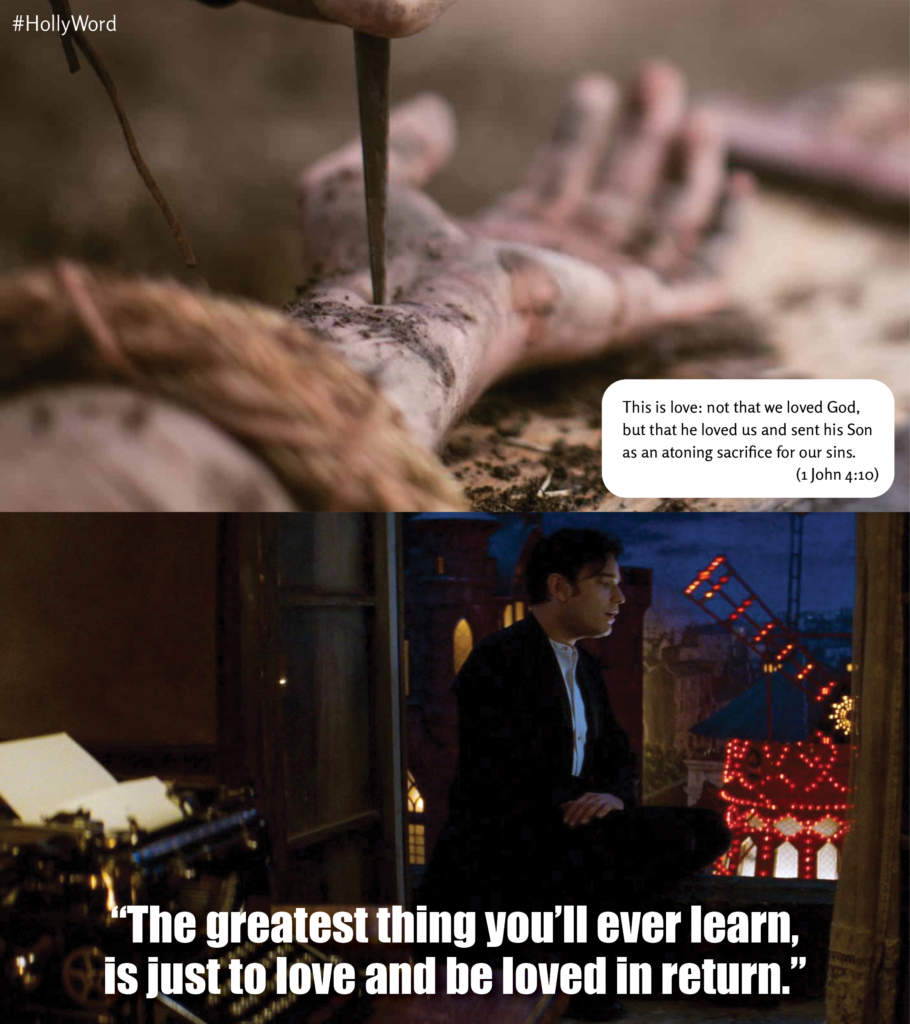
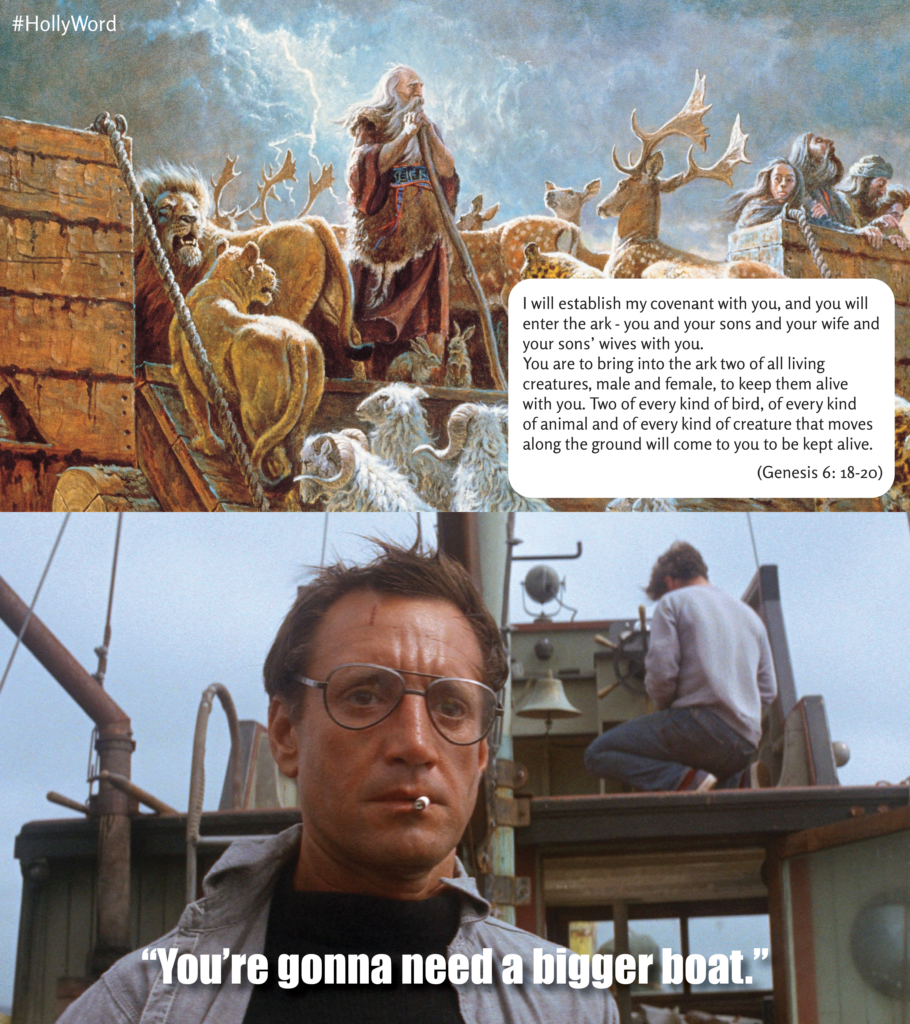
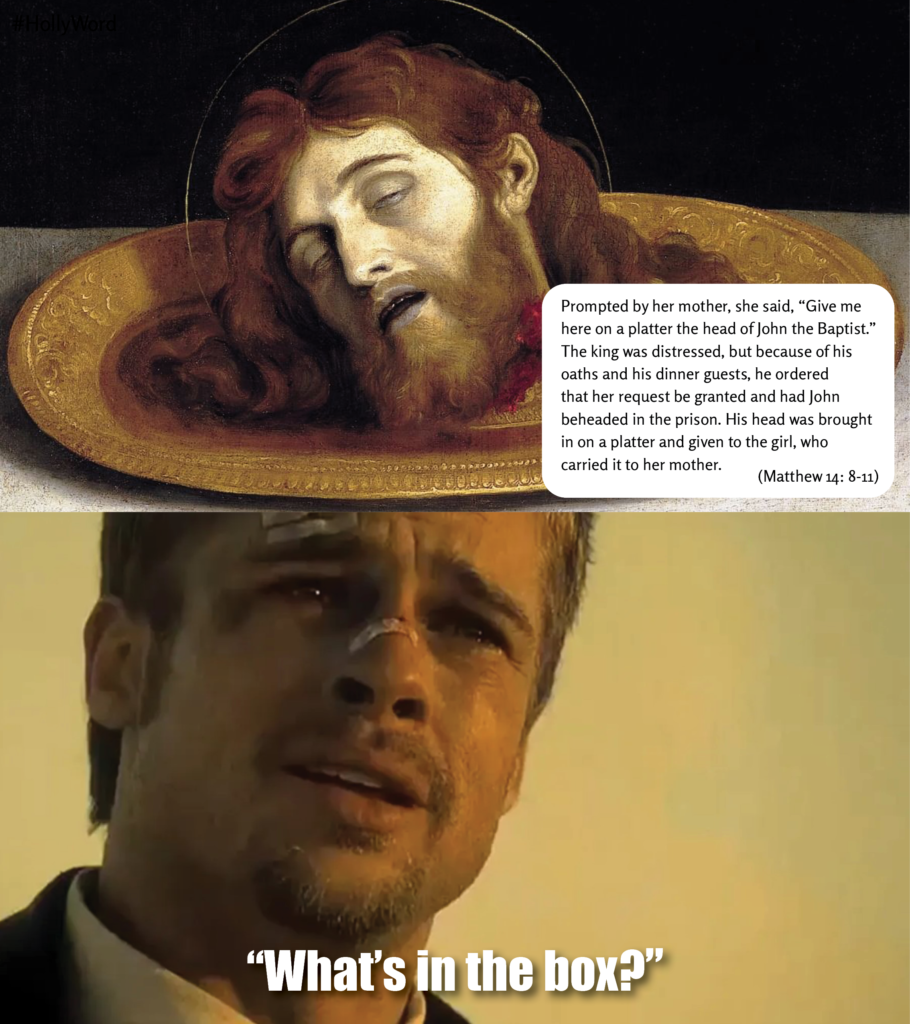
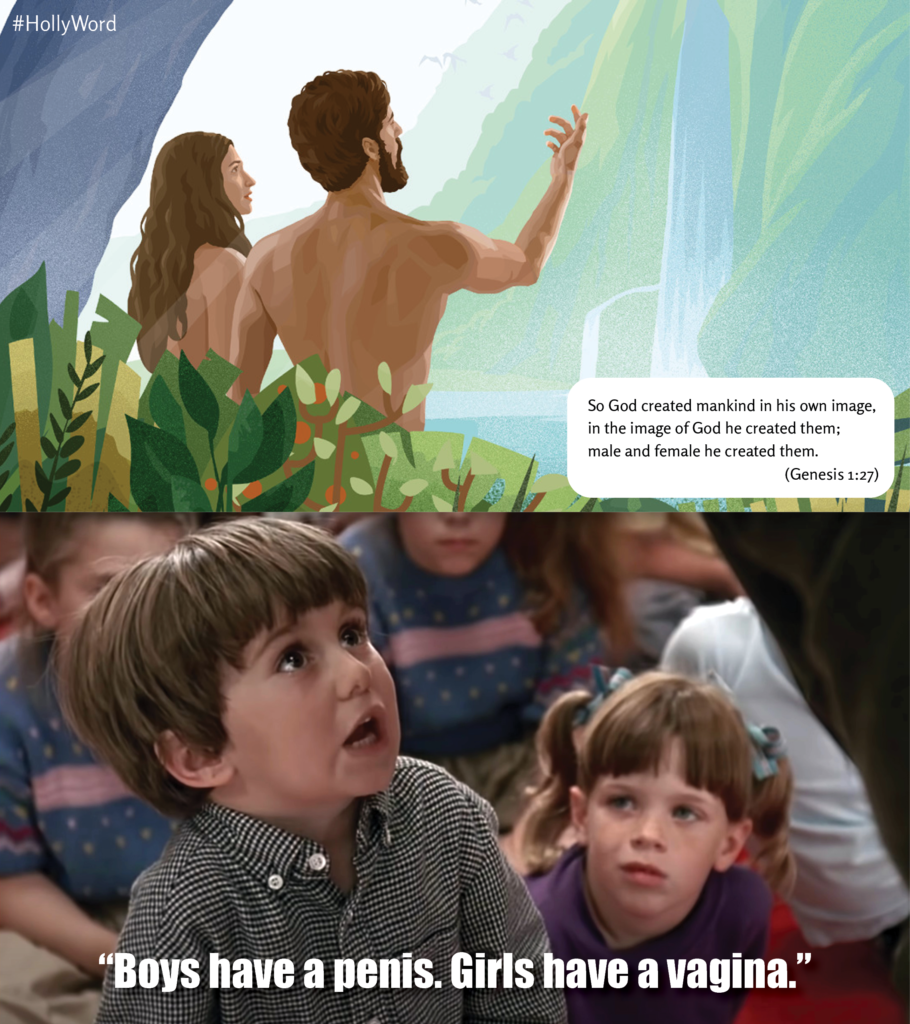
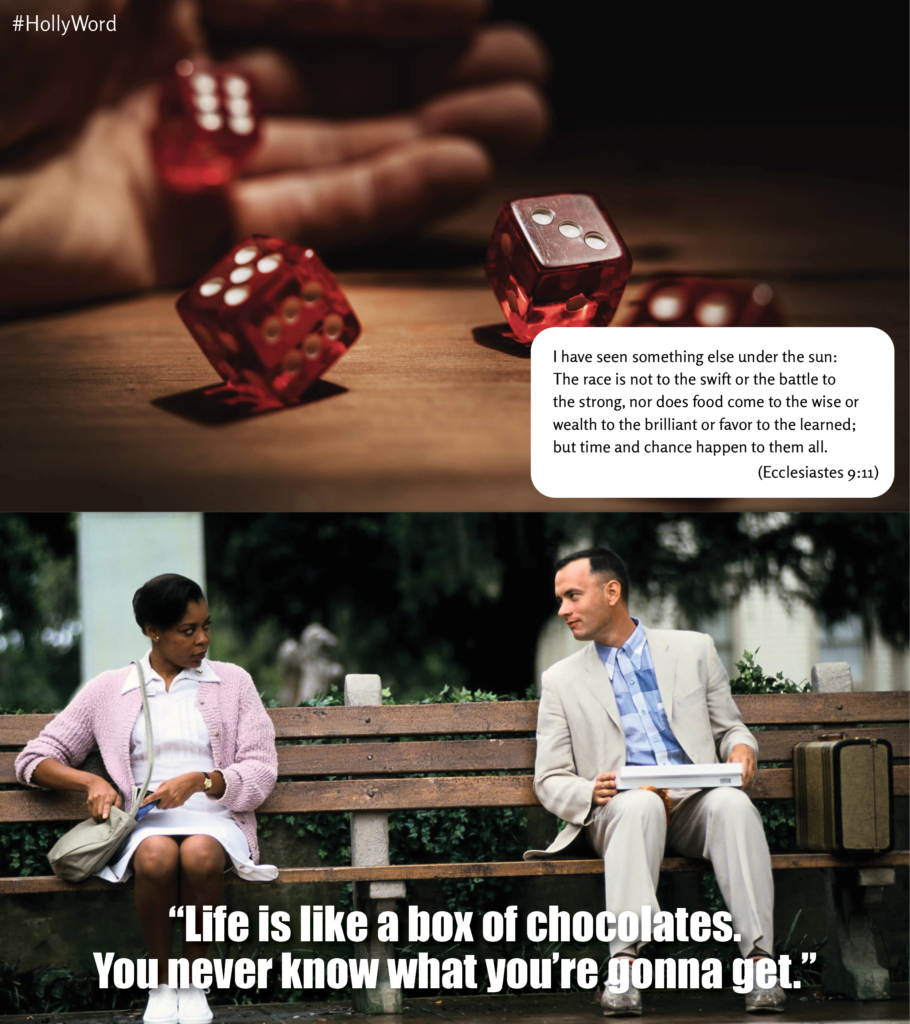
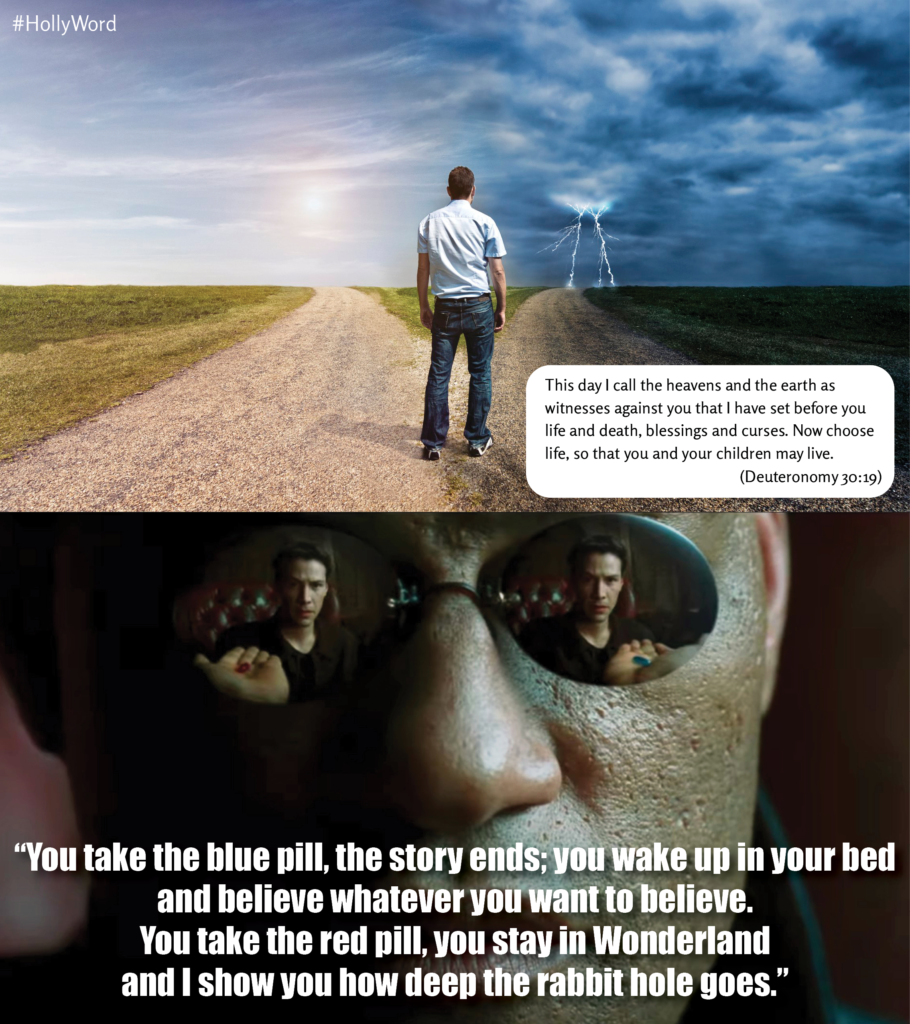
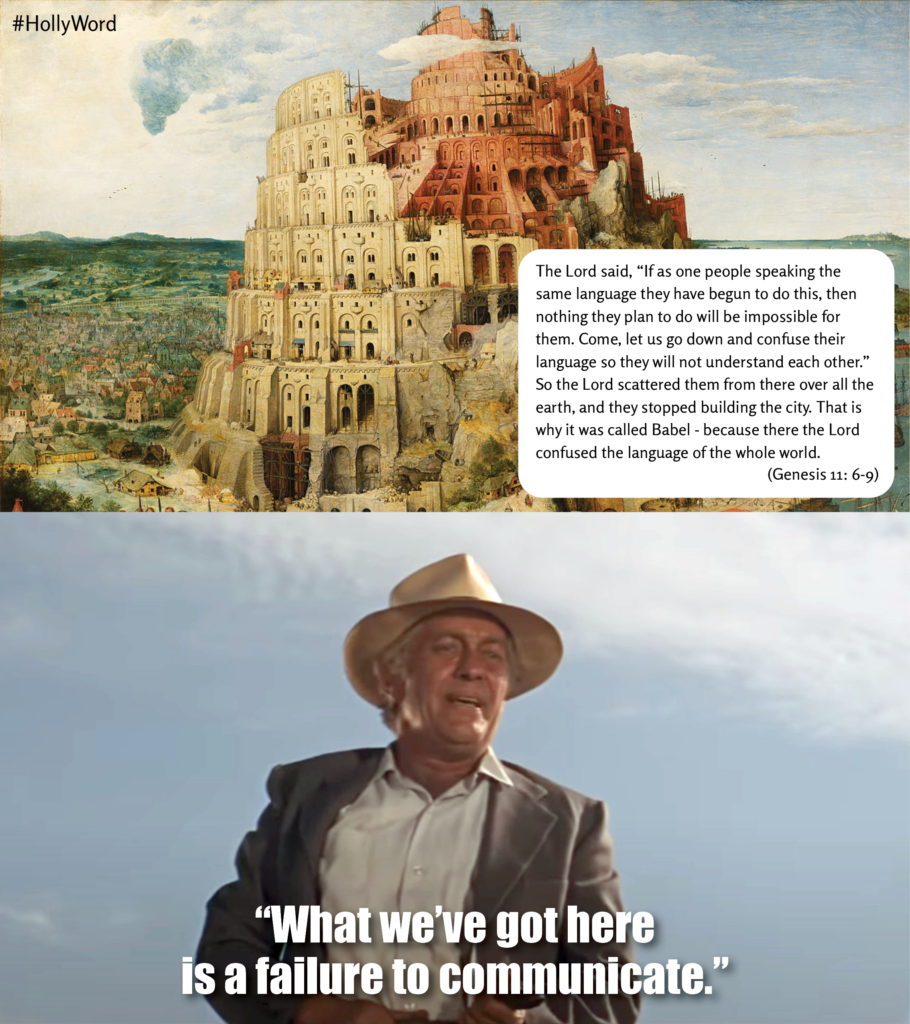
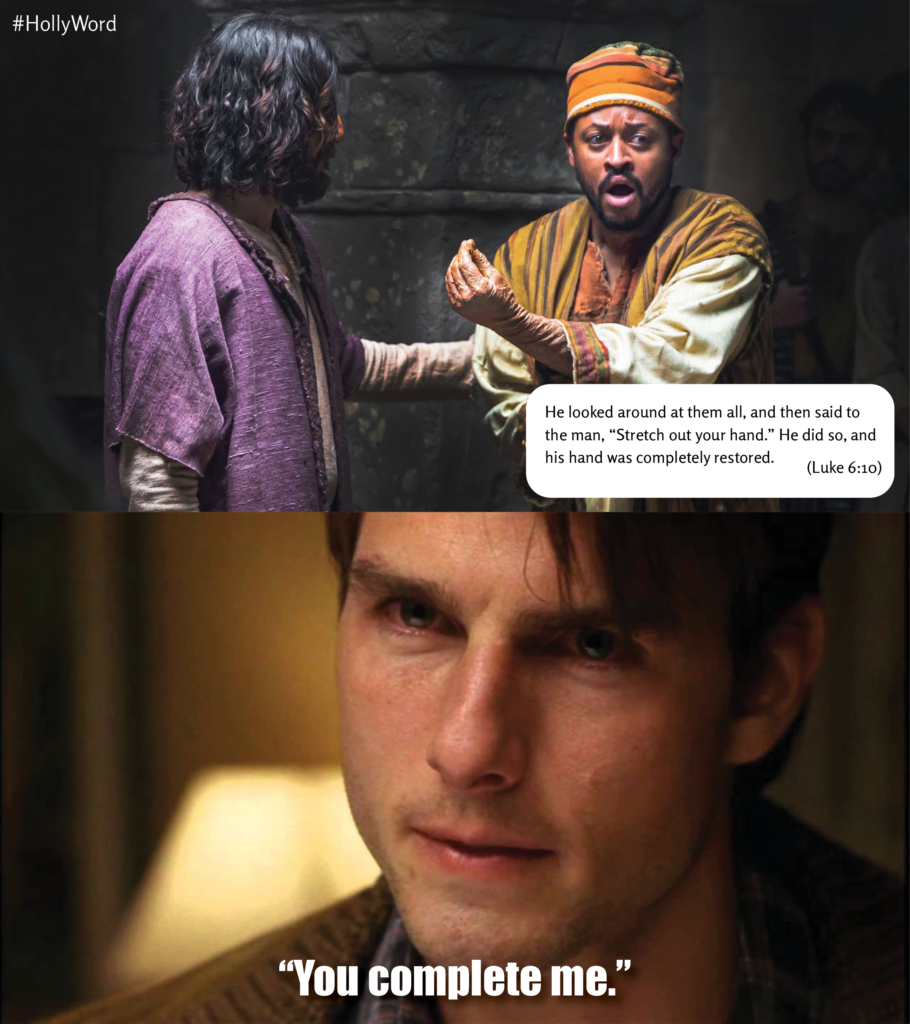
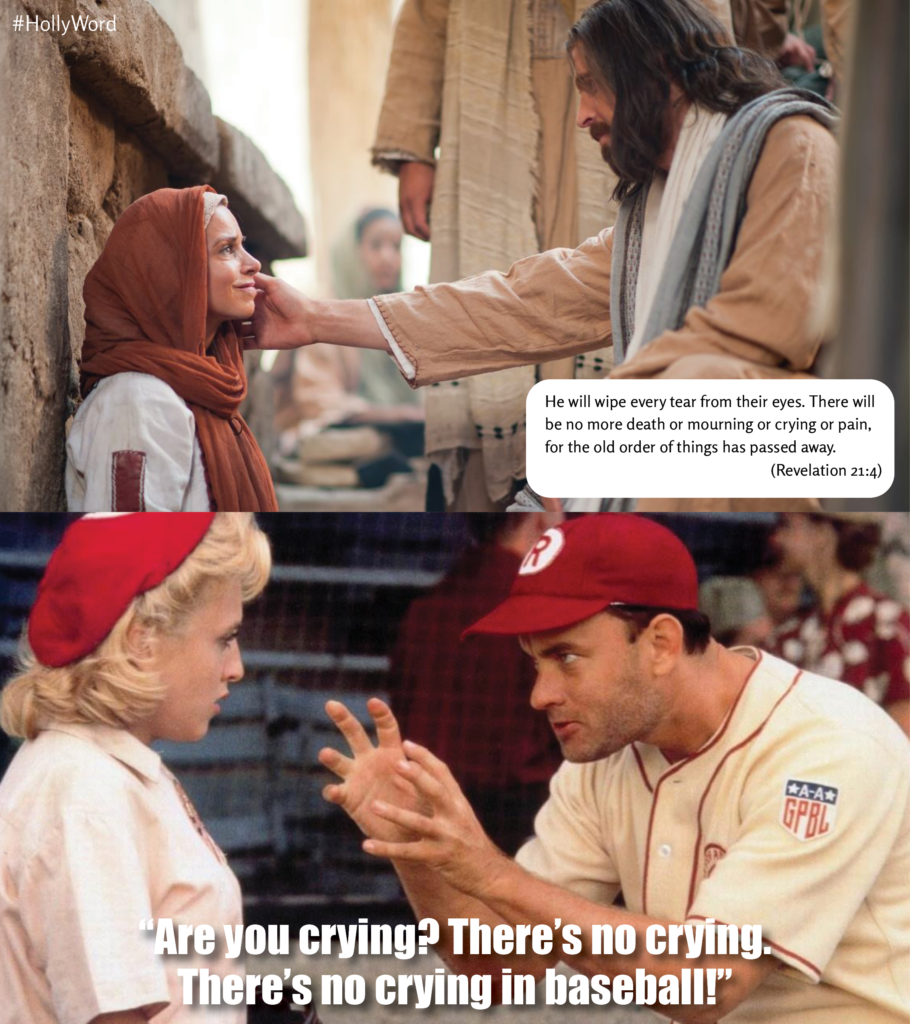
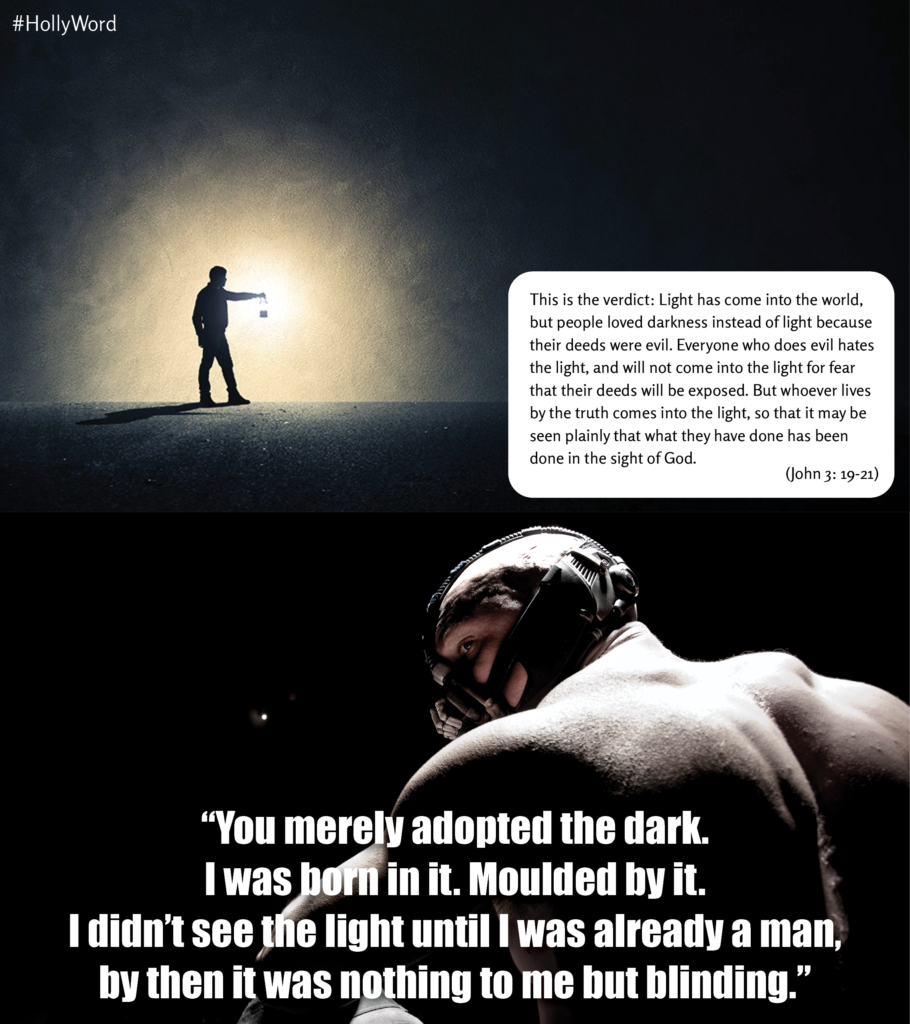
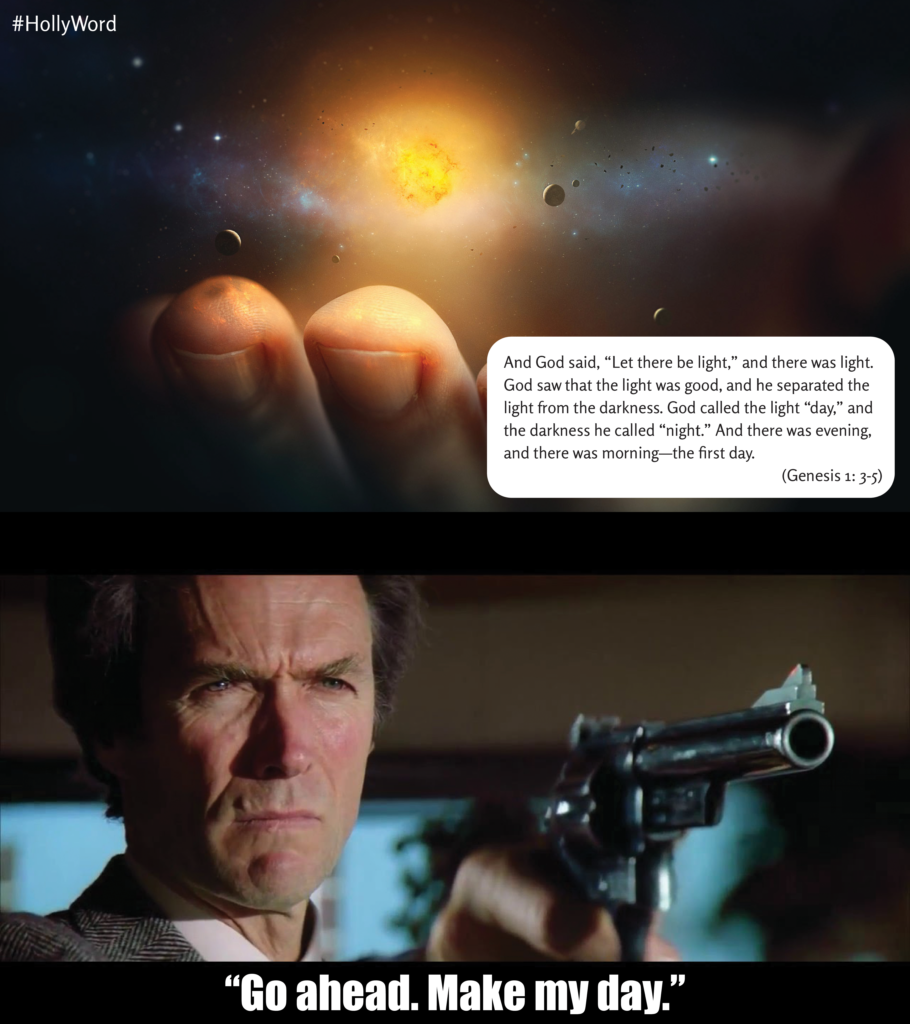
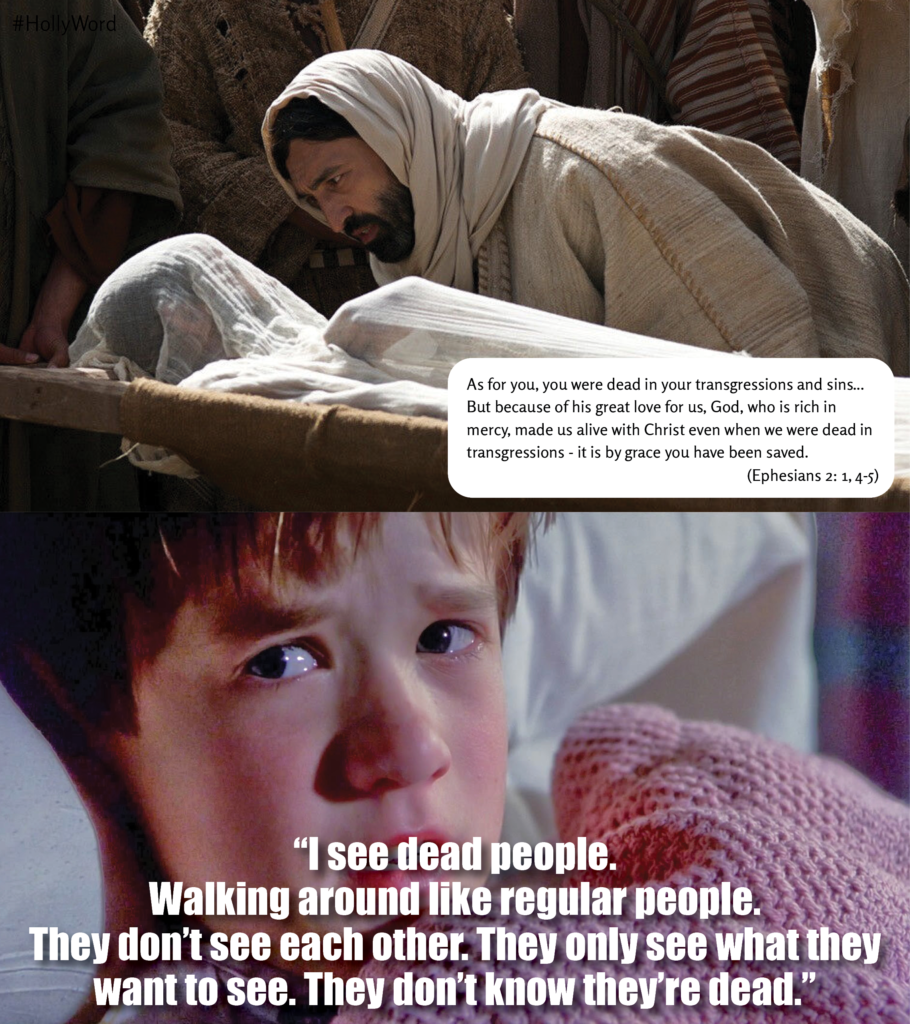
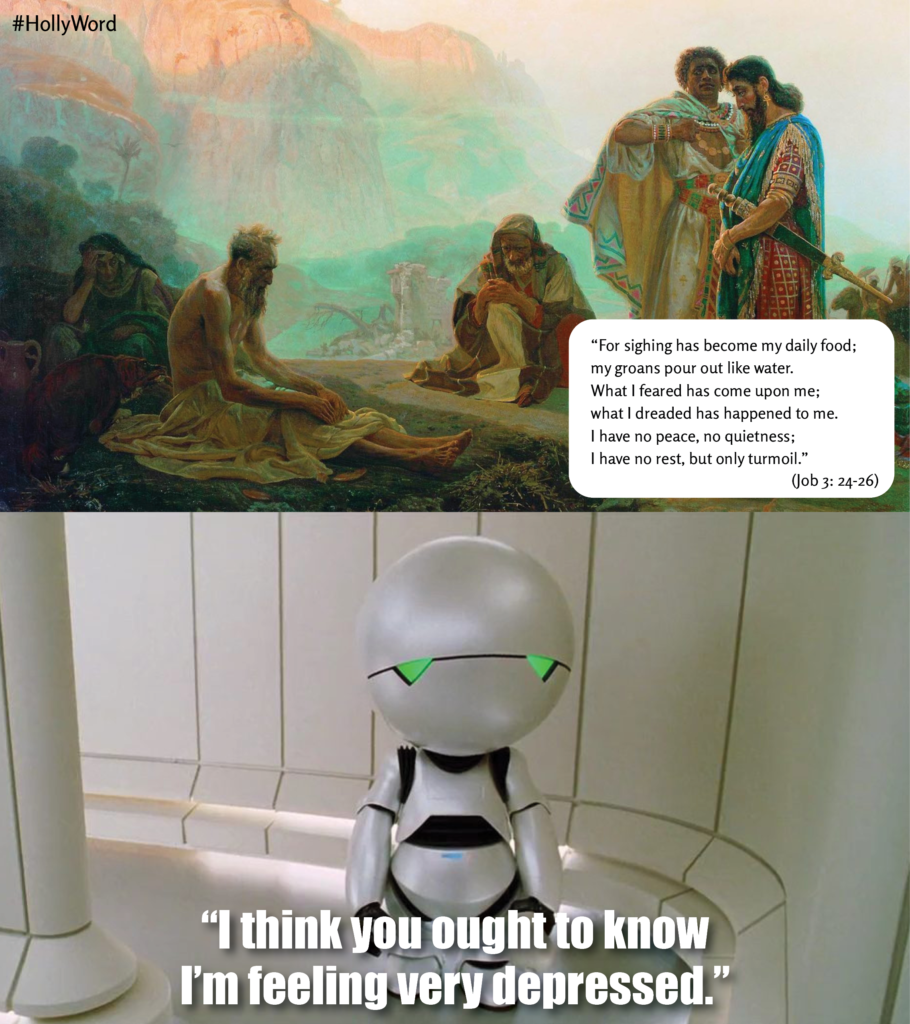
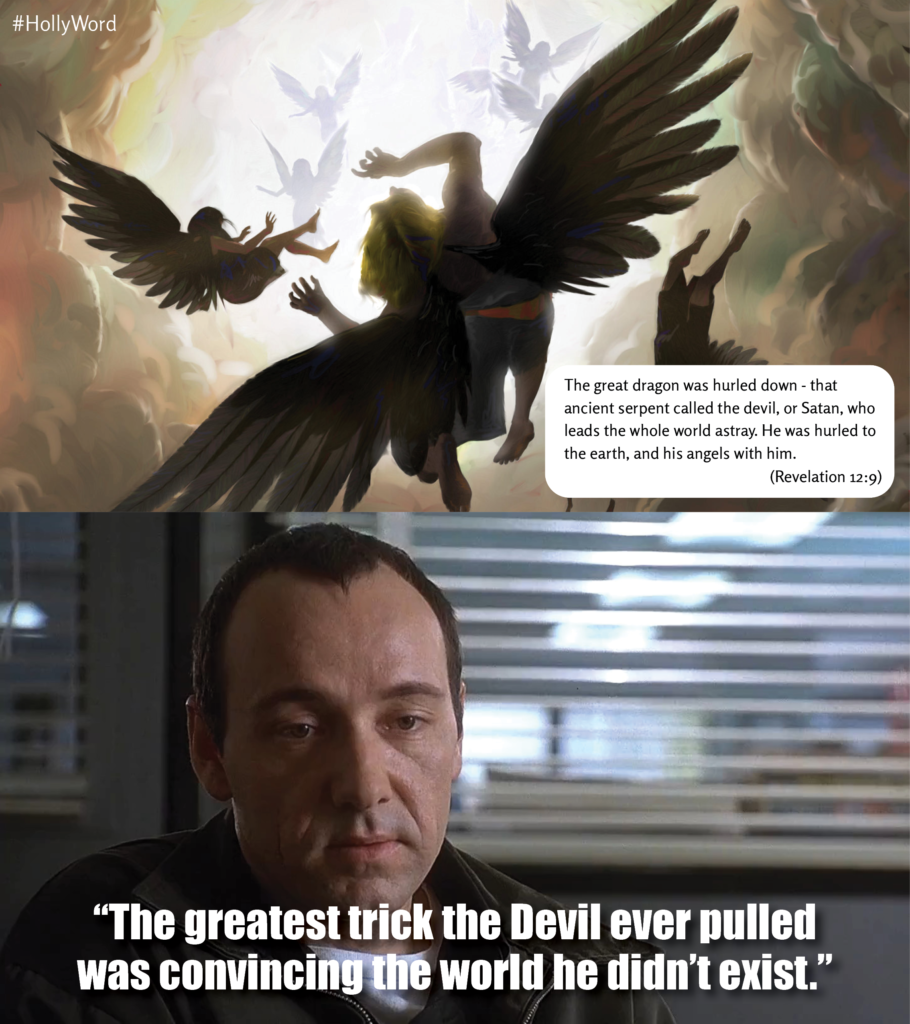
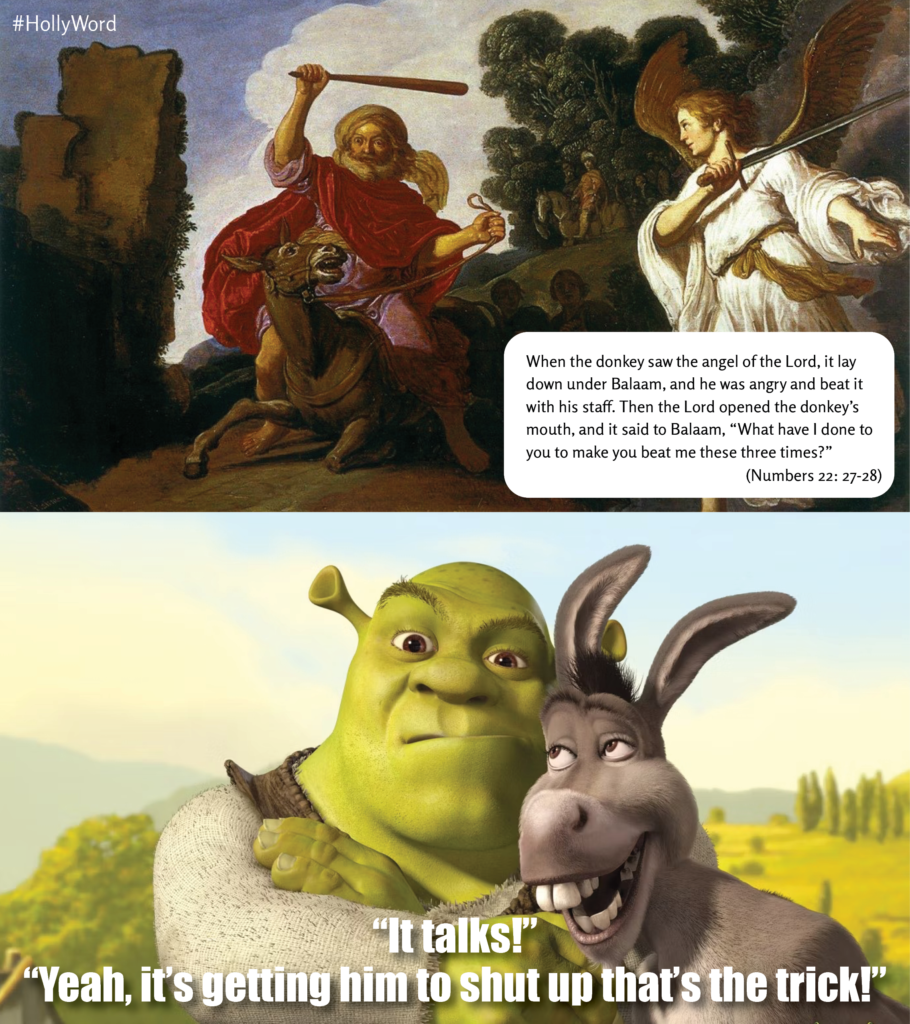
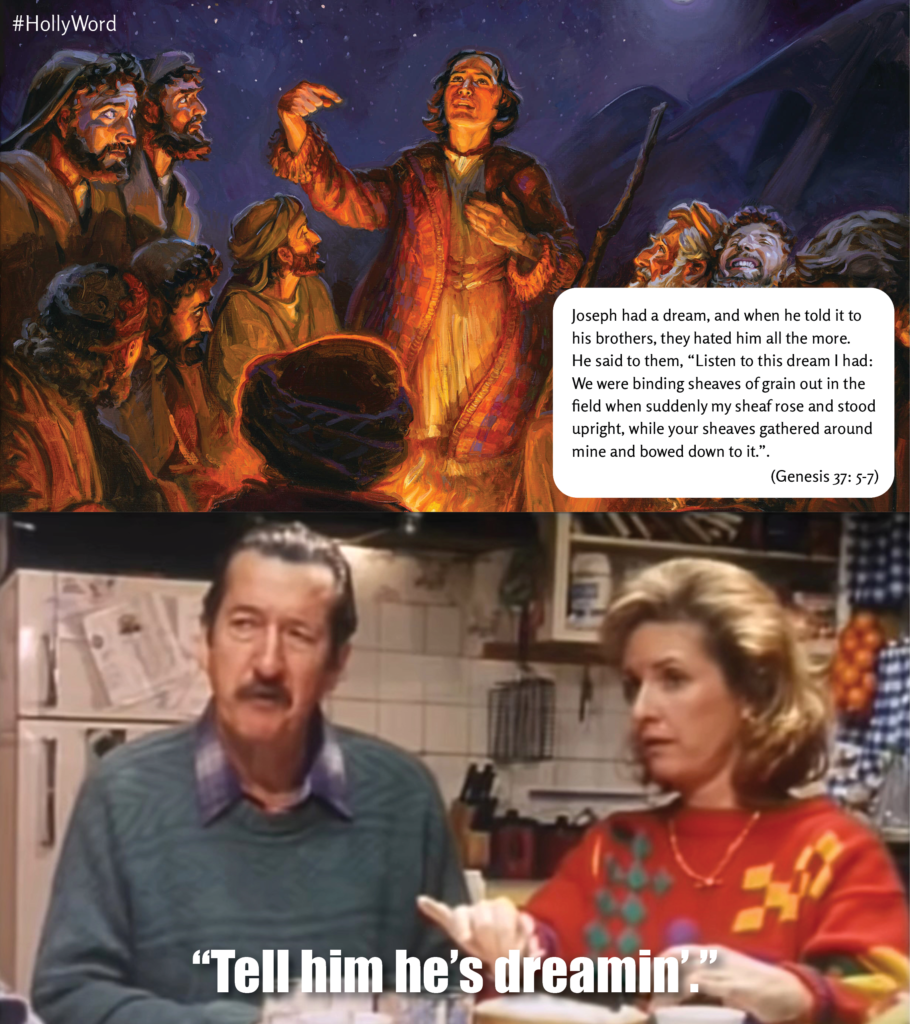

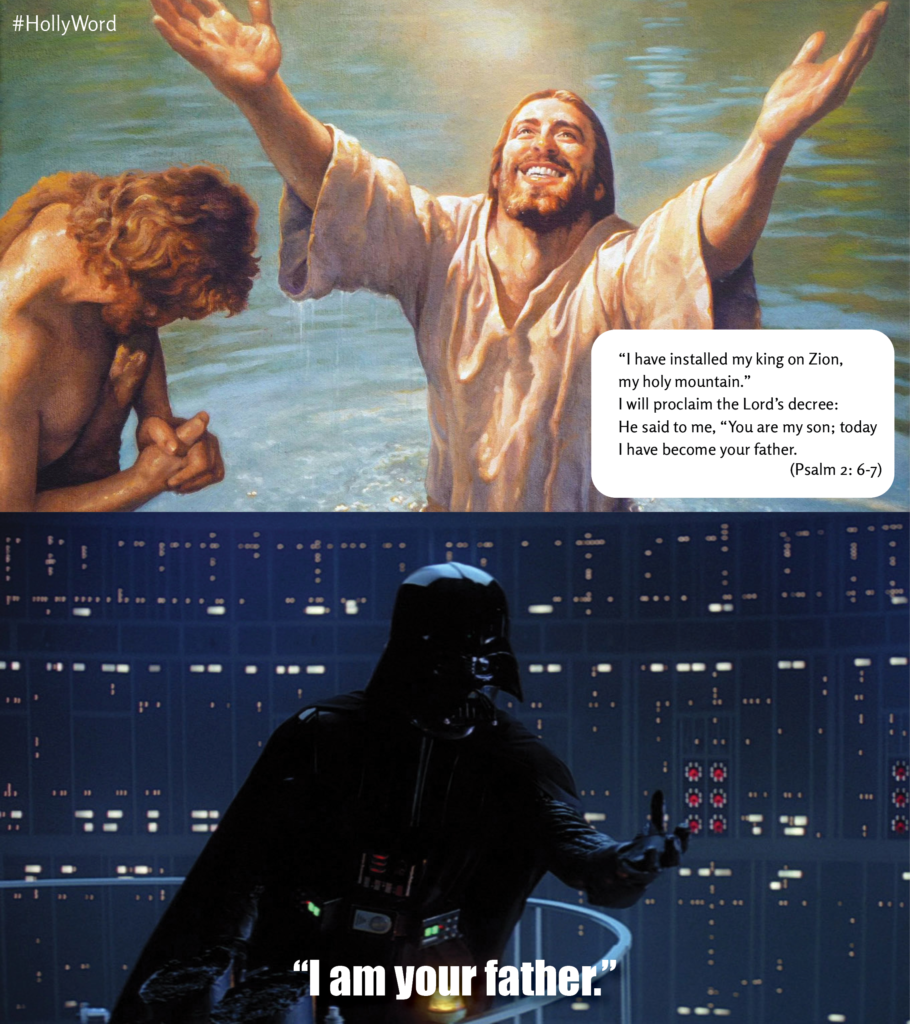
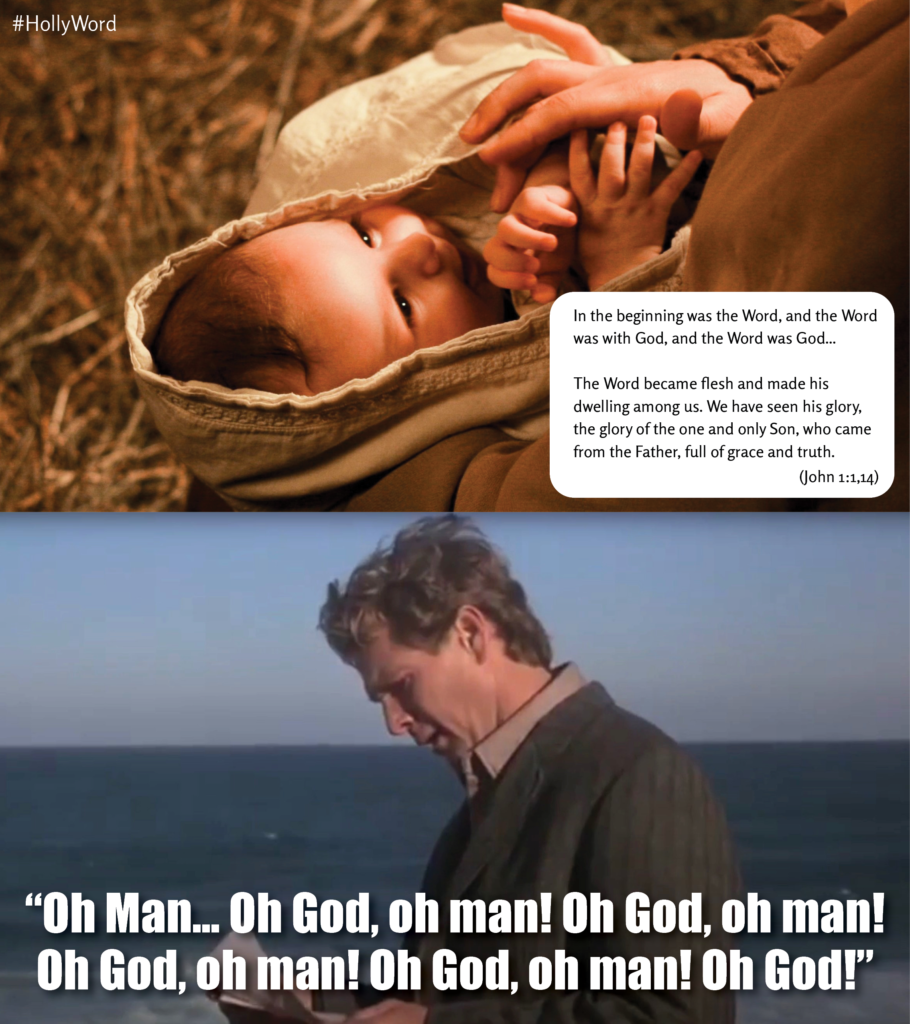
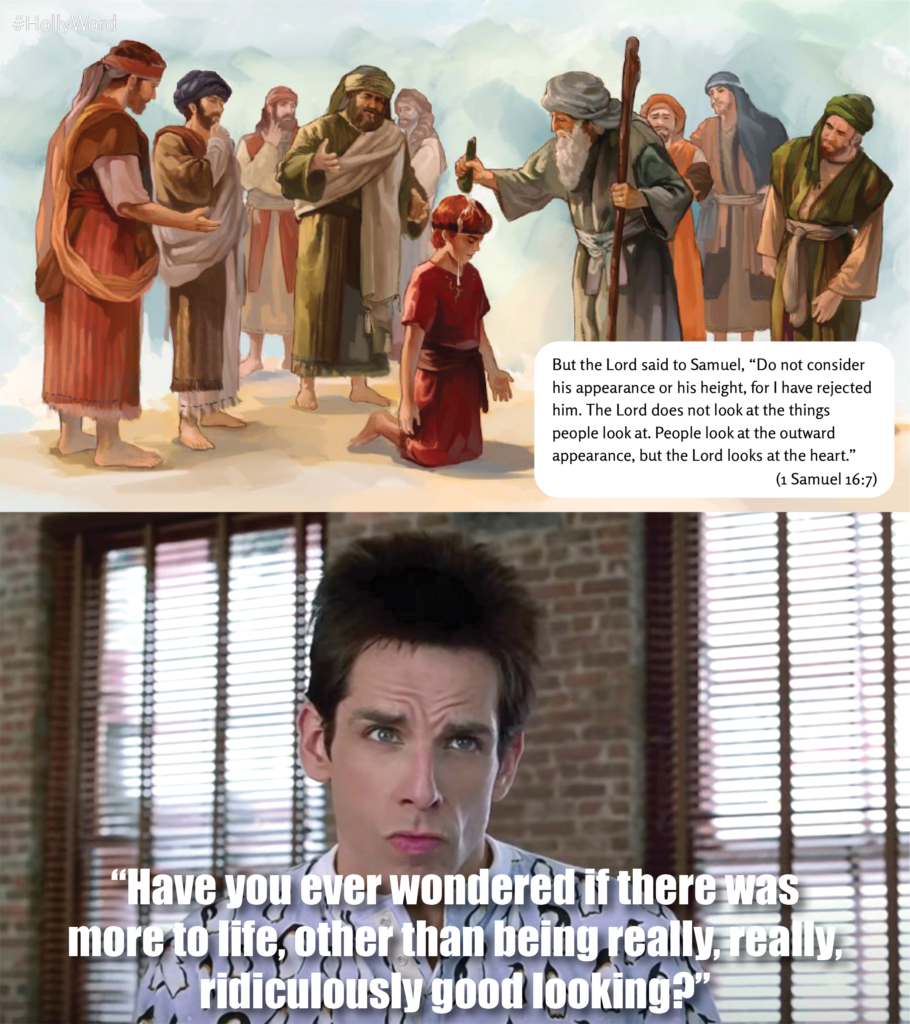
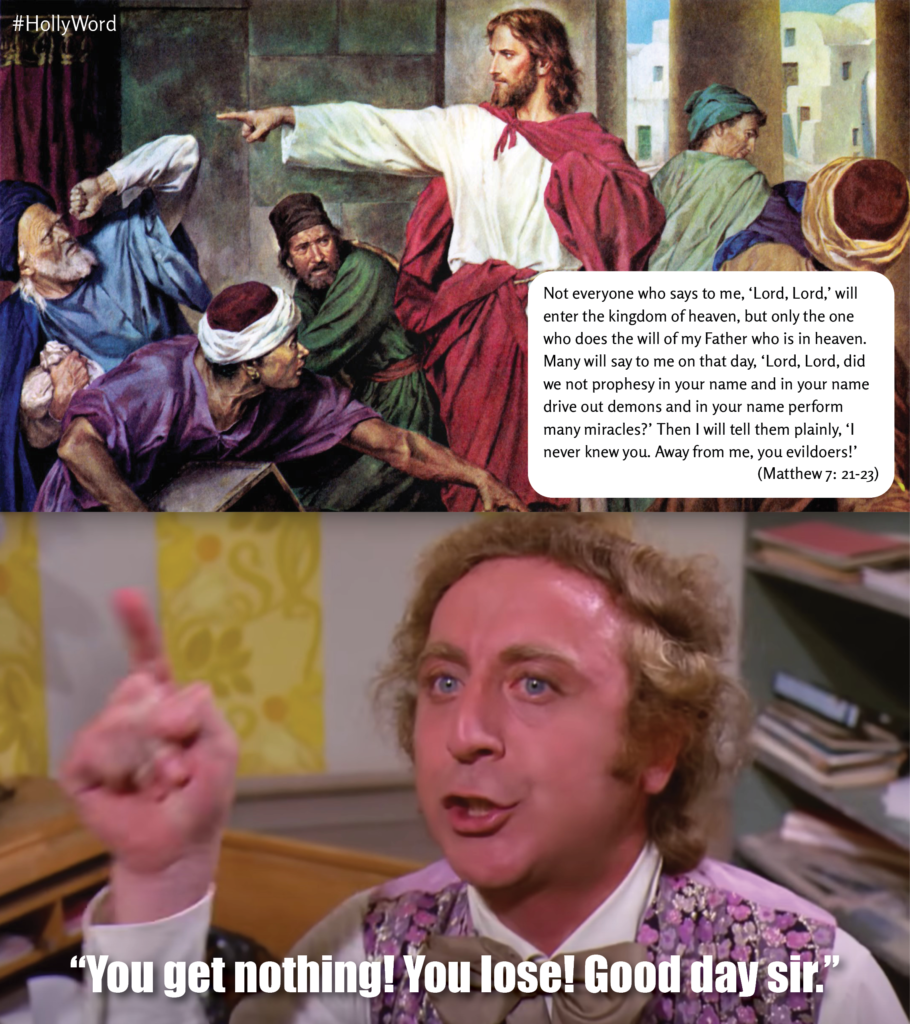

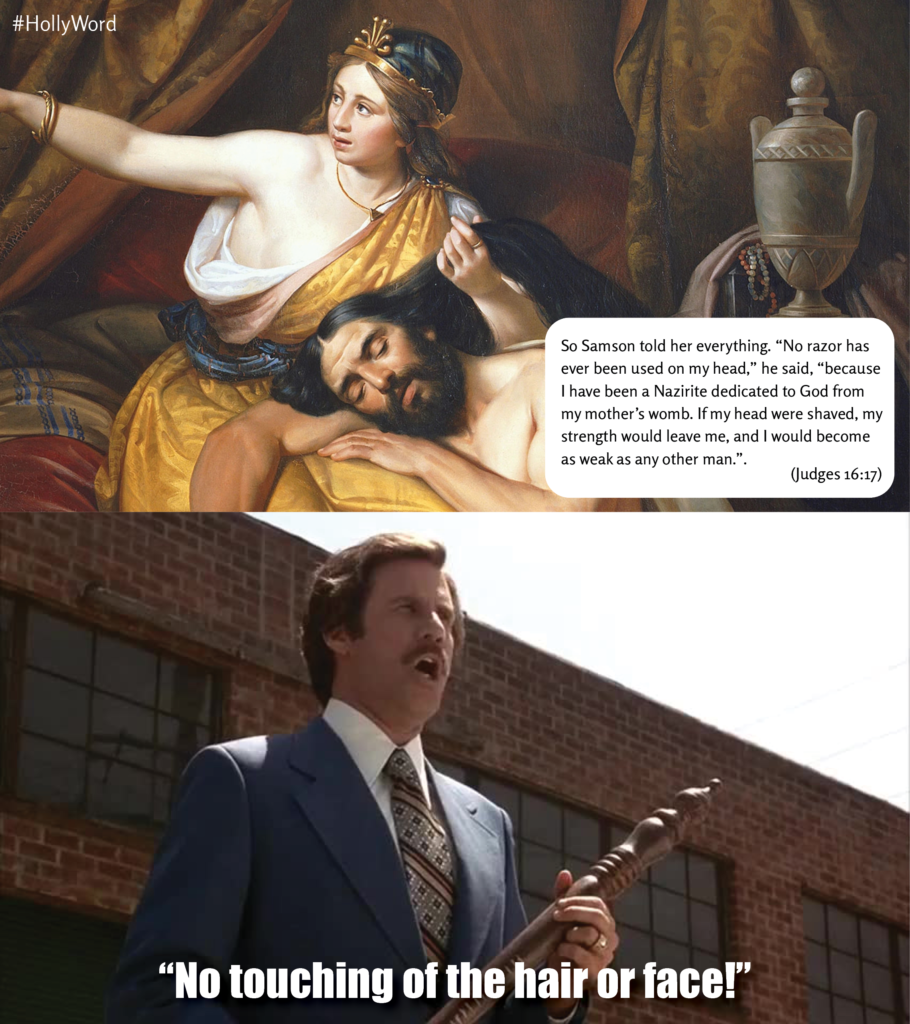
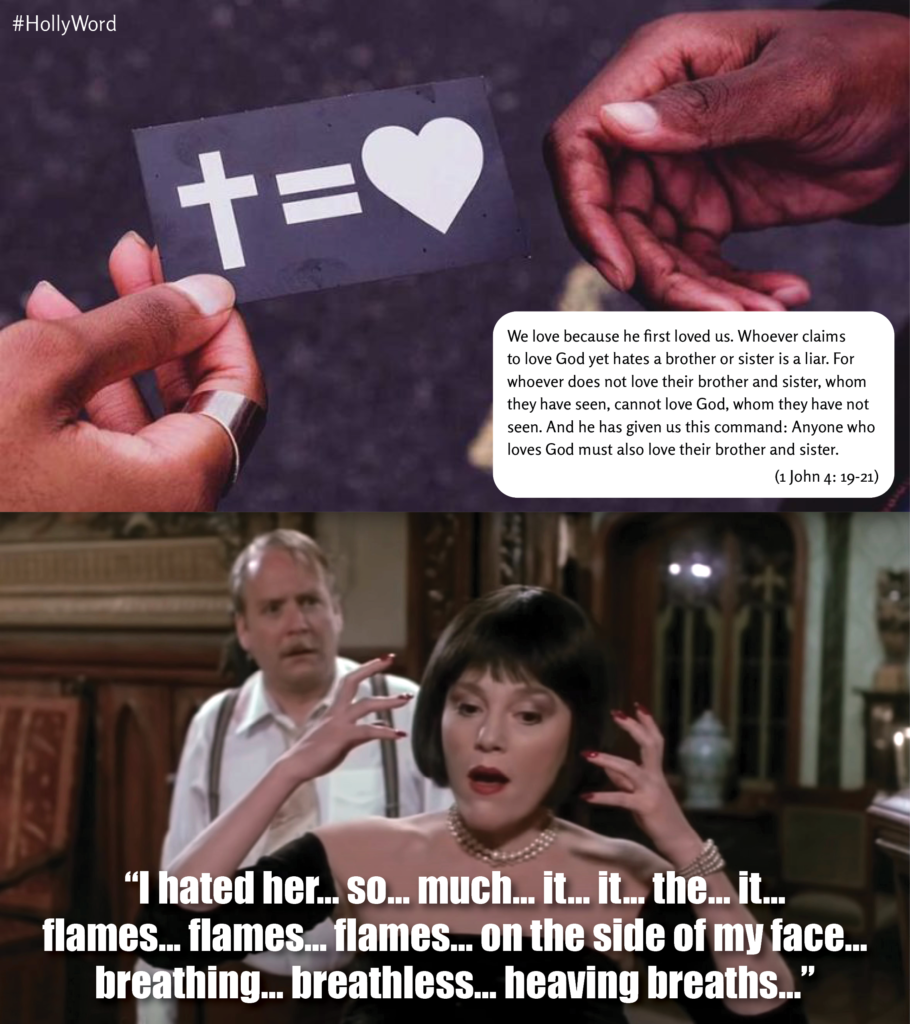
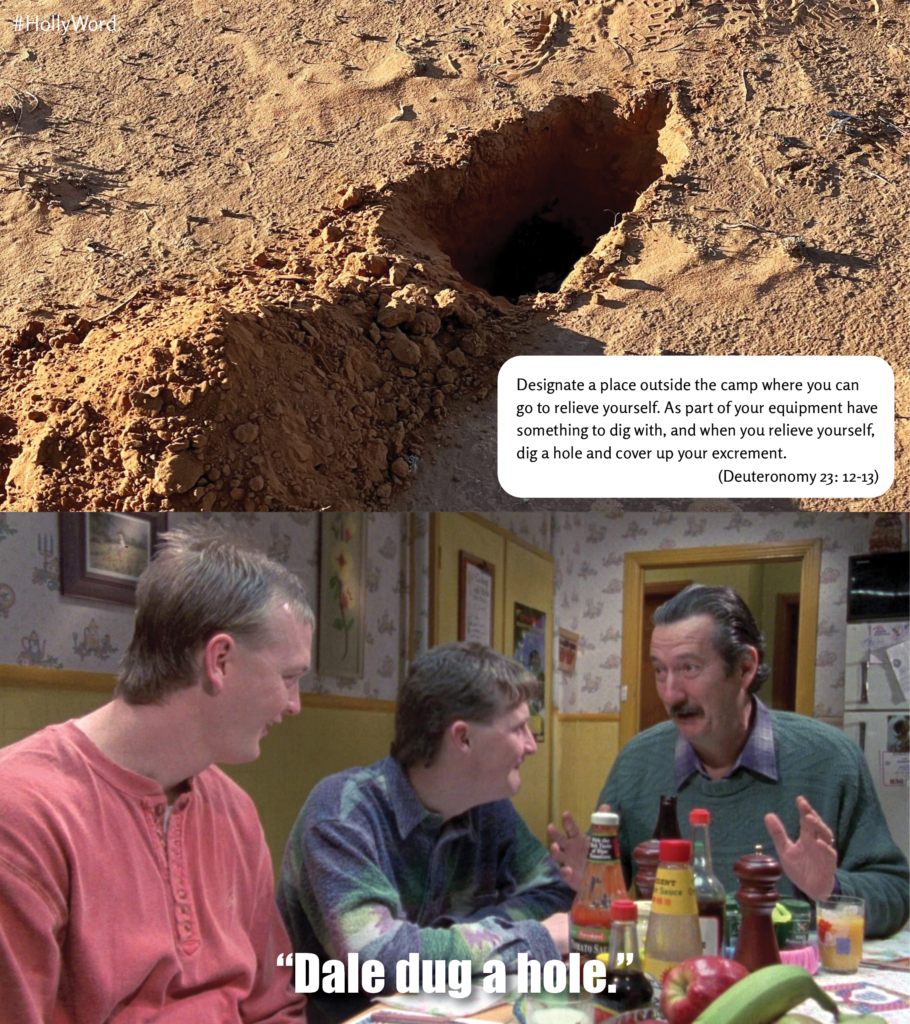
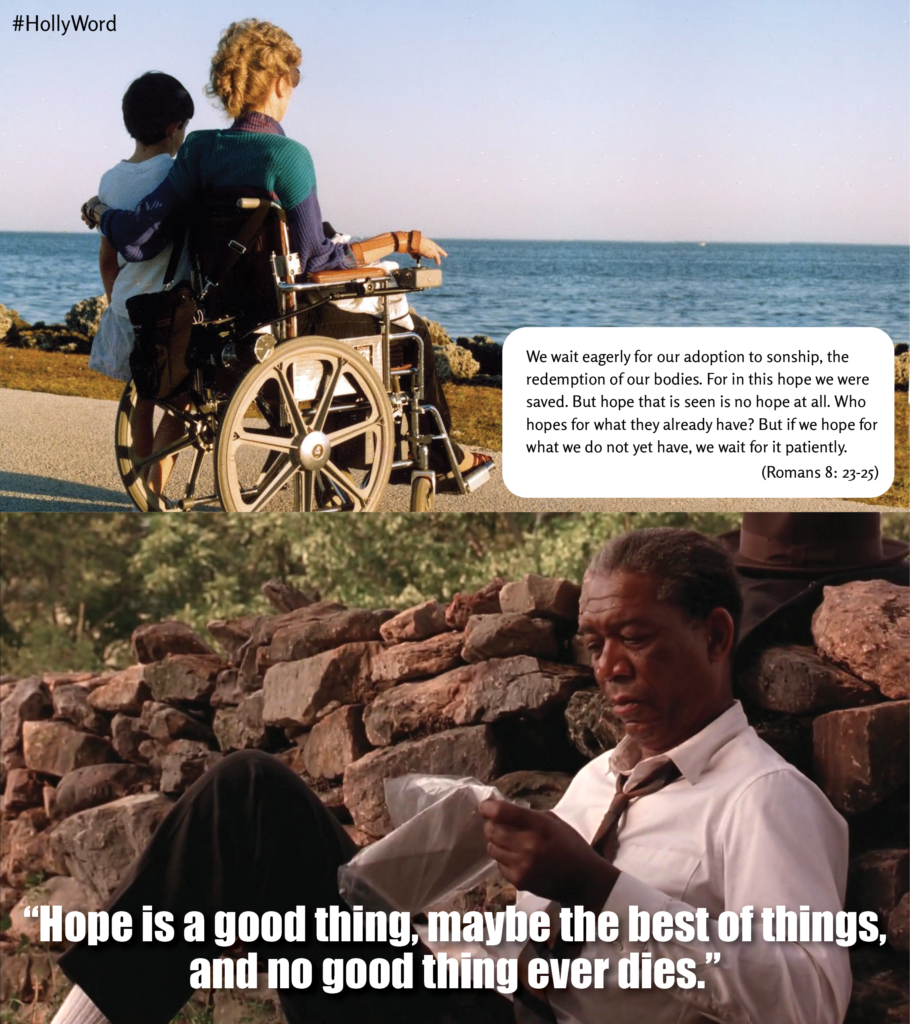
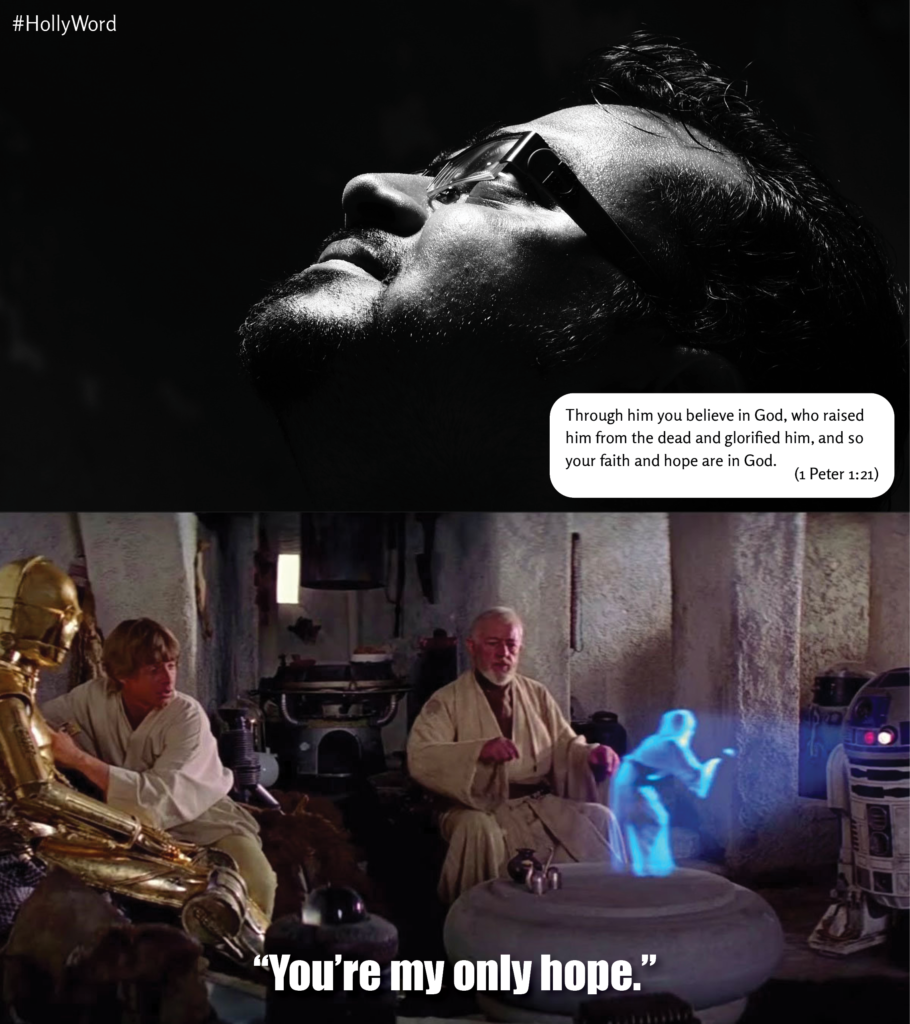
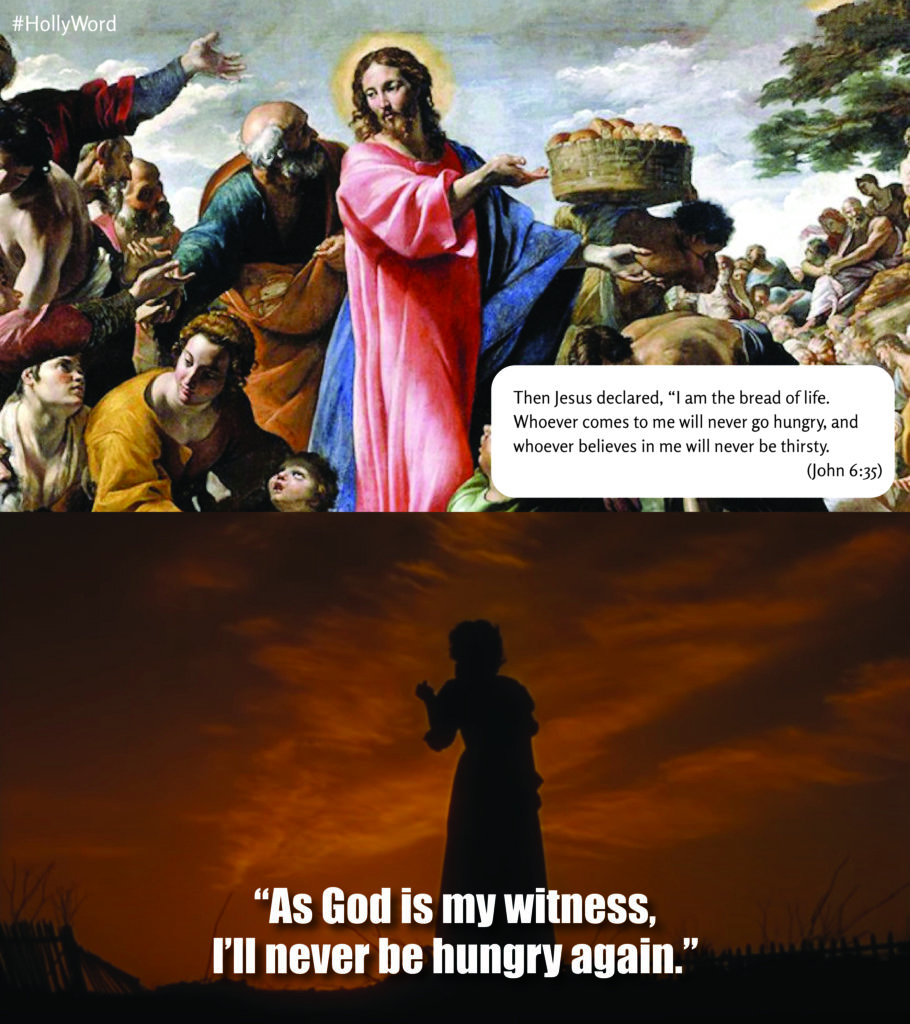
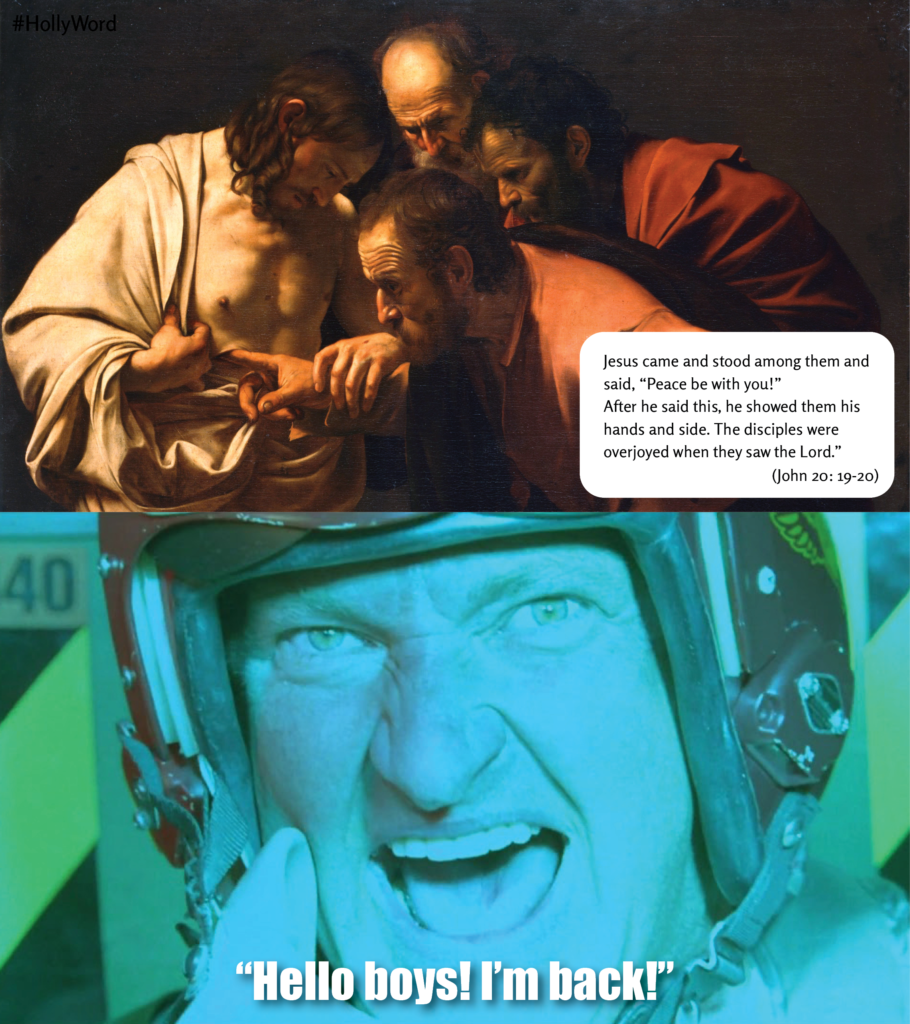
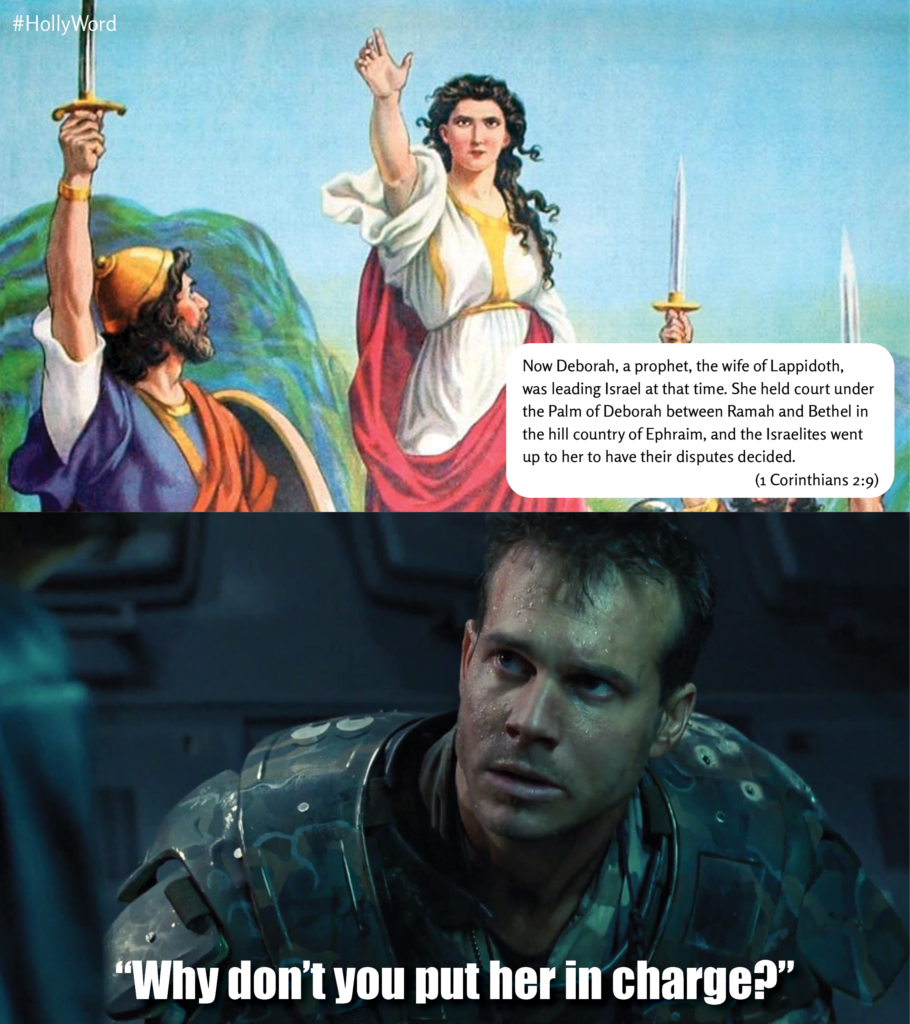
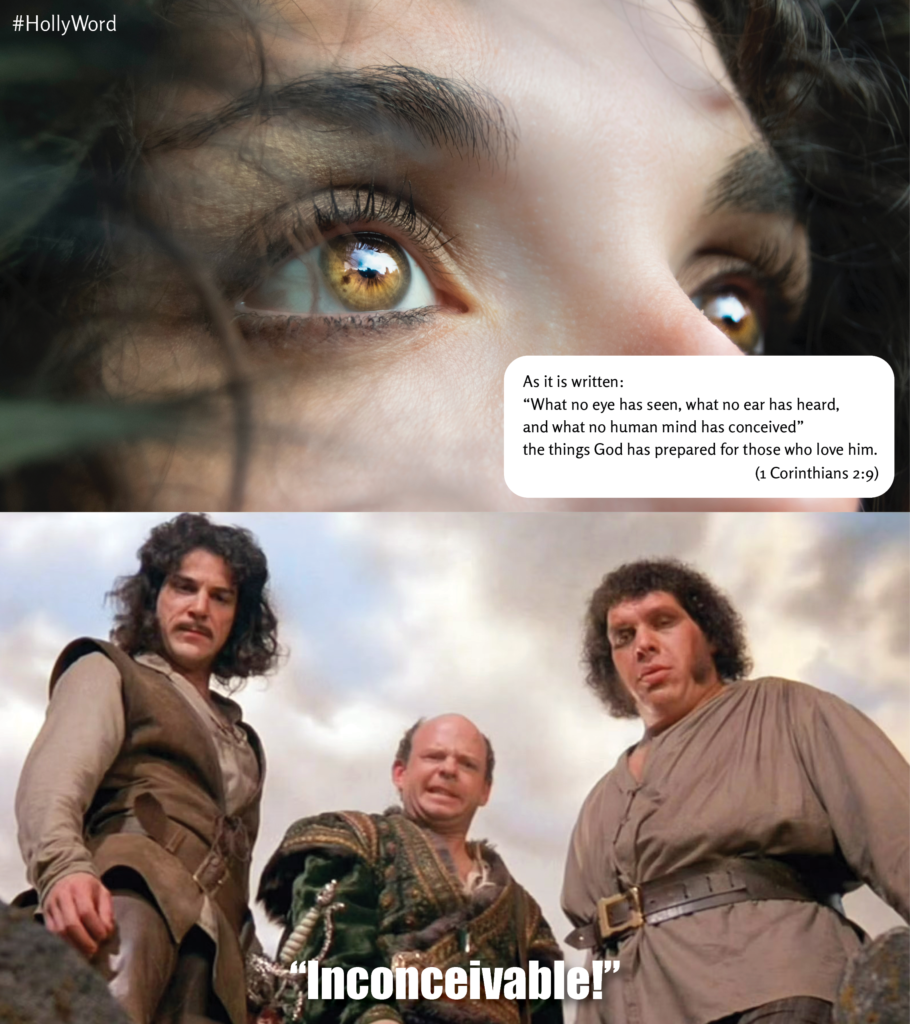
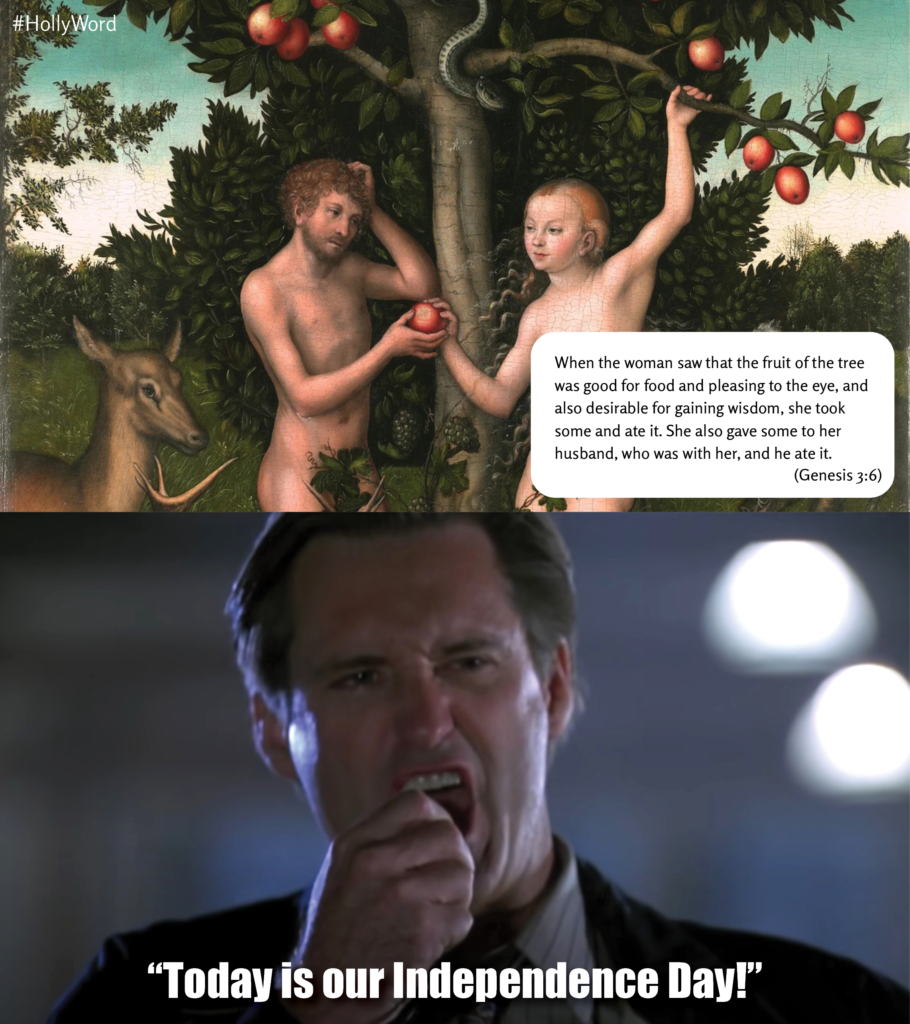
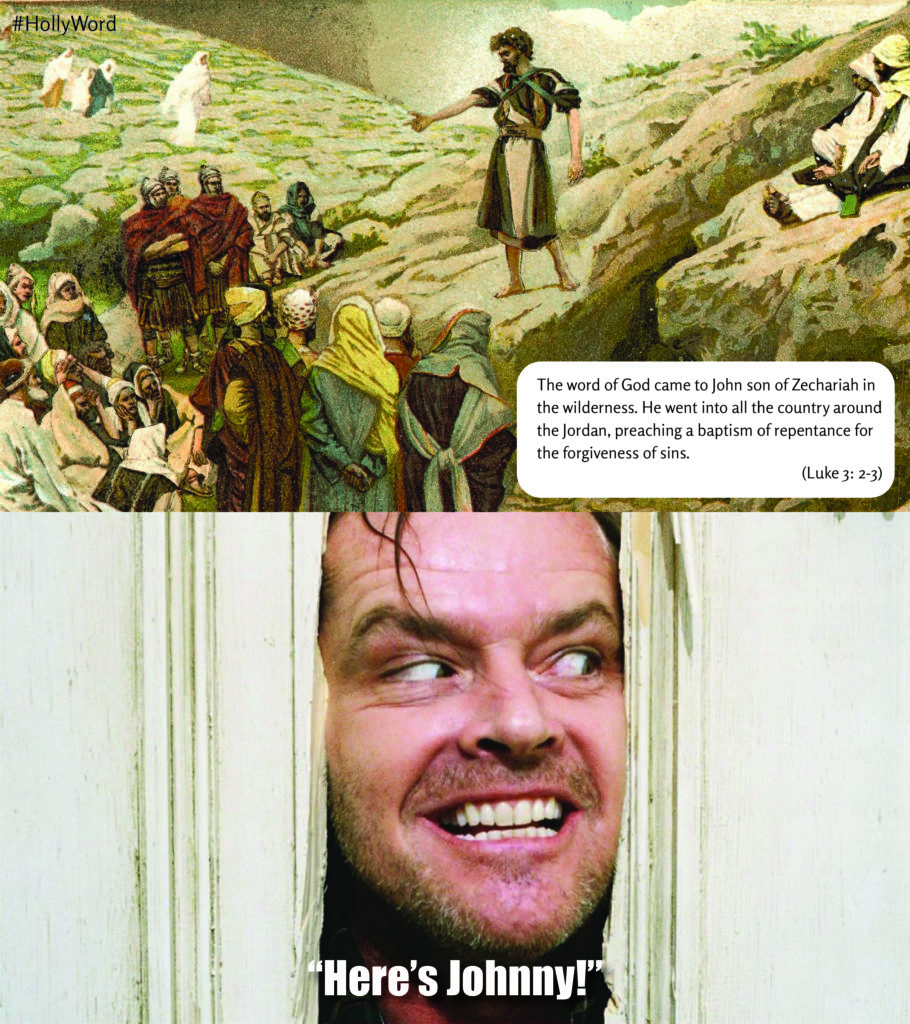
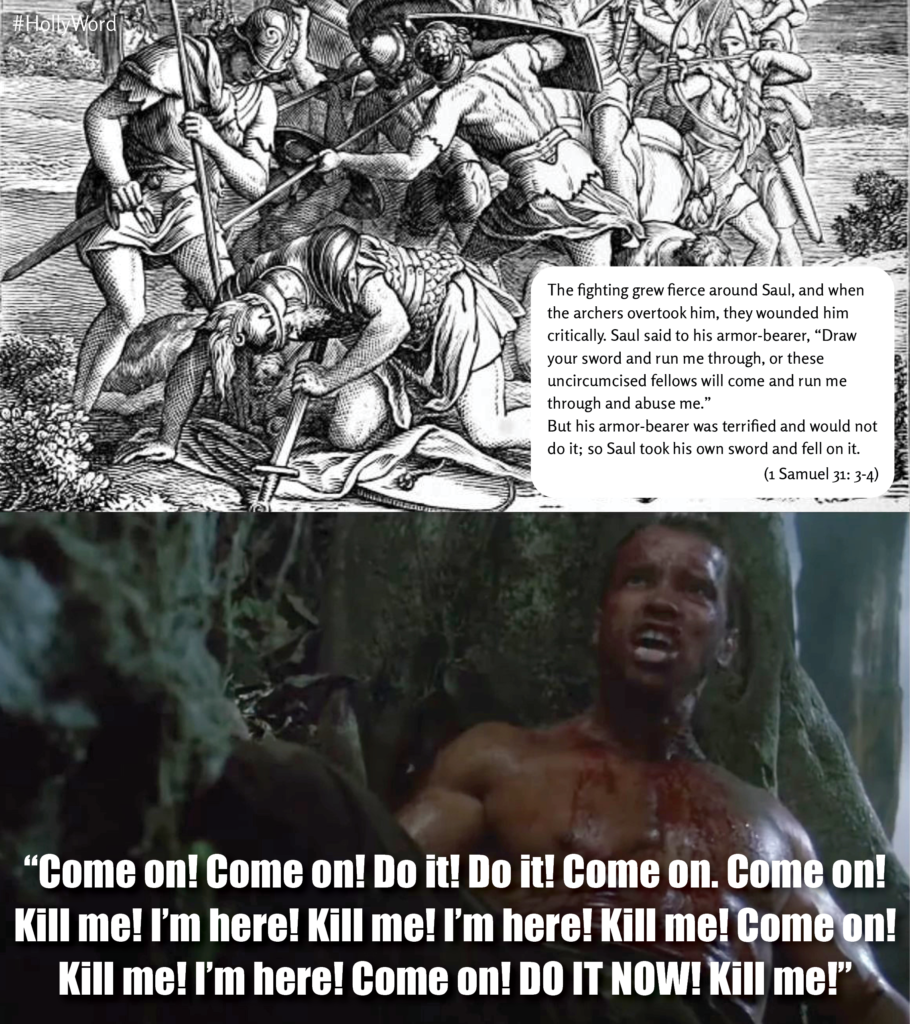
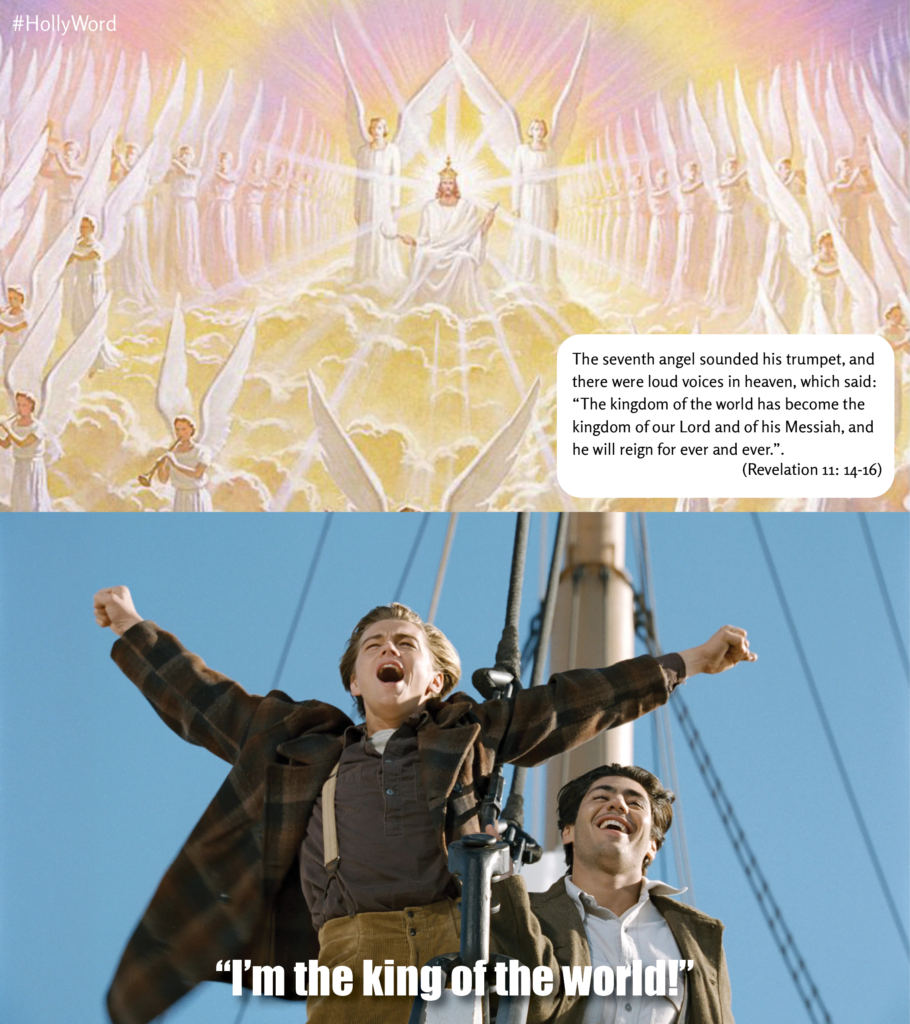
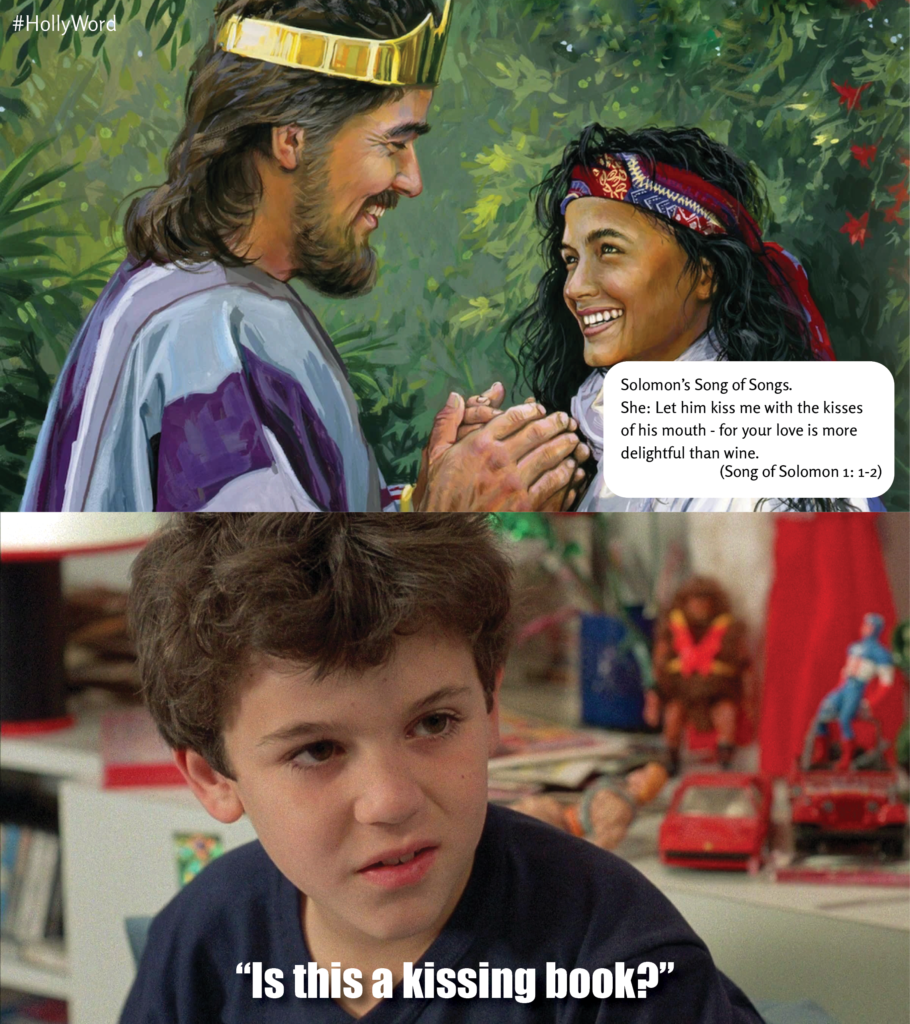
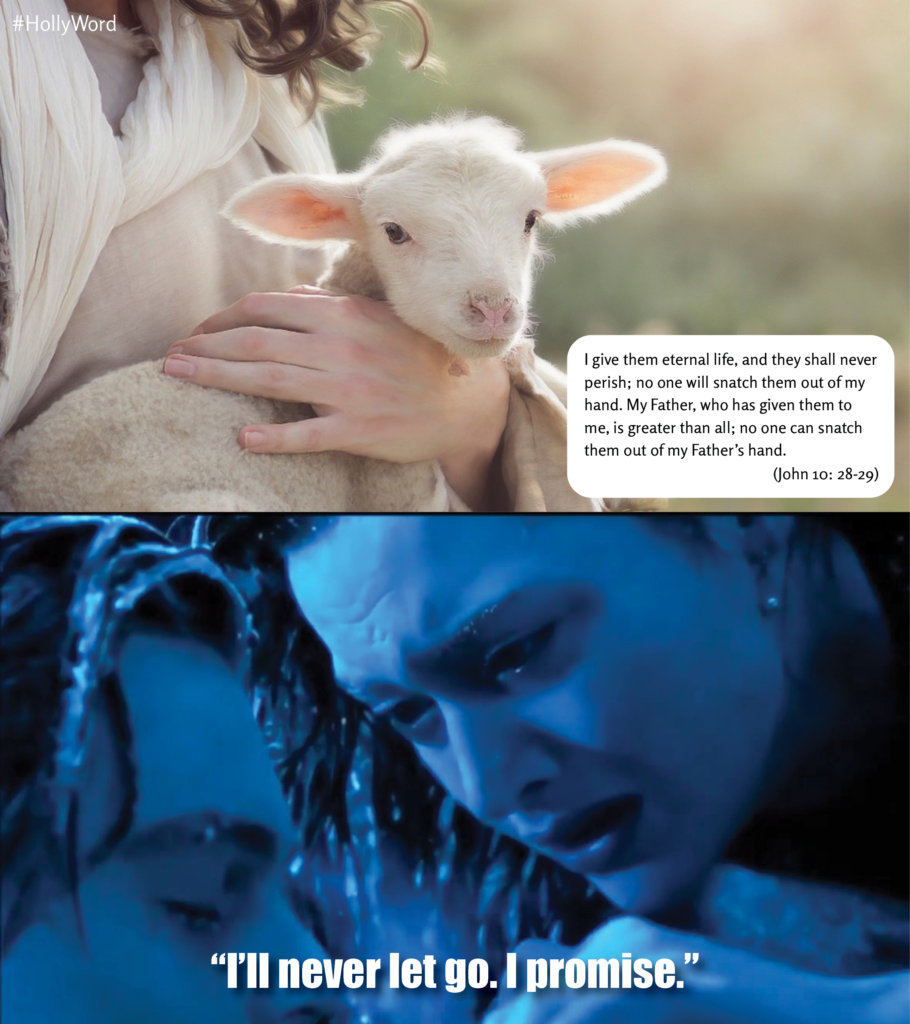
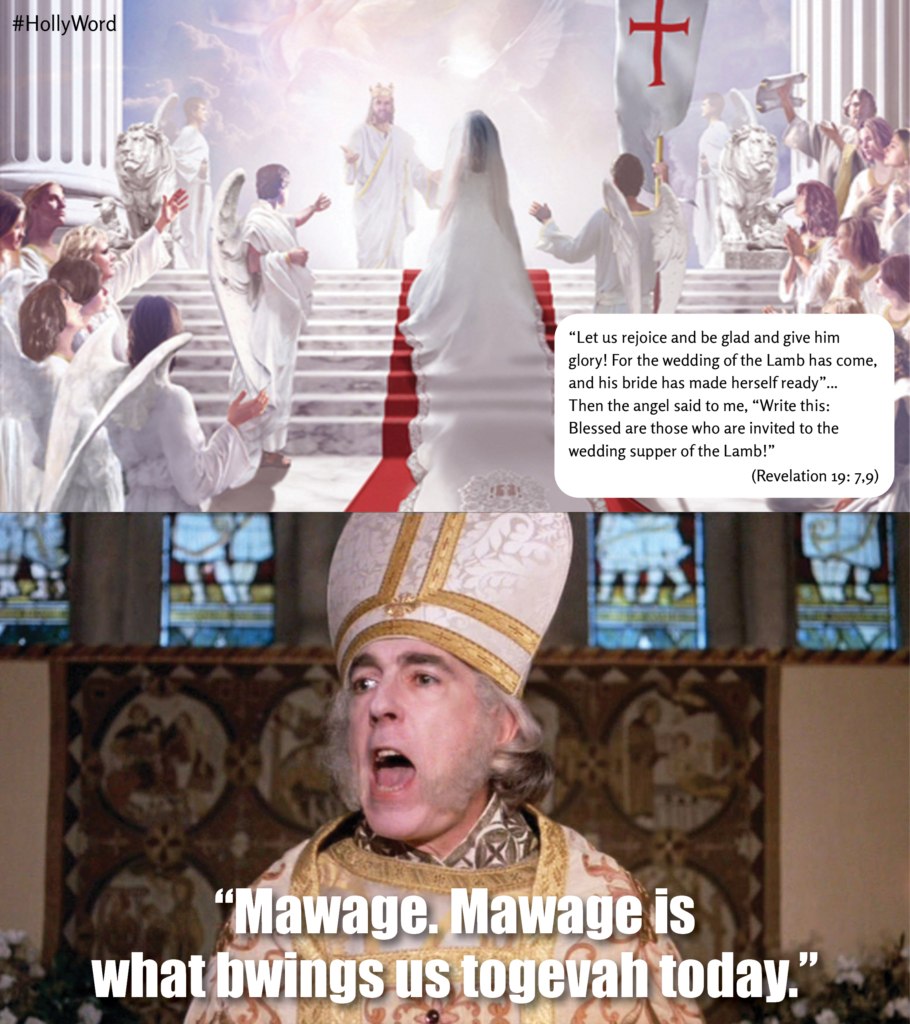
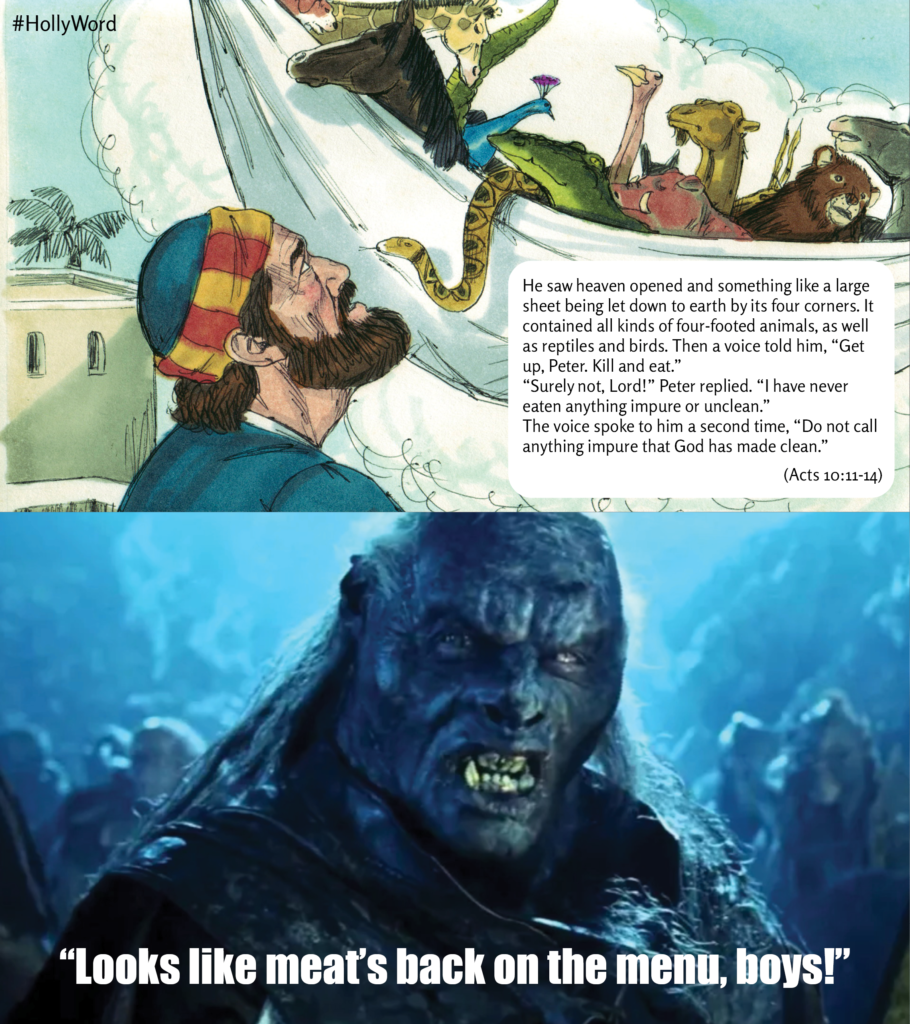
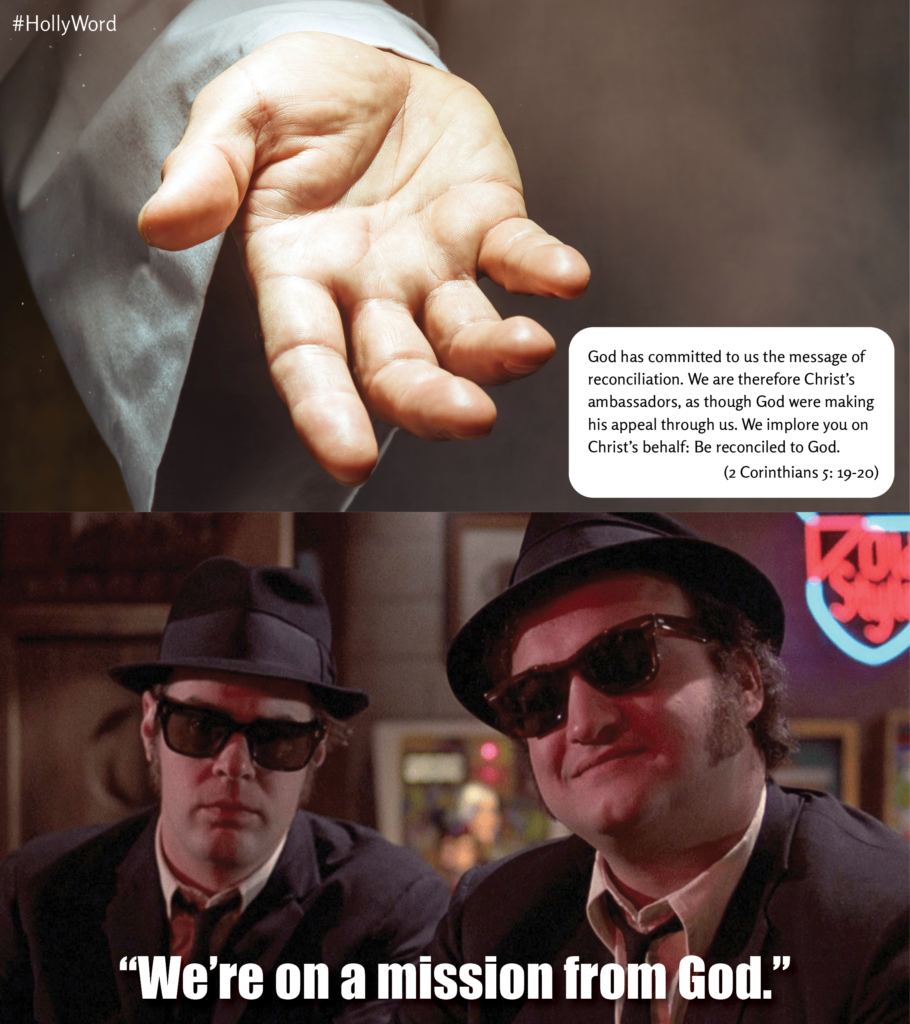
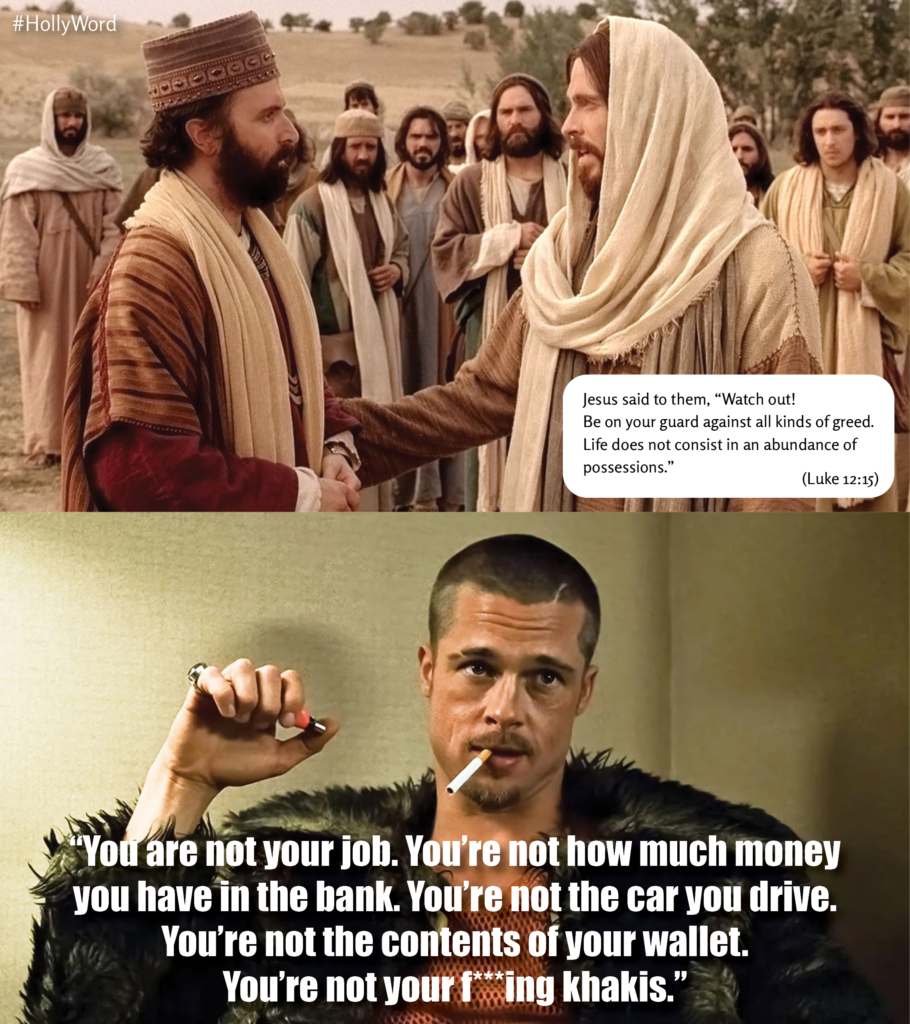
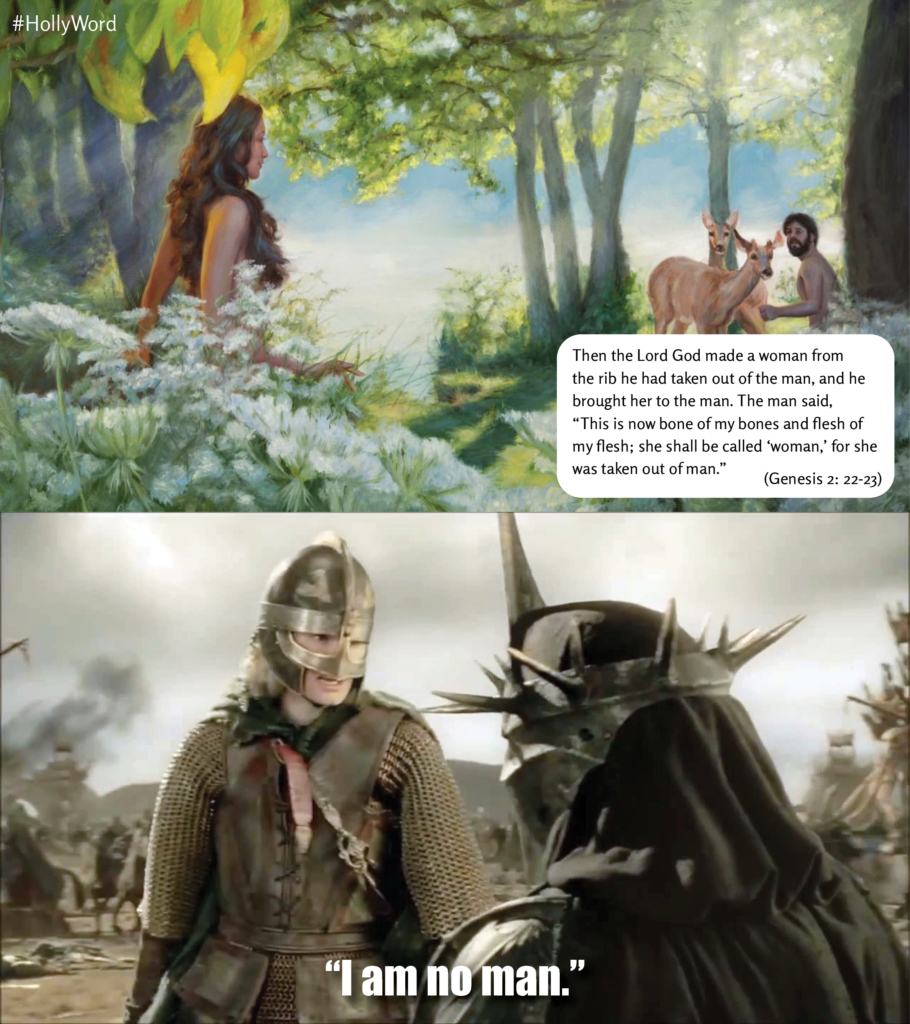
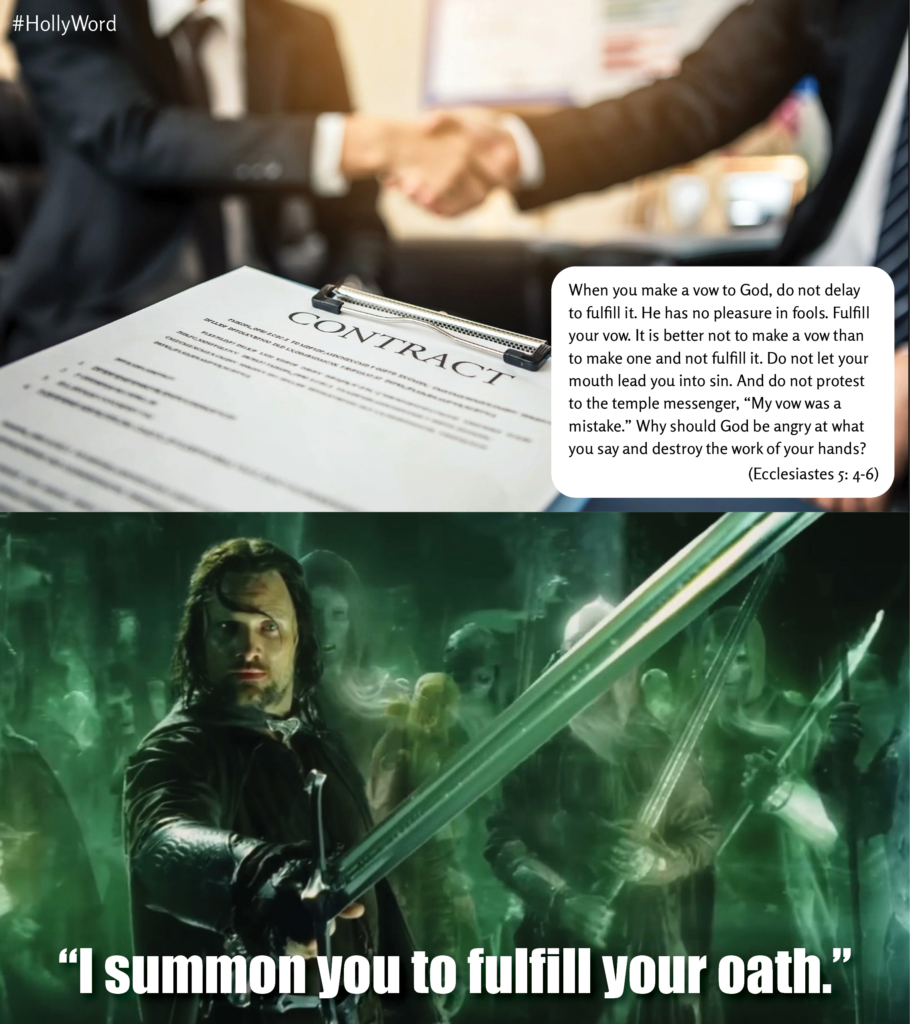
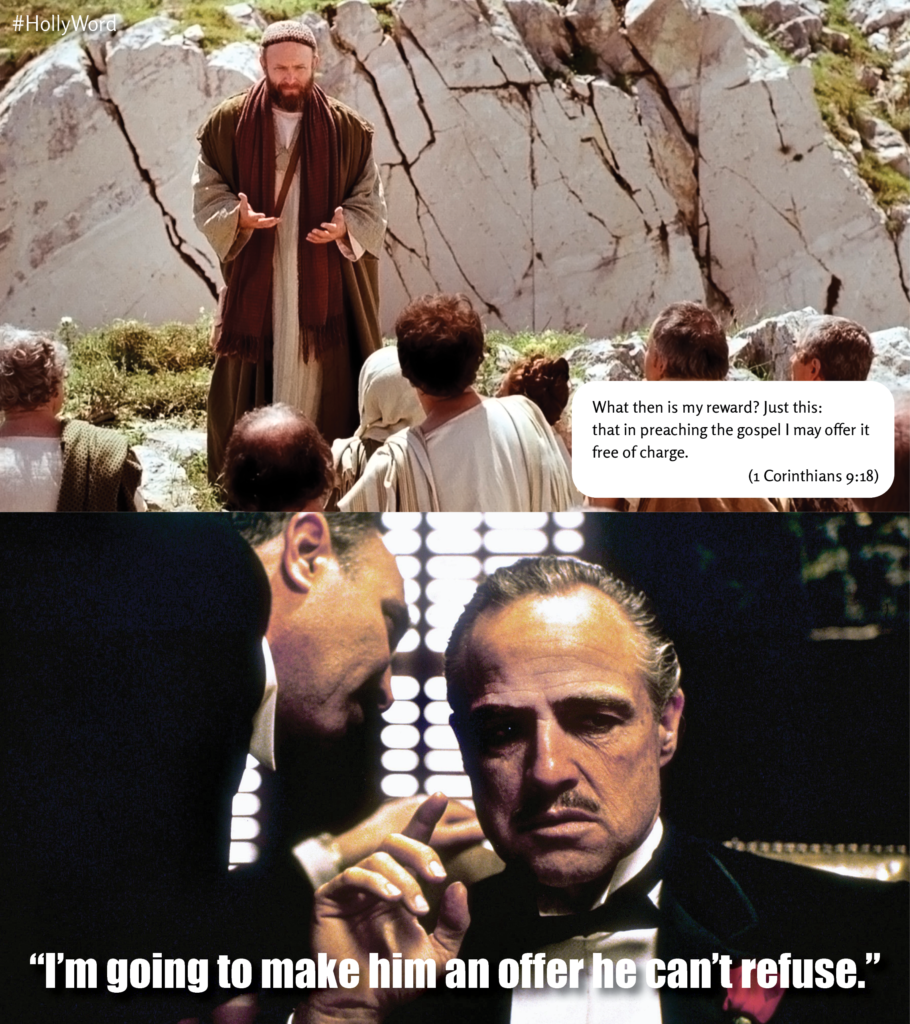
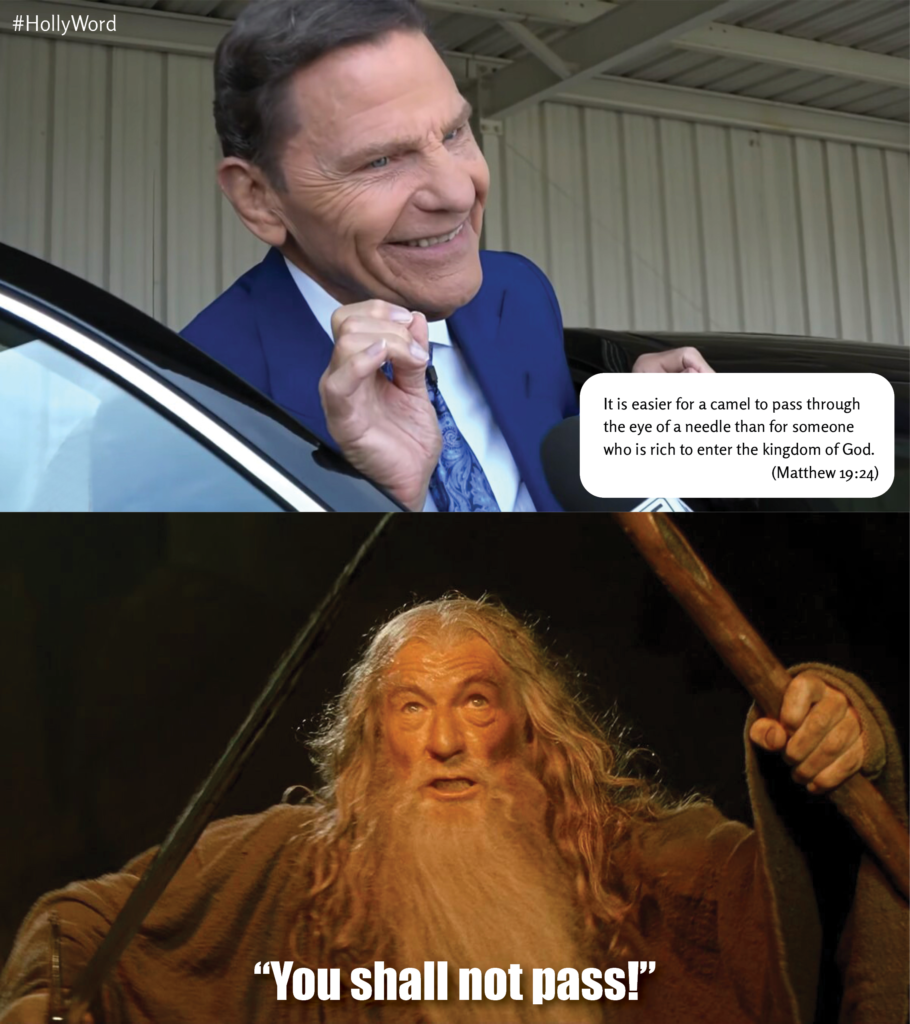
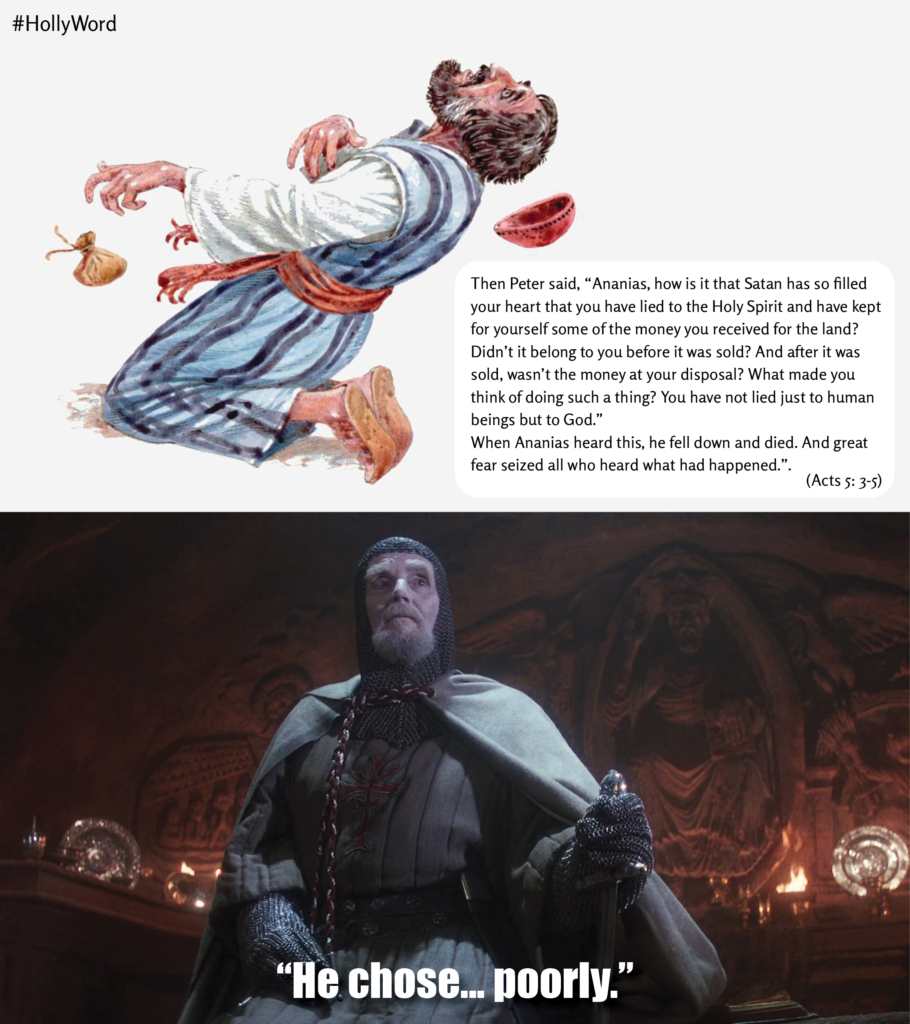
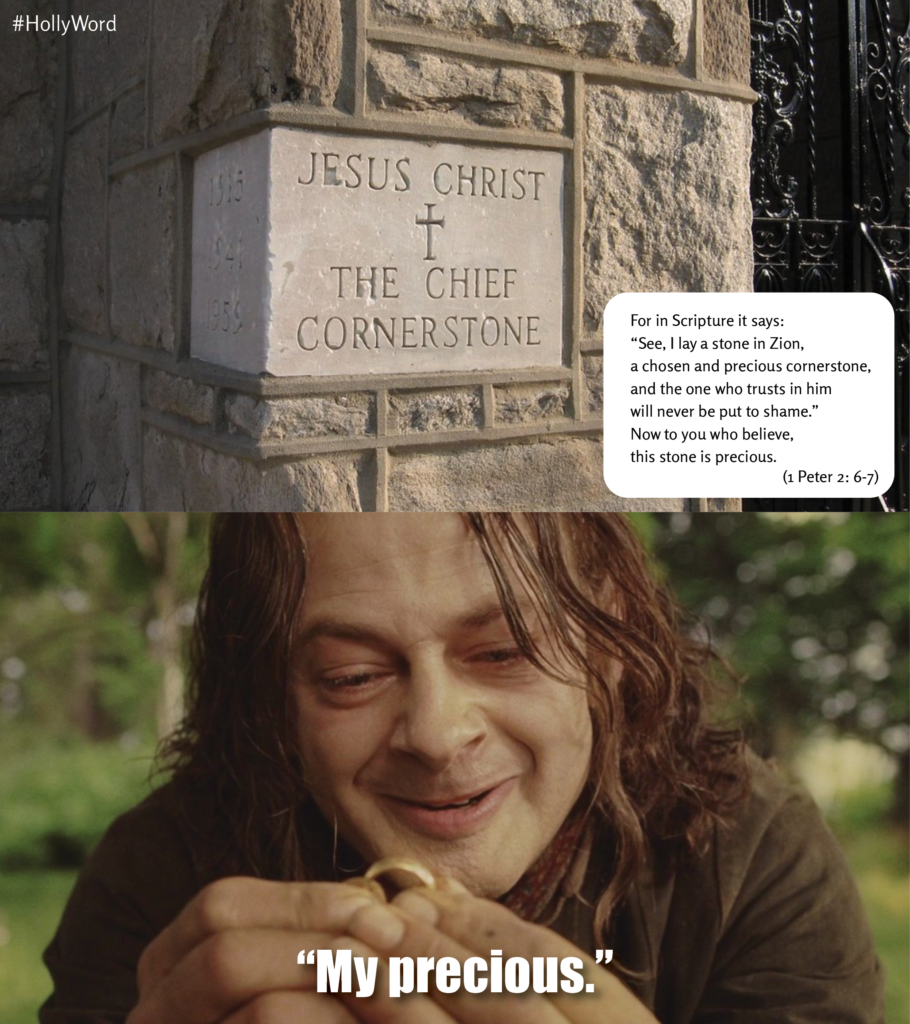
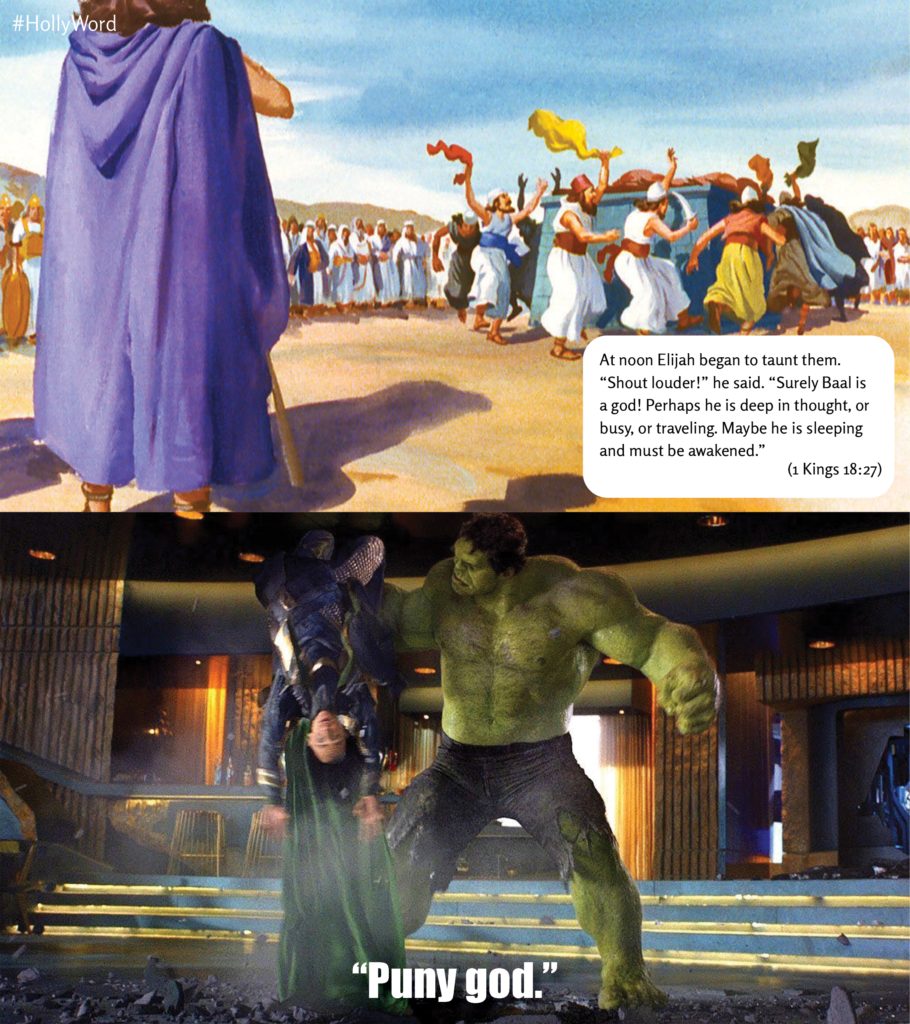
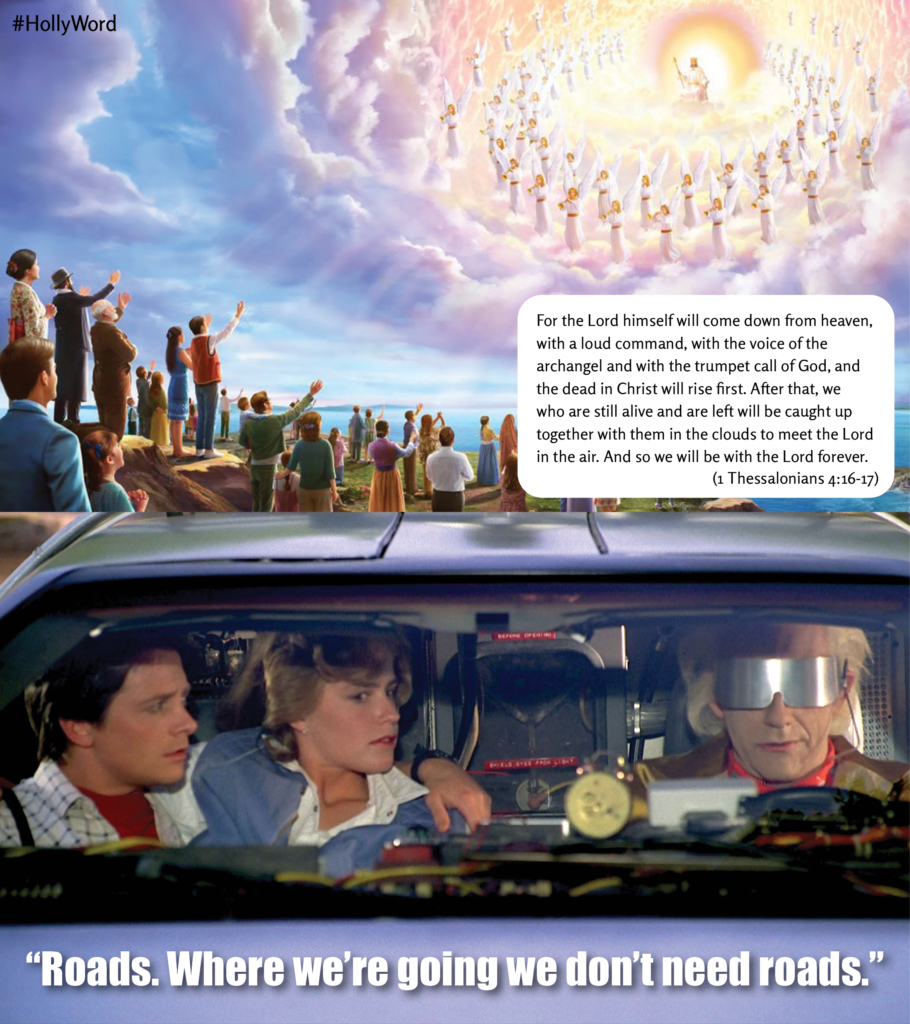

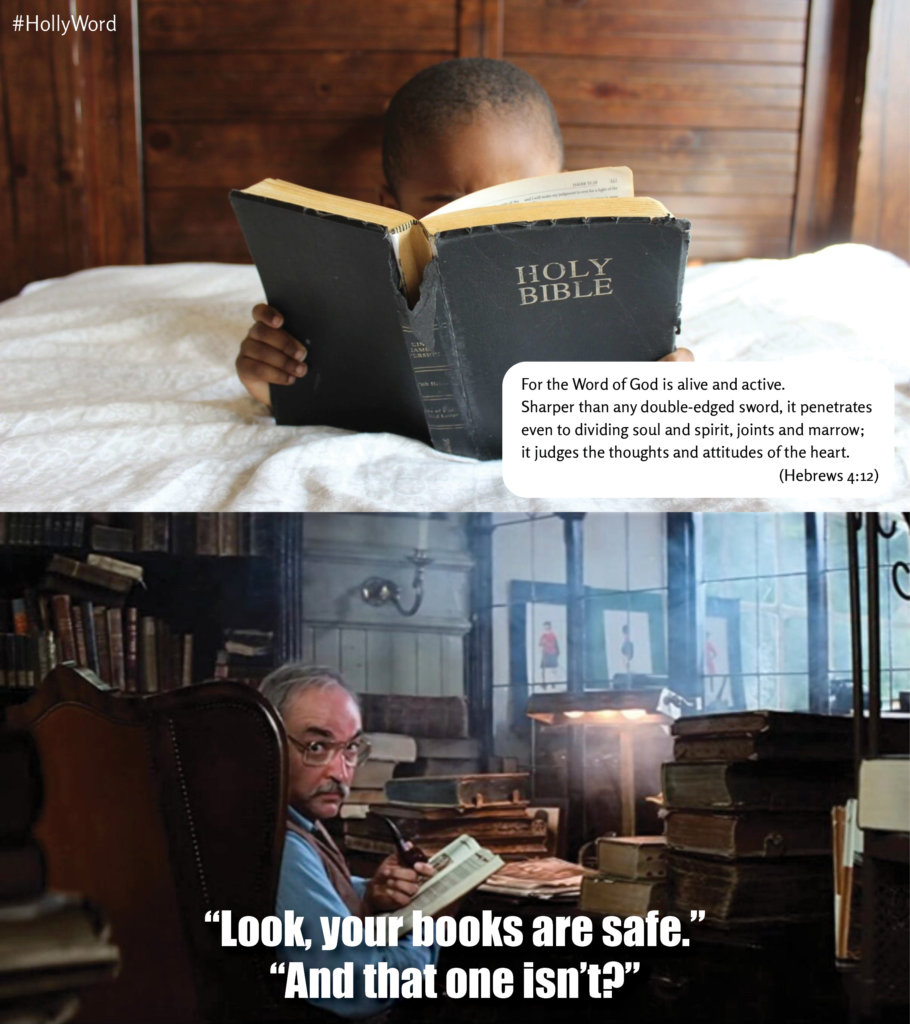
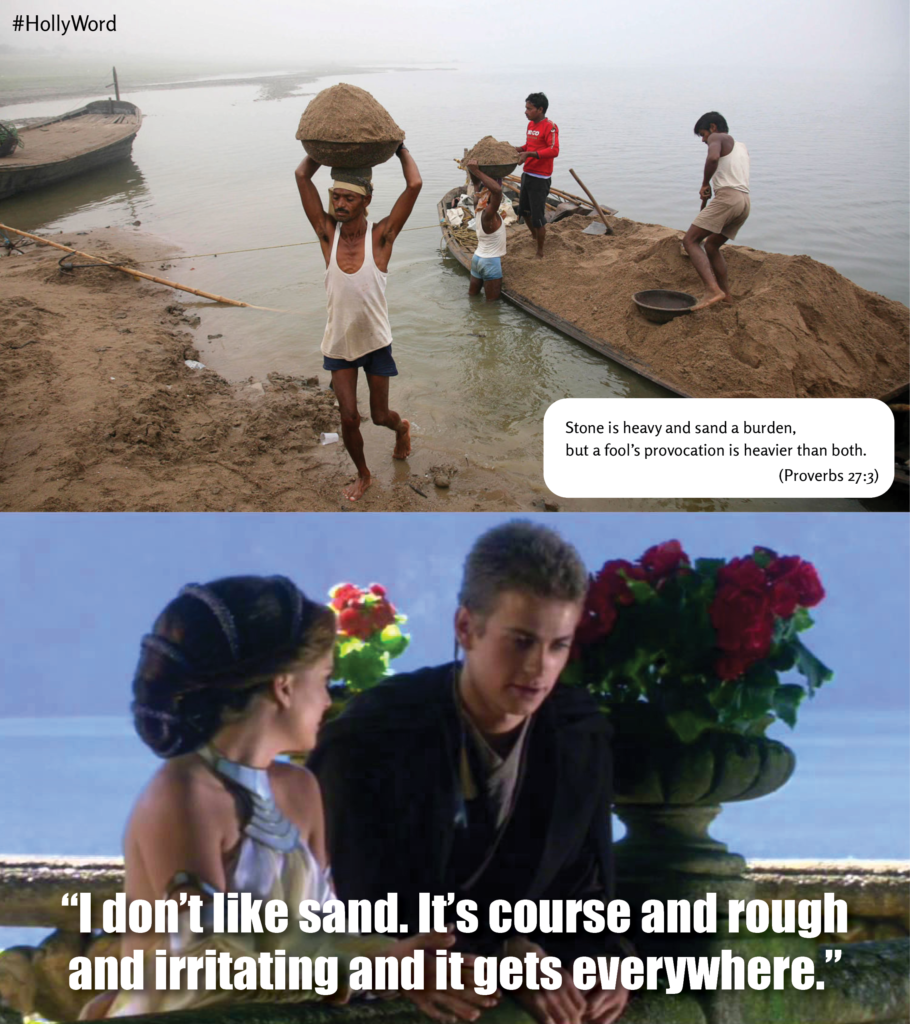

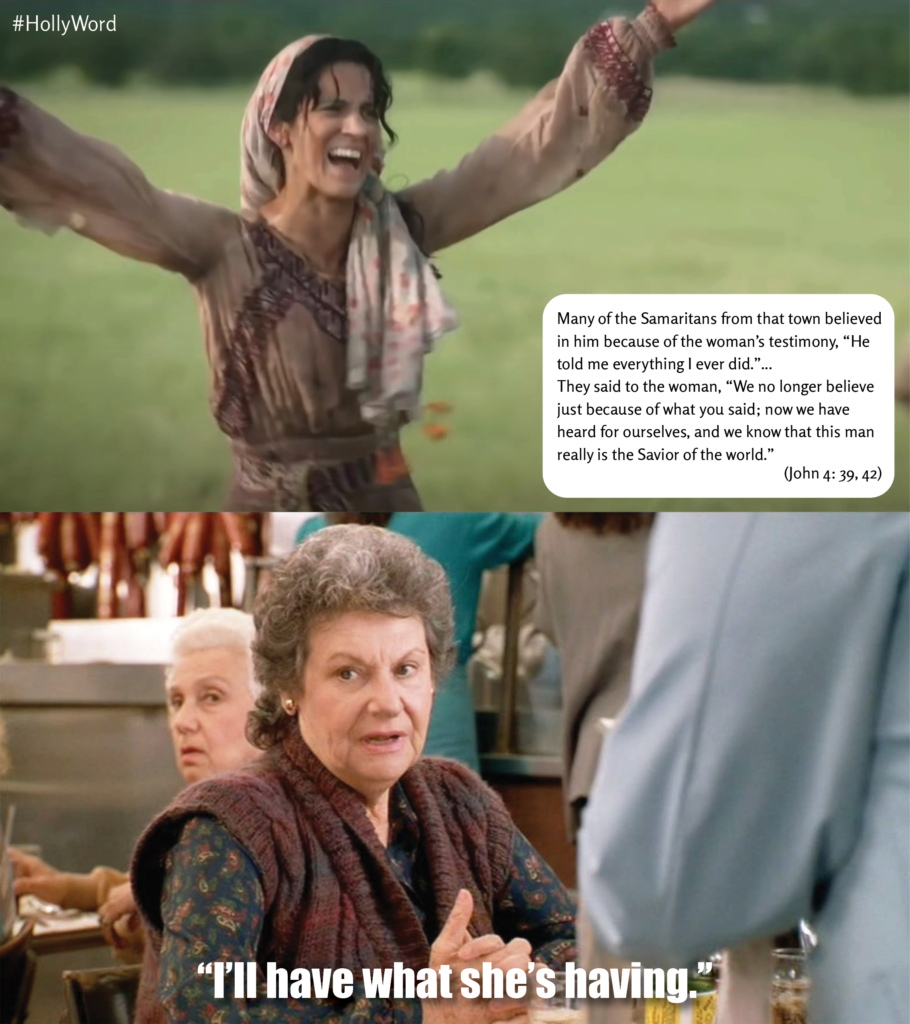
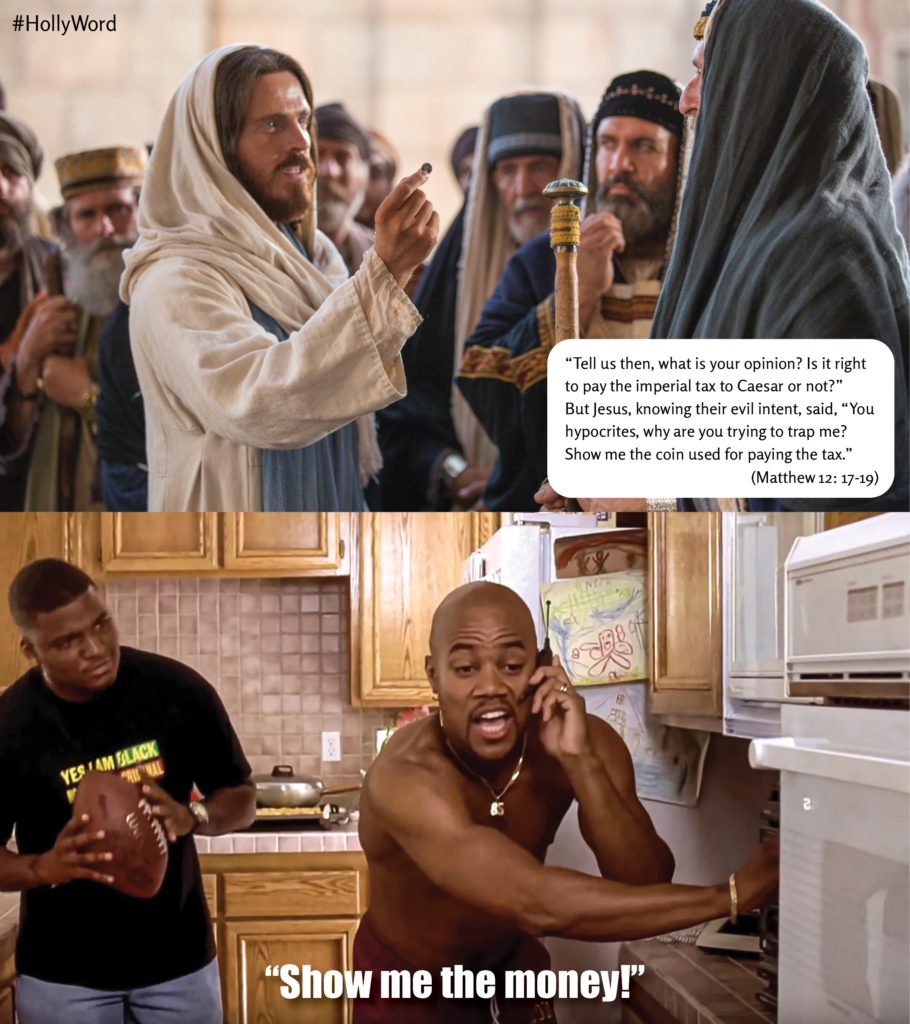
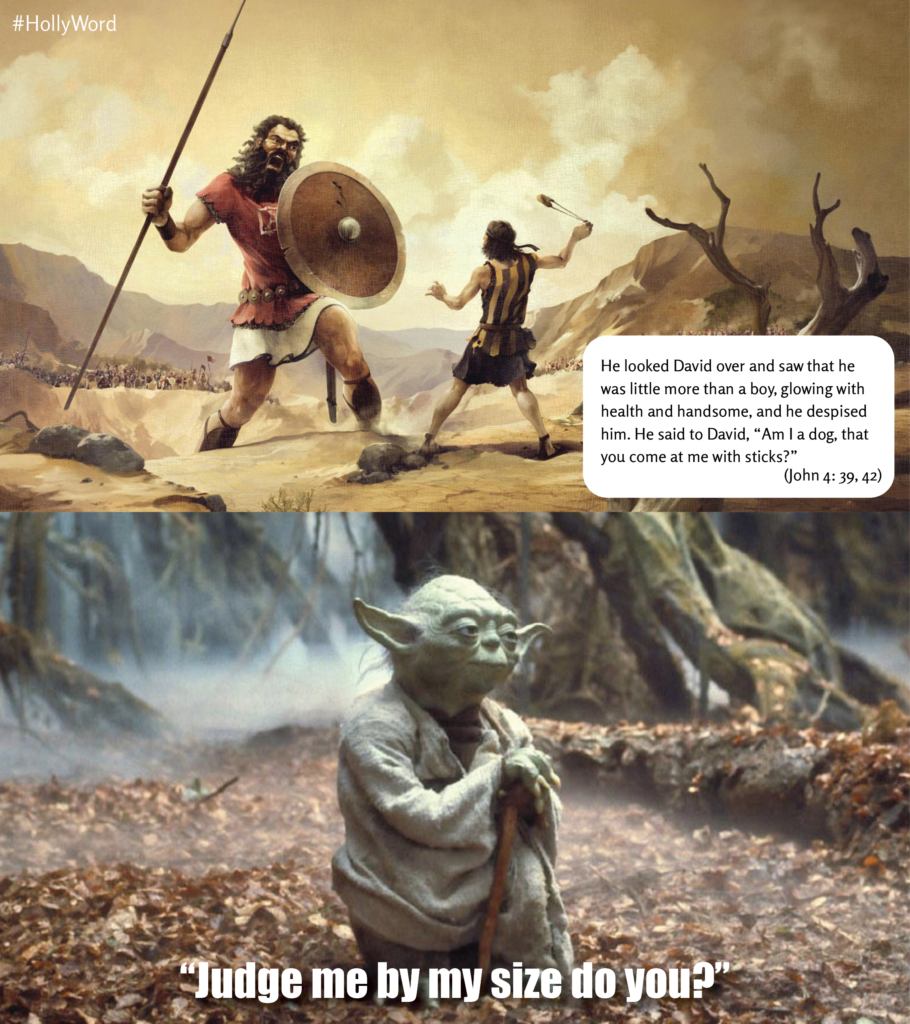
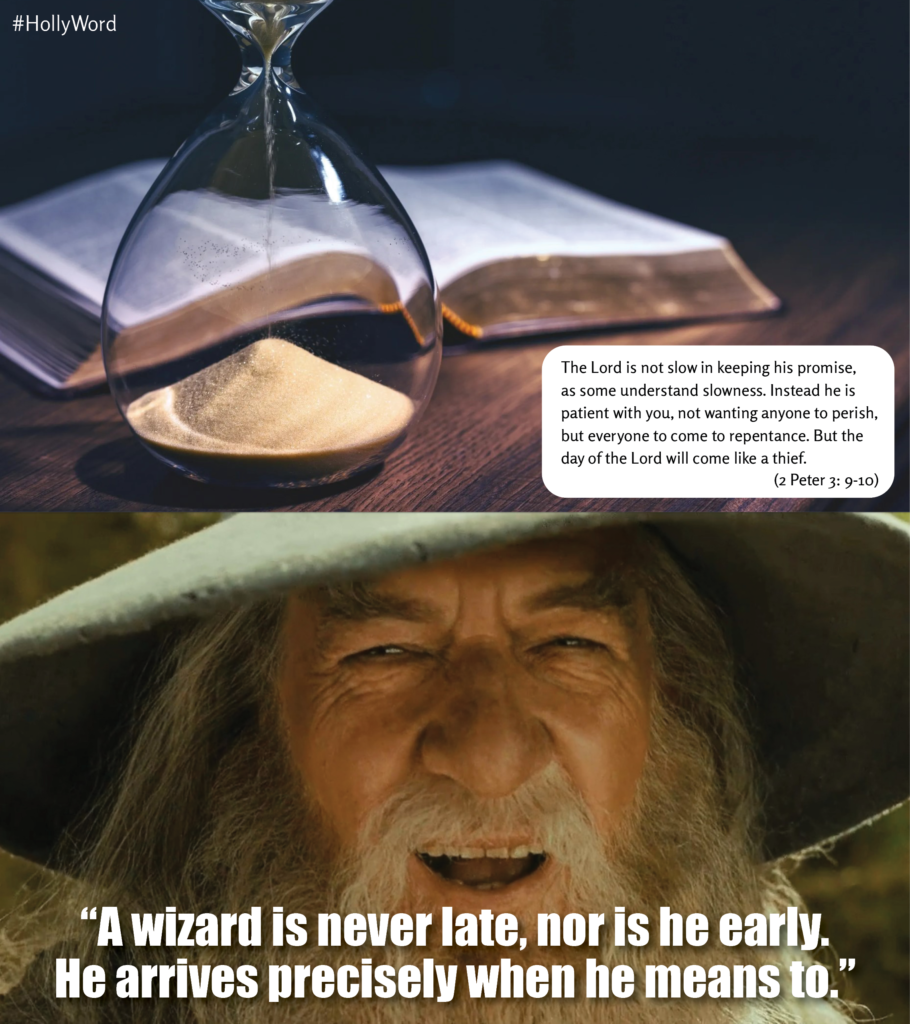

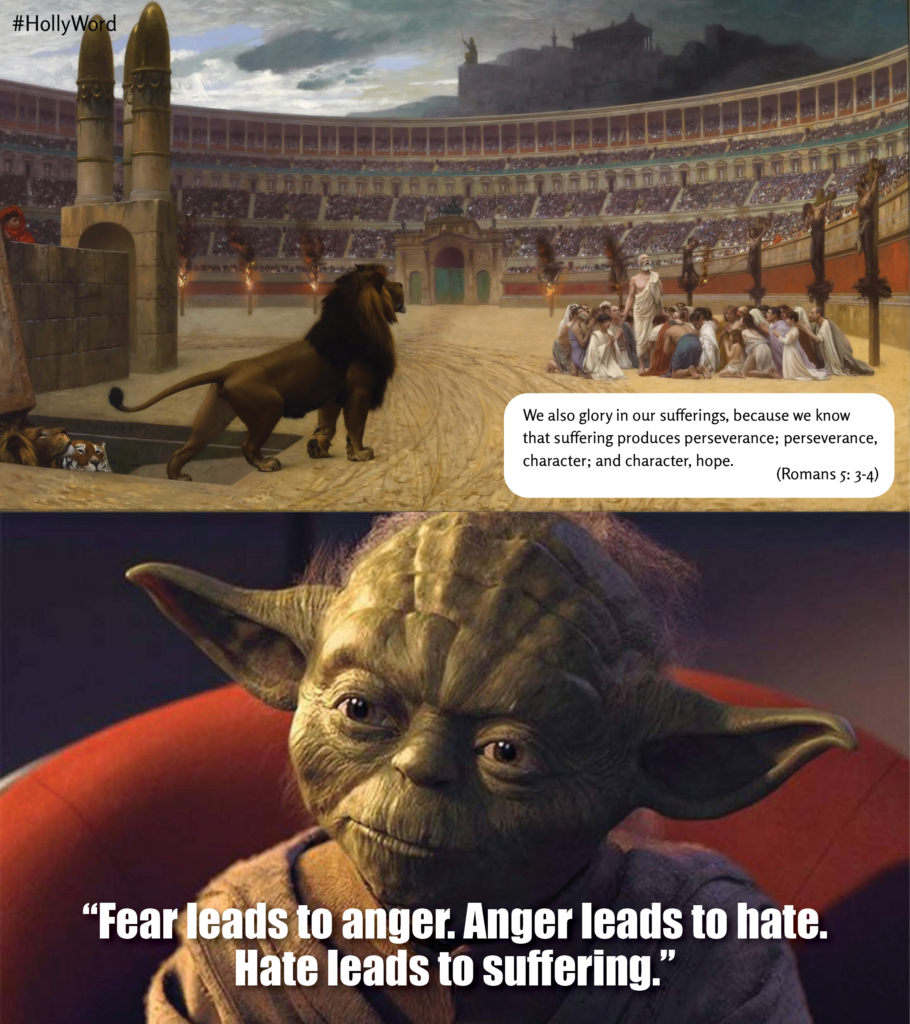
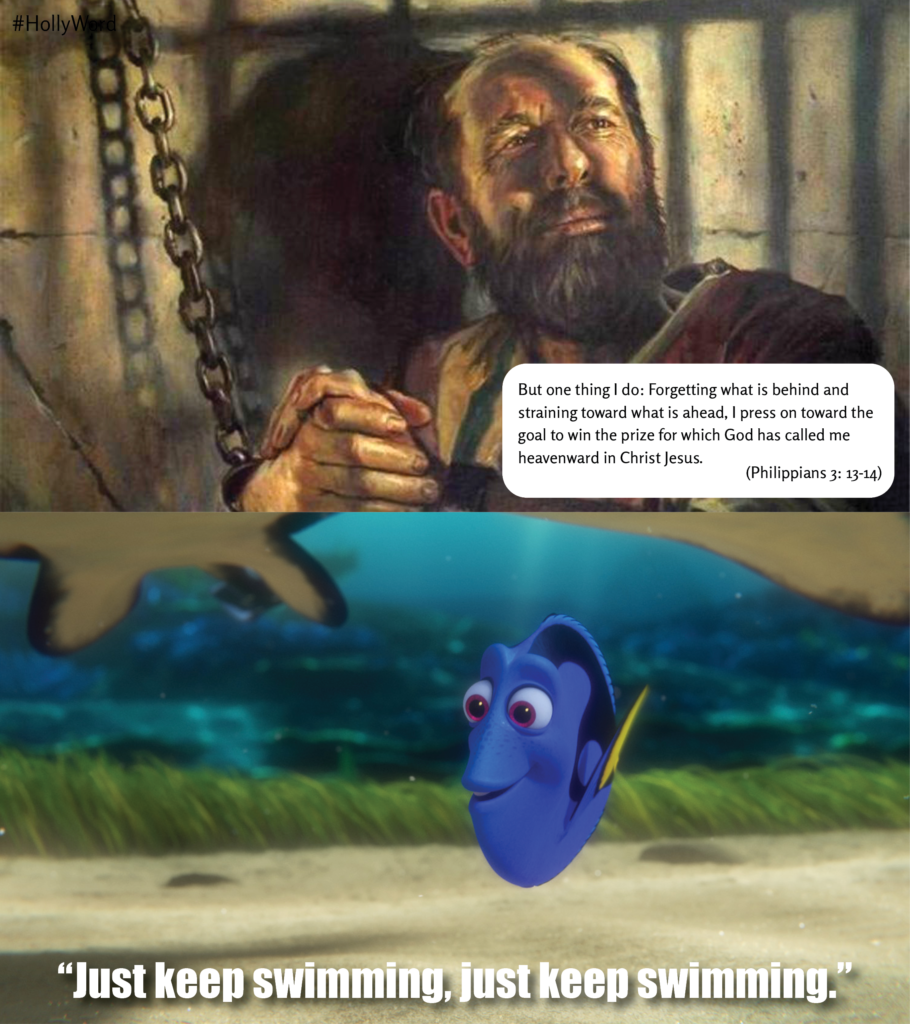
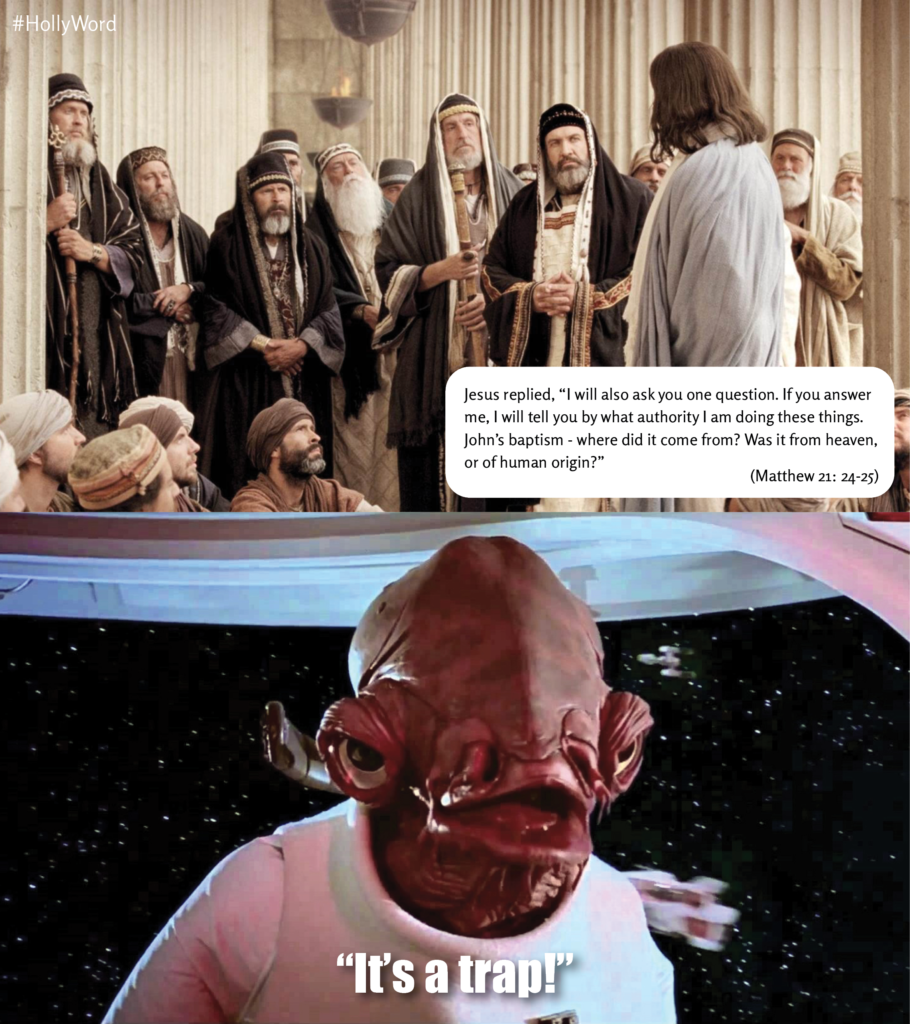
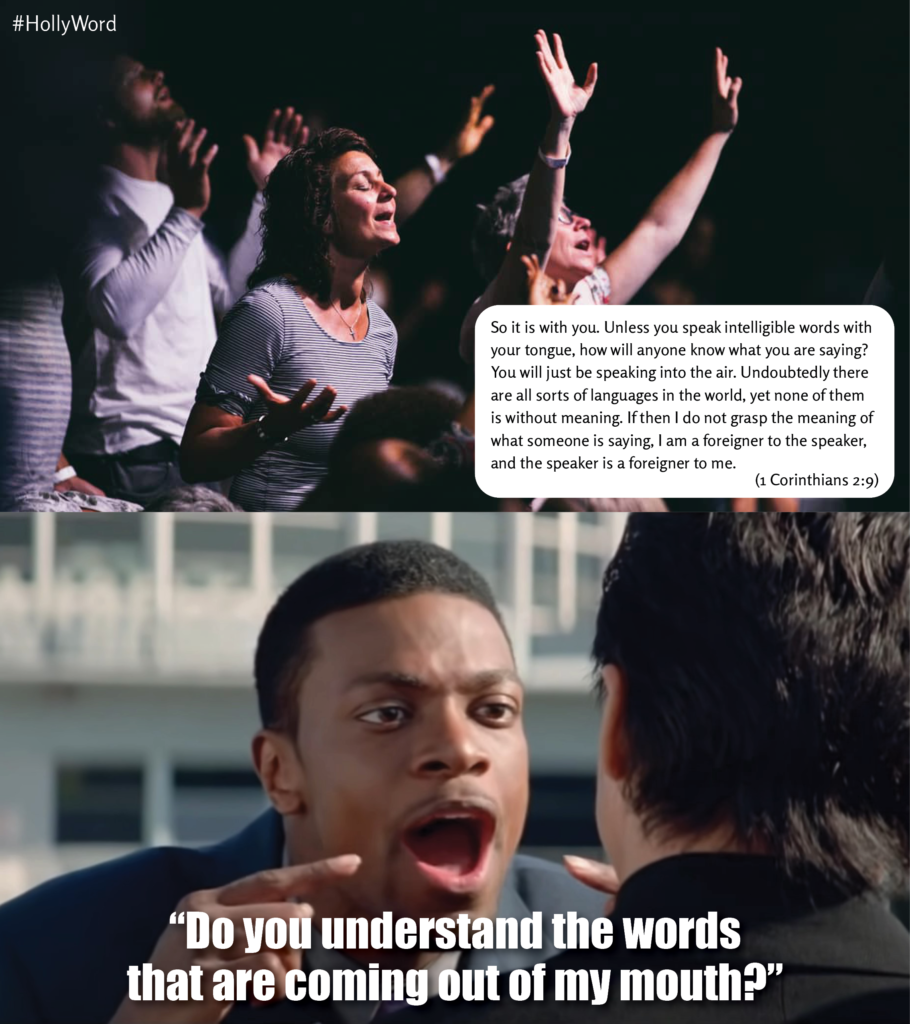
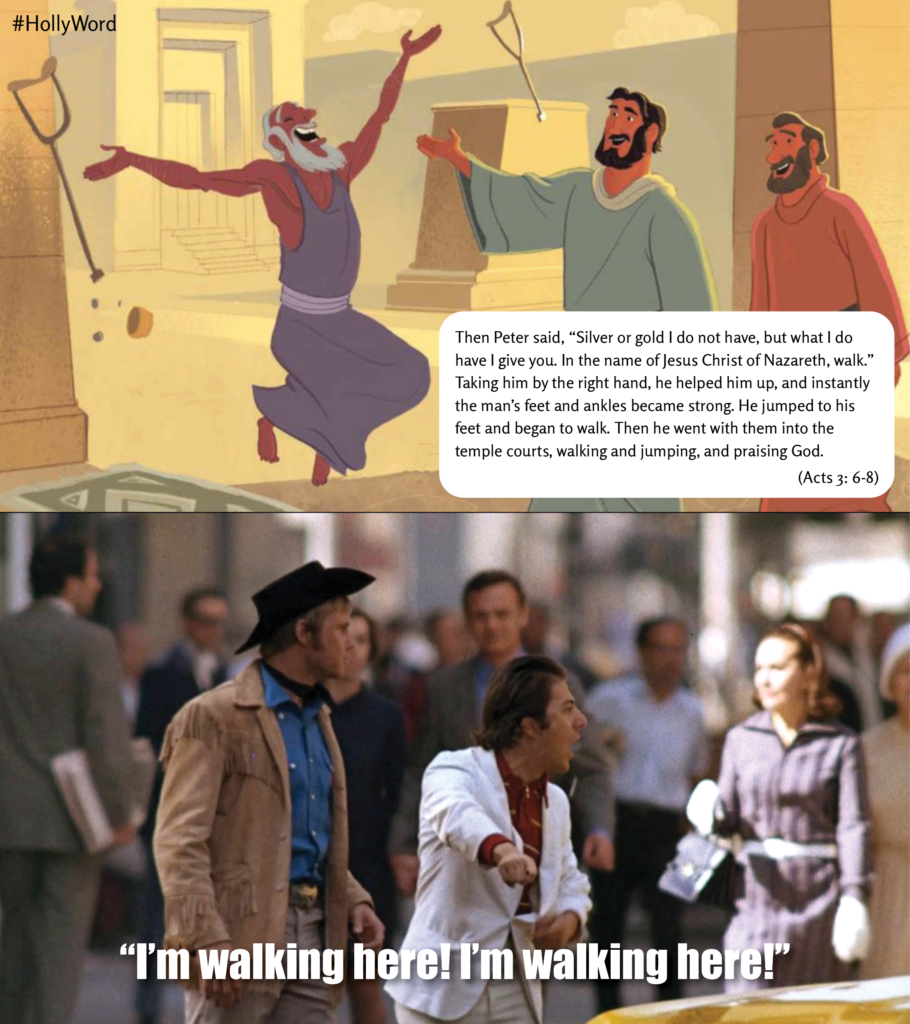
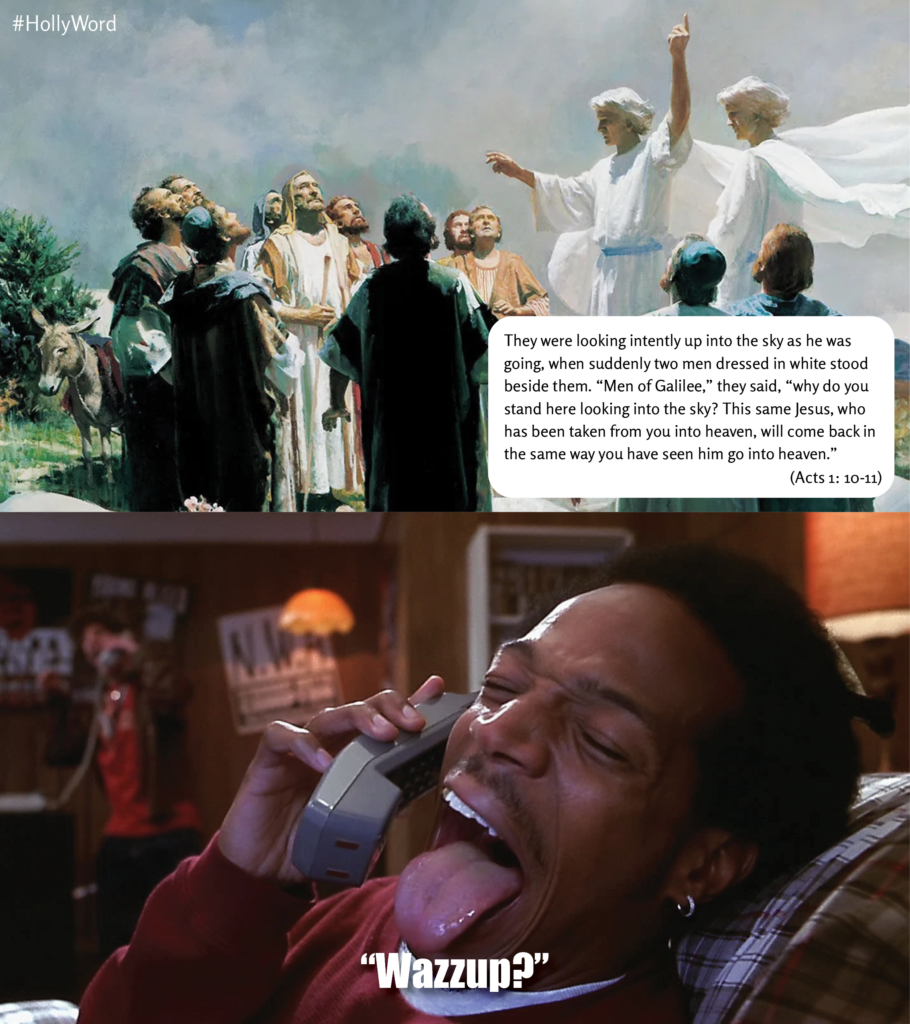
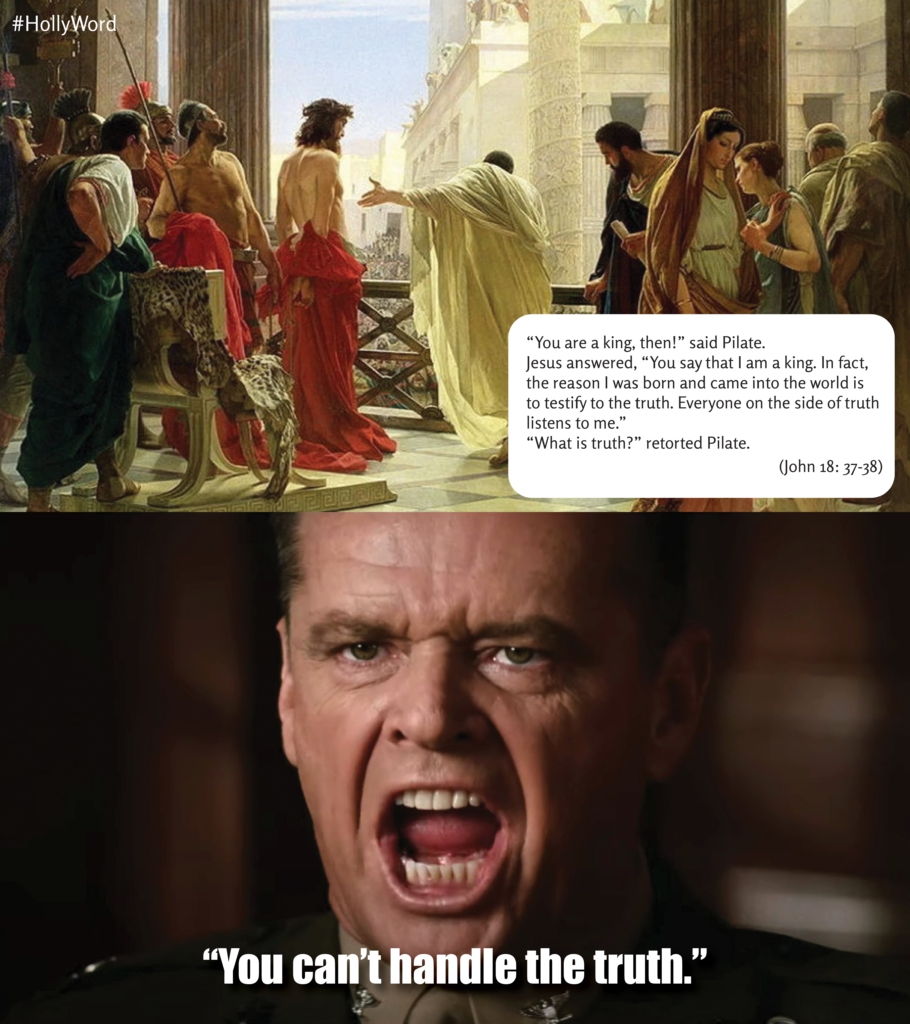
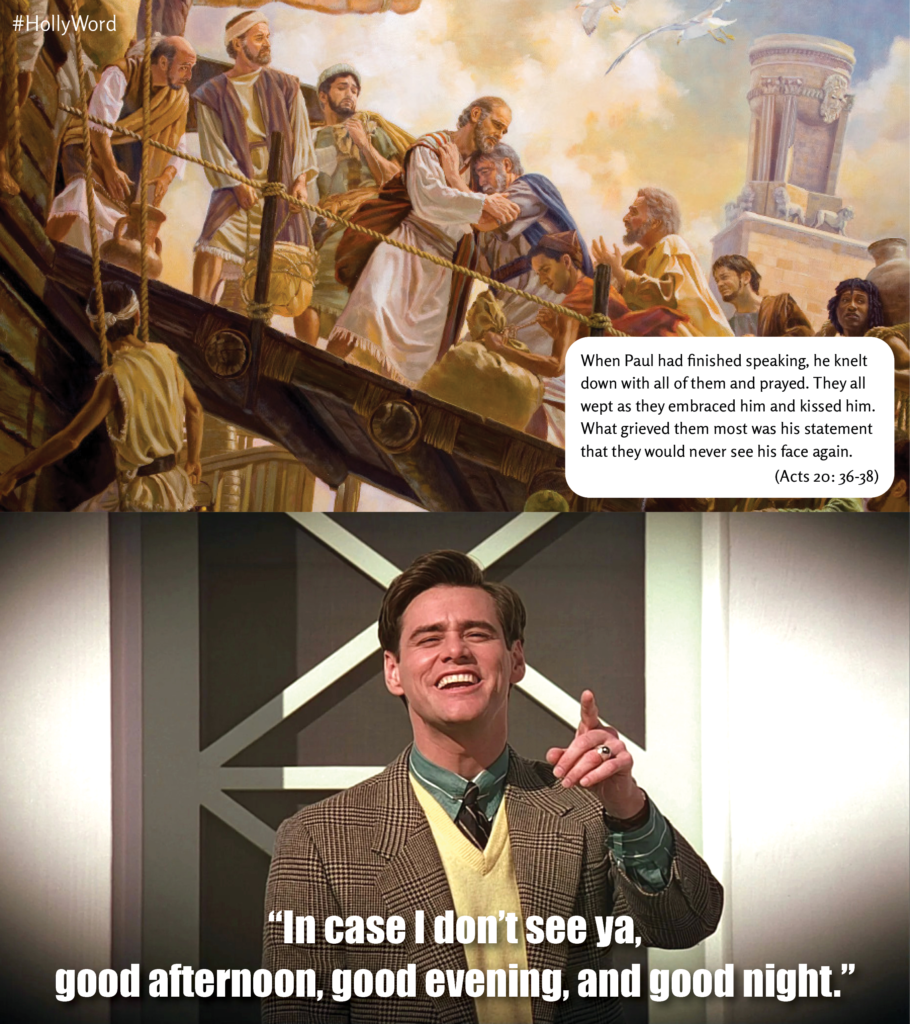


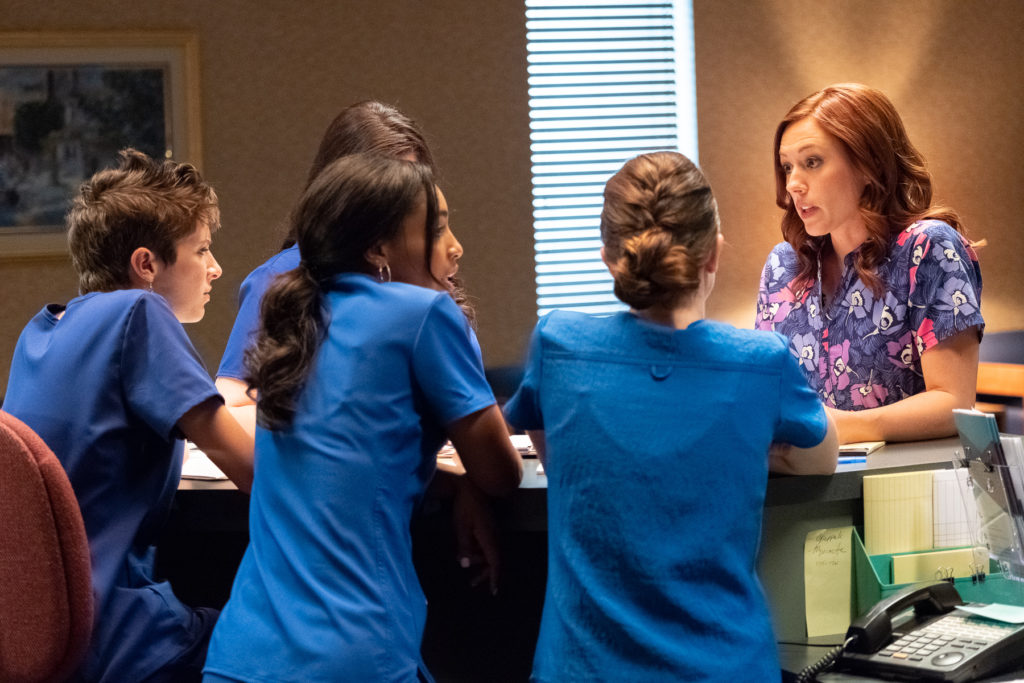







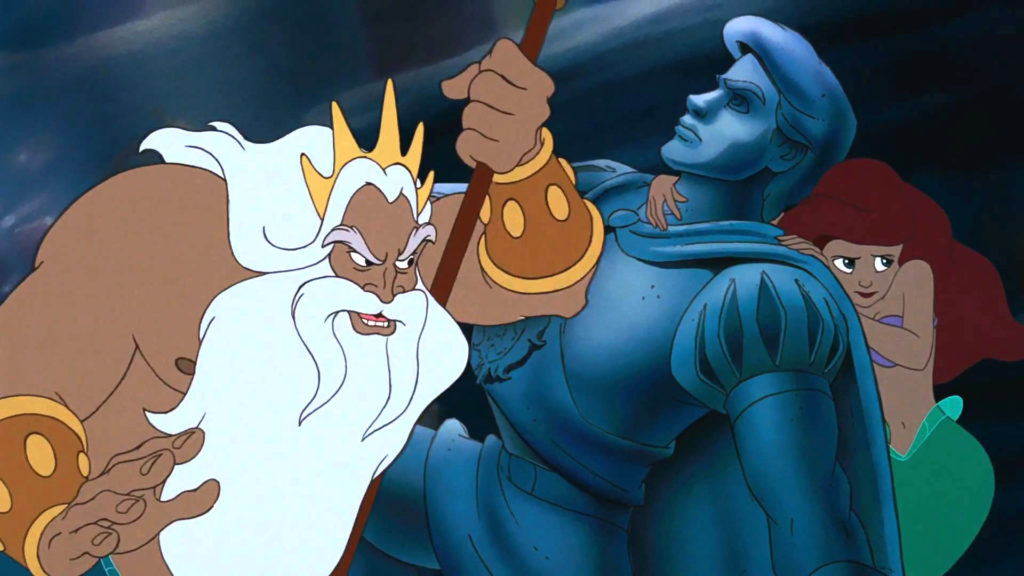




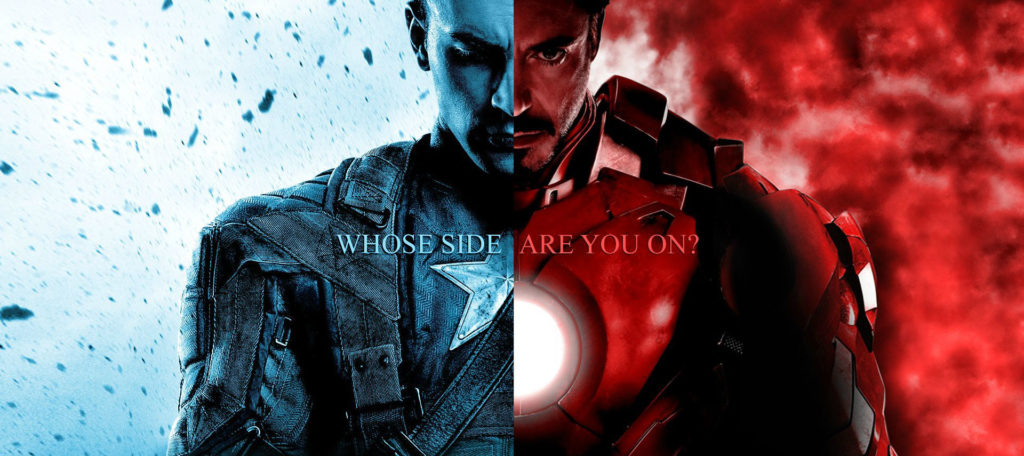
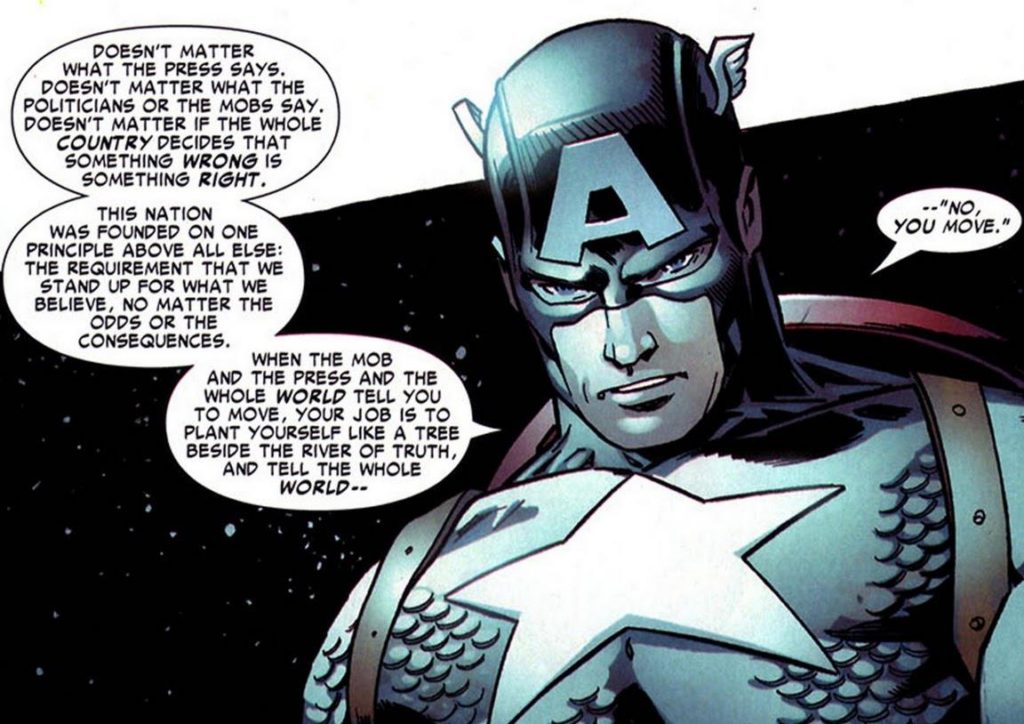
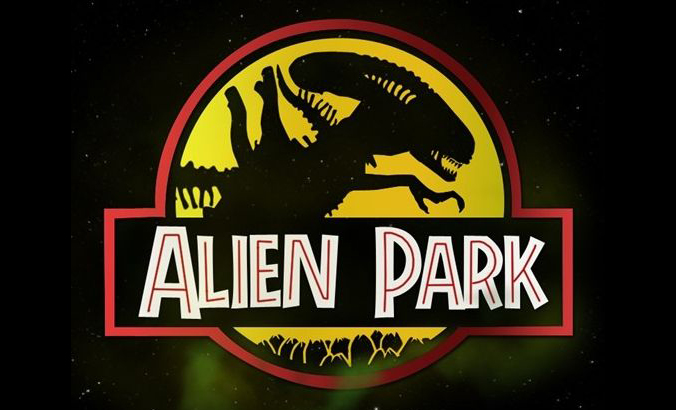
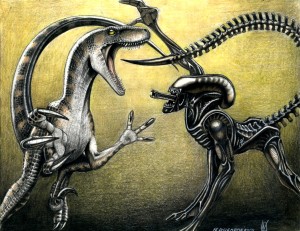
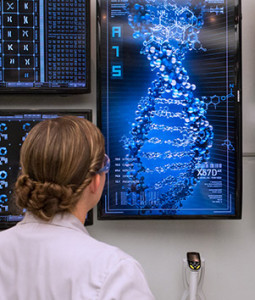 As well as this, the writers of both series apparently run out of good ideas and in the fourth film of both series, the arrogant humans begin making genetically modified hybrid creatures. In Alien: Resurrection, Ripley (or the clone of Ripley) is a genetic hybrid of human and alien and there is also a big bad alien that is a genetic hybrid of human and alien as well. In Jurassic World, the big bad Indominus Rex is a genetic hybrid of T-Rex, Velociraptor, Carnotaurus, Giganotosaurus, Majungasaurus, Rugops, Cuttlefish and tree frog. And why did the scientists in both series use genetic modification in their respective fourth film? So they could turn their monster into a weapon to be used by the military. Yikes! If that’s not a parallel, I don’t know what is! Personally, I think both series were just trying to “increase the wow factor” and by the fourth movie in the franchise, they didn’t leave themselves many places to go other than creating weaponised hybrid monsters. It may have nicely fit in the overarching “men vs nature” theme, but as I’d have to agree with Chris Pratt’s character, Owen Grady when he says, “Probably not a good idea.”
As well as this, the writers of both series apparently run out of good ideas and in the fourth film of both series, the arrogant humans begin making genetically modified hybrid creatures. In Alien: Resurrection, Ripley (or the clone of Ripley) is a genetic hybrid of human and alien and there is also a big bad alien that is a genetic hybrid of human and alien as well. In Jurassic World, the big bad Indominus Rex is a genetic hybrid of T-Rex, Velociraptor, Carnotaurus, Giganotosaurus, Majungasaurus, Rugops, Cuttlefish and tree frog. And why did the scientists in both series use genetic modification in their respective fourth film? So they could turn their monster into a weapon to be used by the military. Yikes! If that’s not a parallel, I don’t know what is! Personally, I think both series were just trying to “increase the wow factor” and by the fourth movie in the franchise, they didn’t leave themselves many places to go other than creating weaponised hybrid monsters. It may have nicely fit in the overarching “men vs nature” theme, but as I’d have to agree with Chris Pratt’s character, Owen Grady when he says, “Probably not a good idea.”